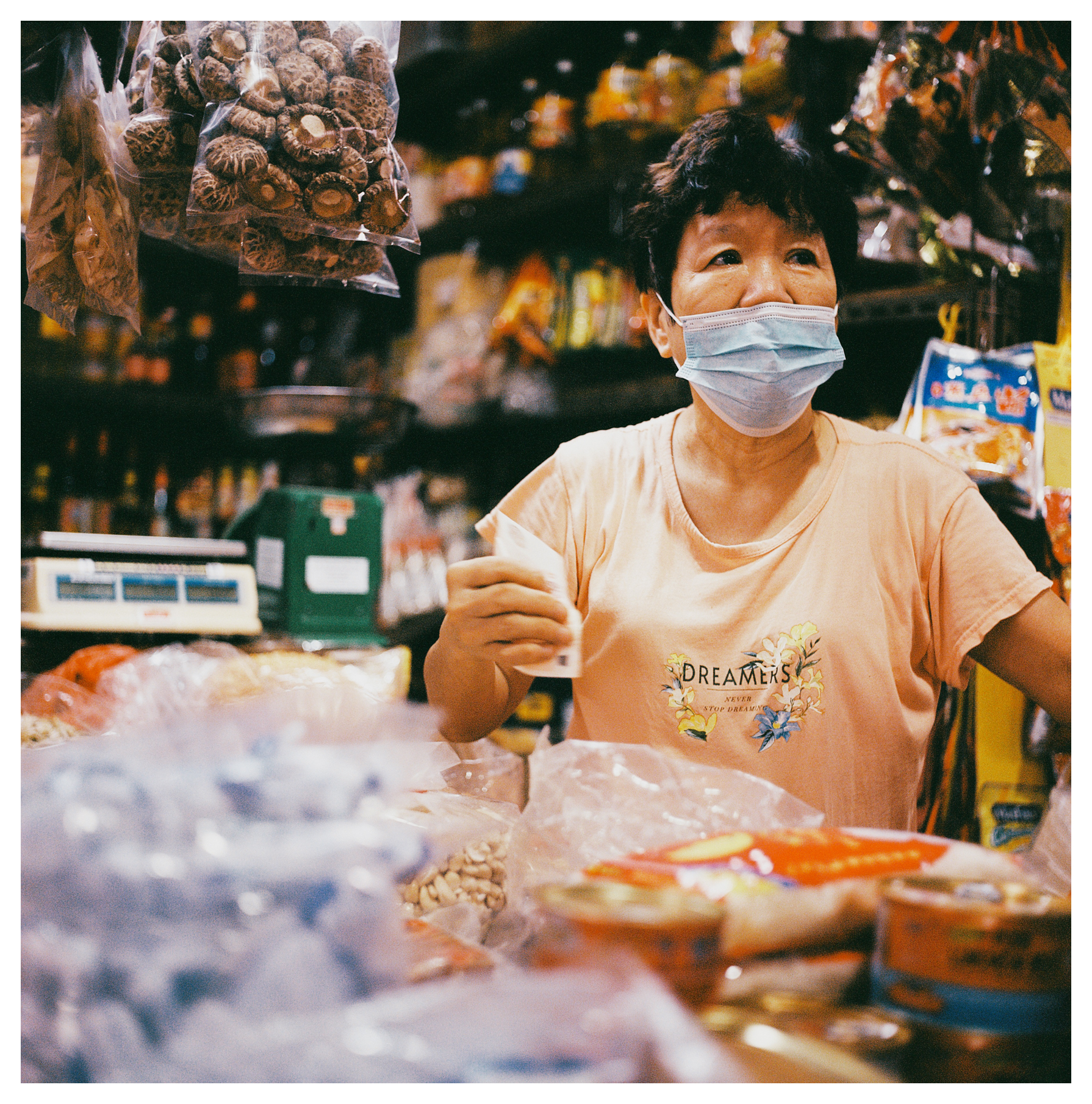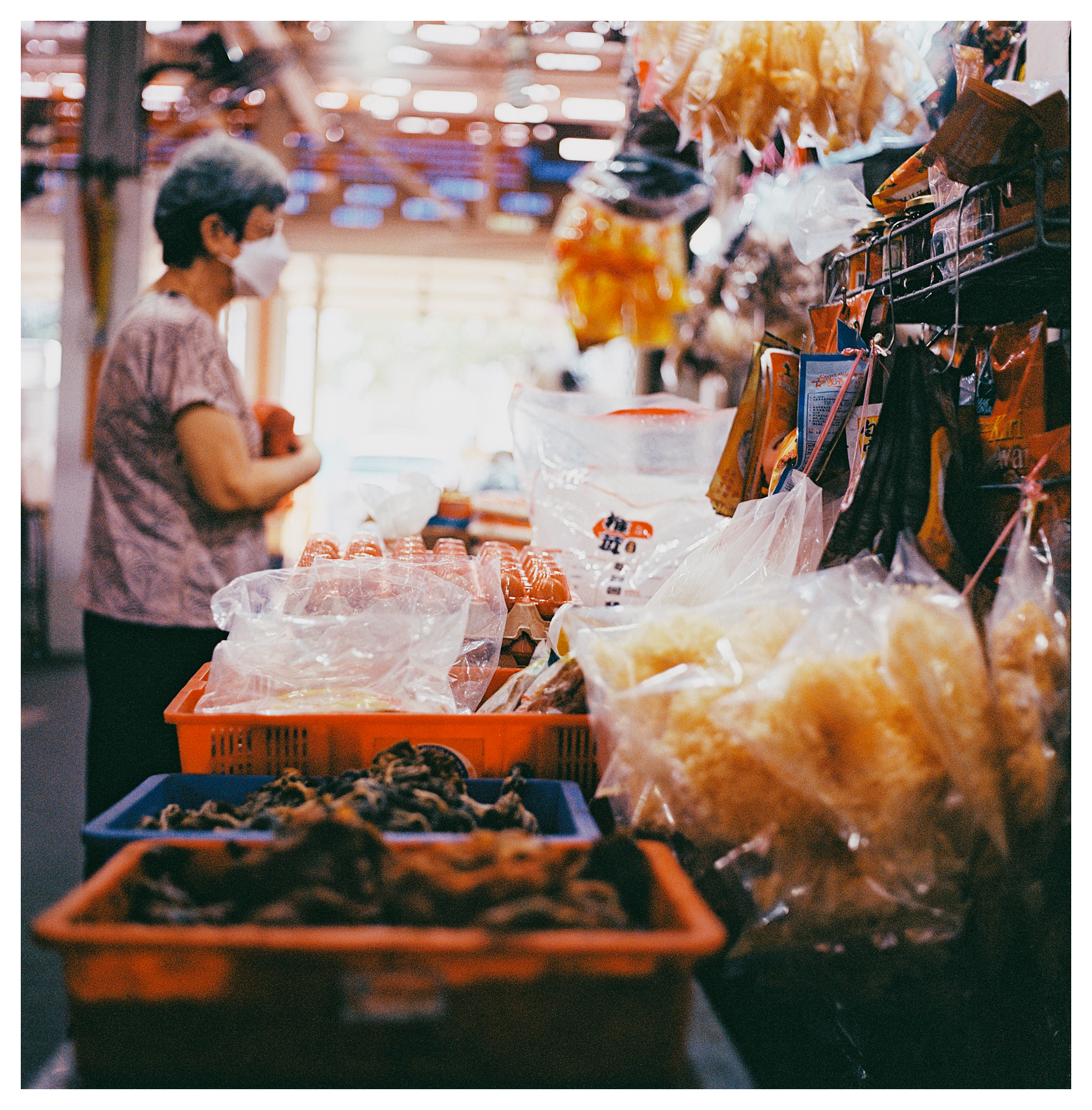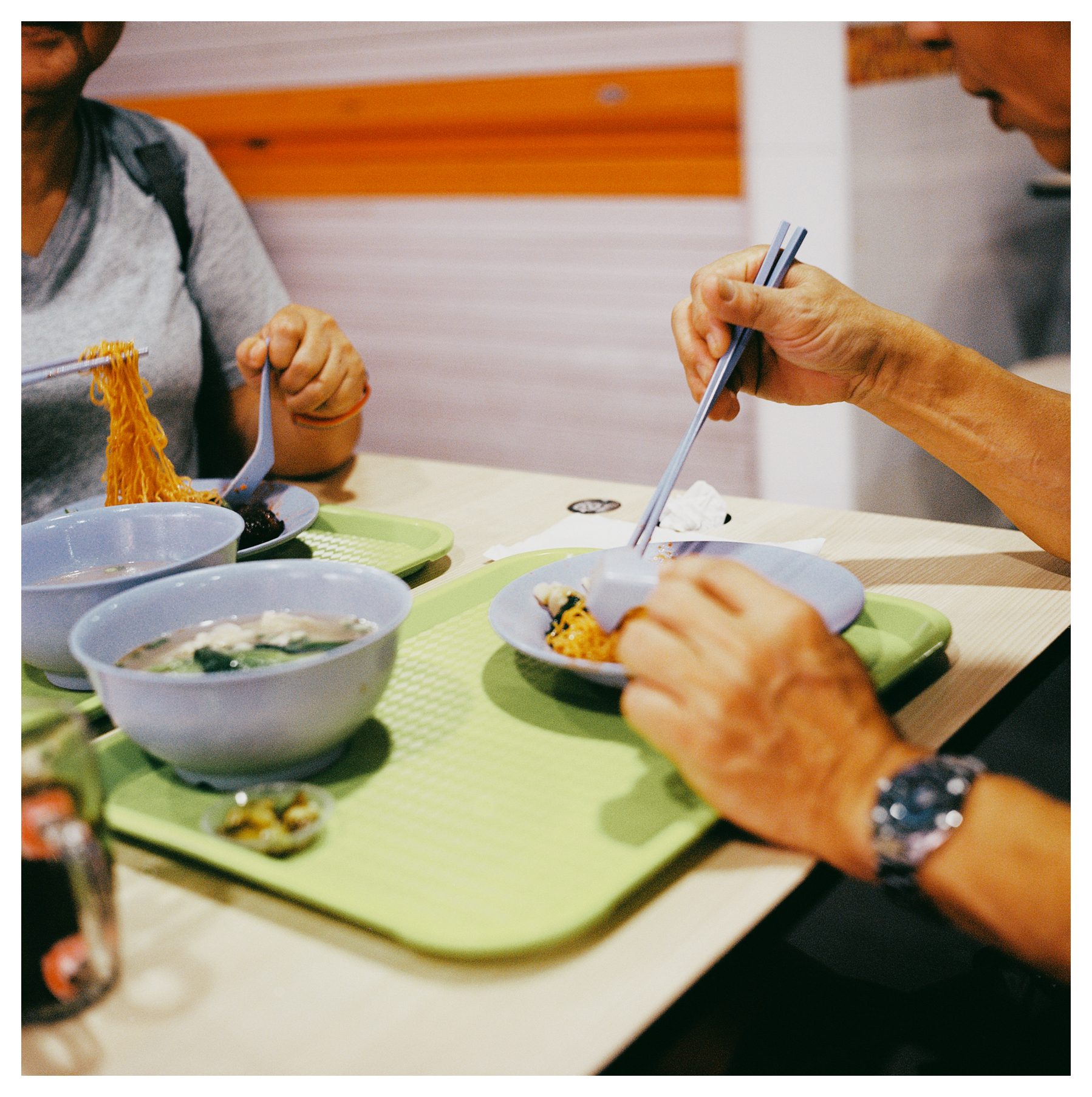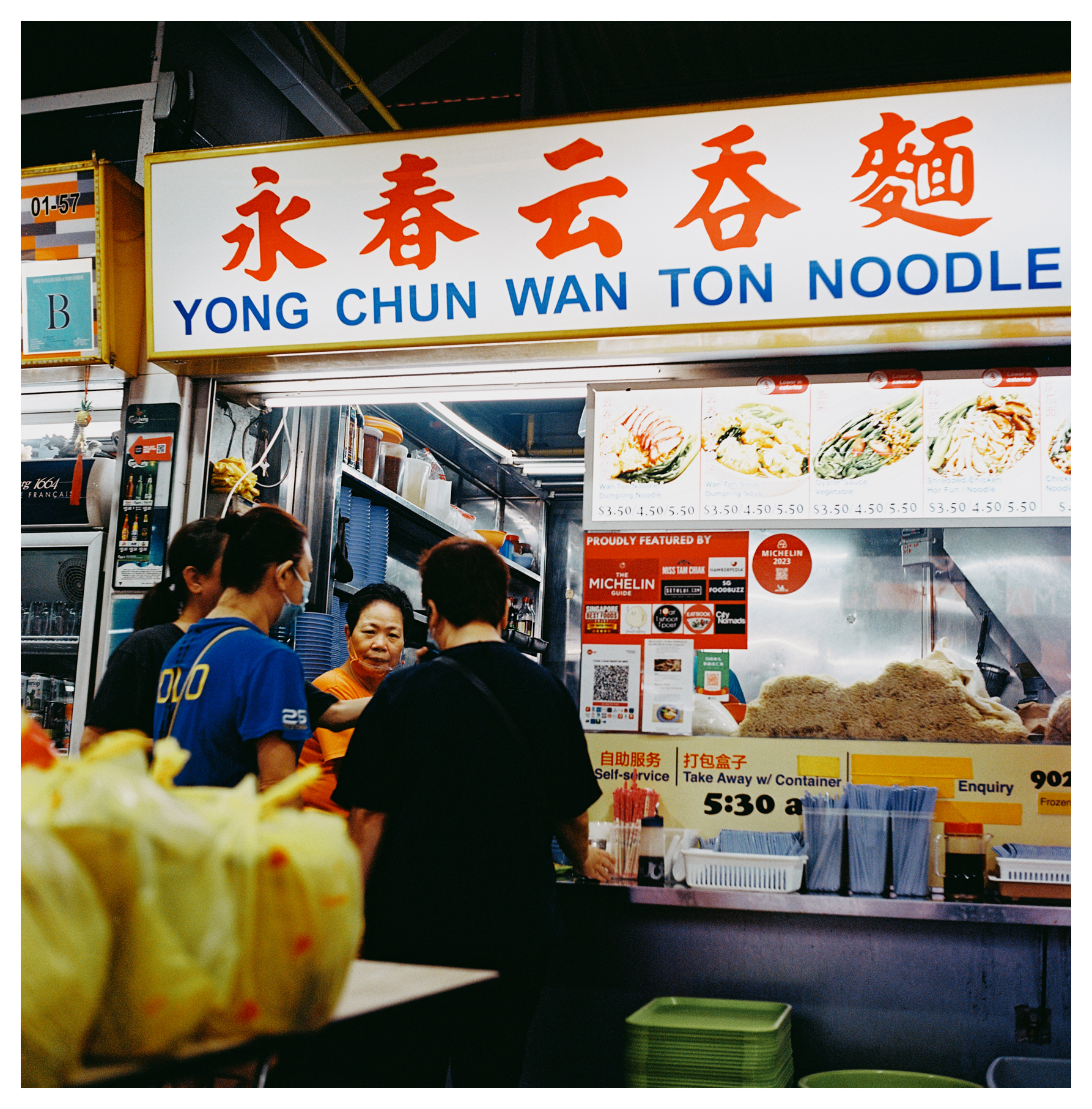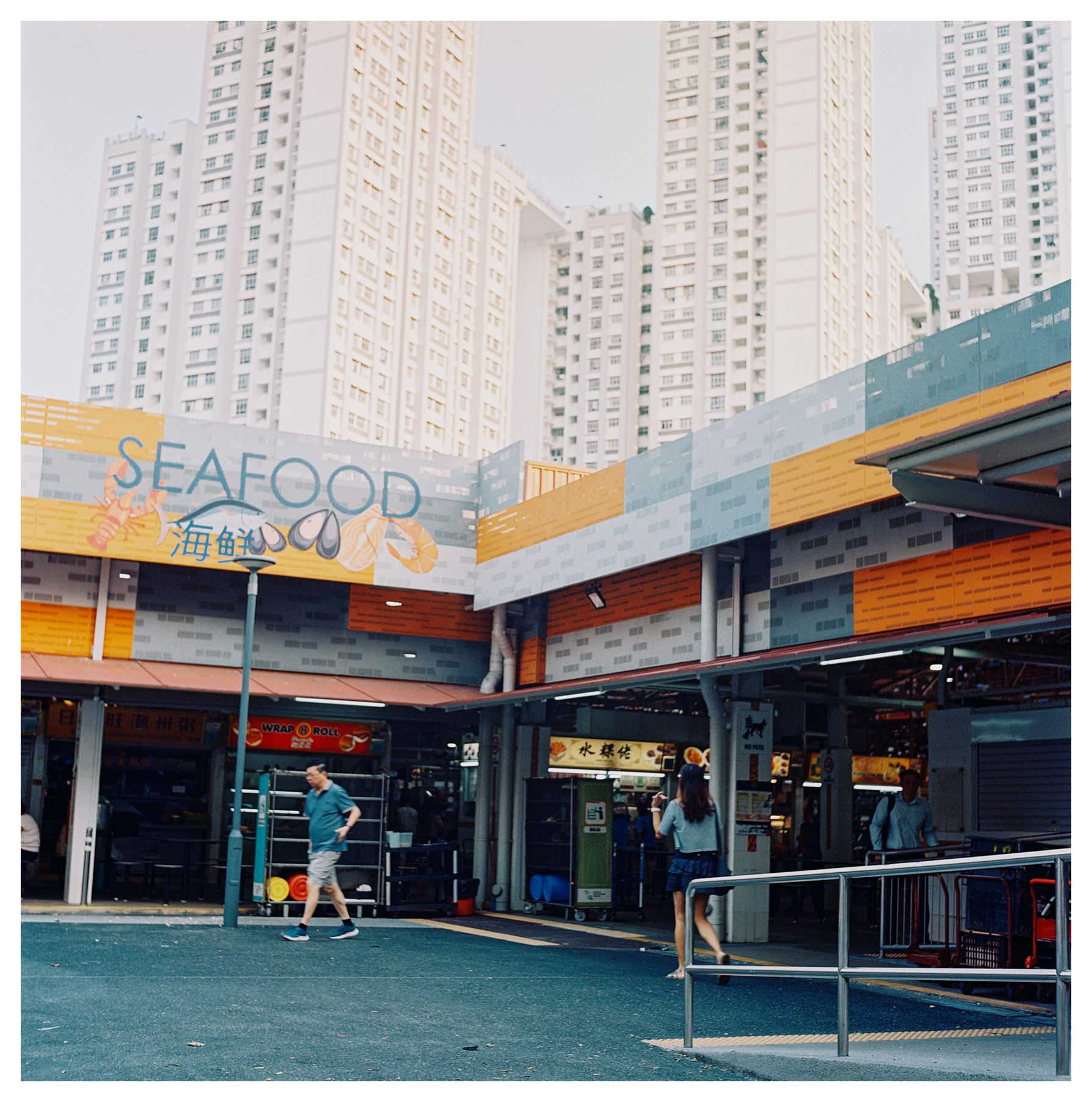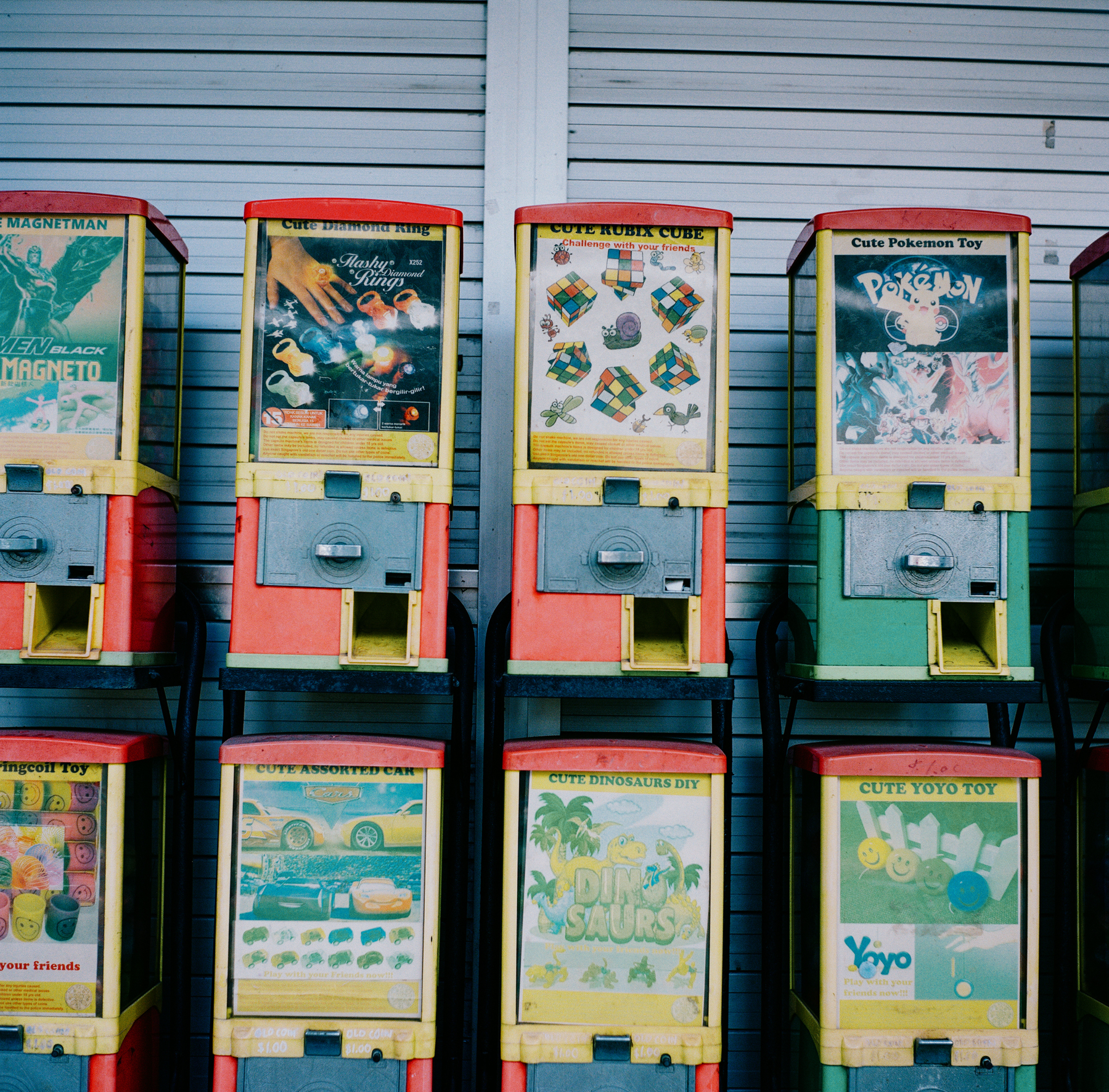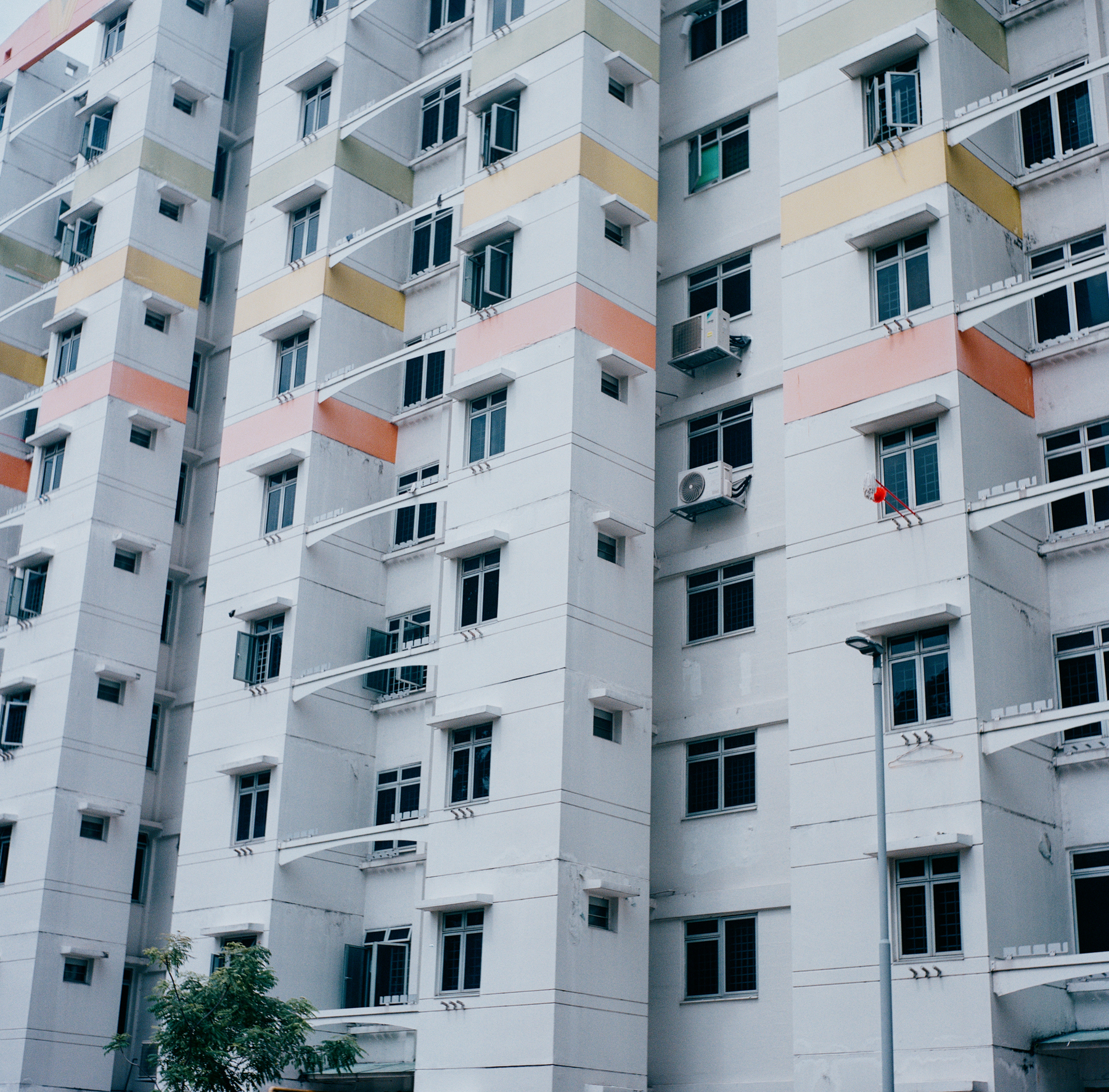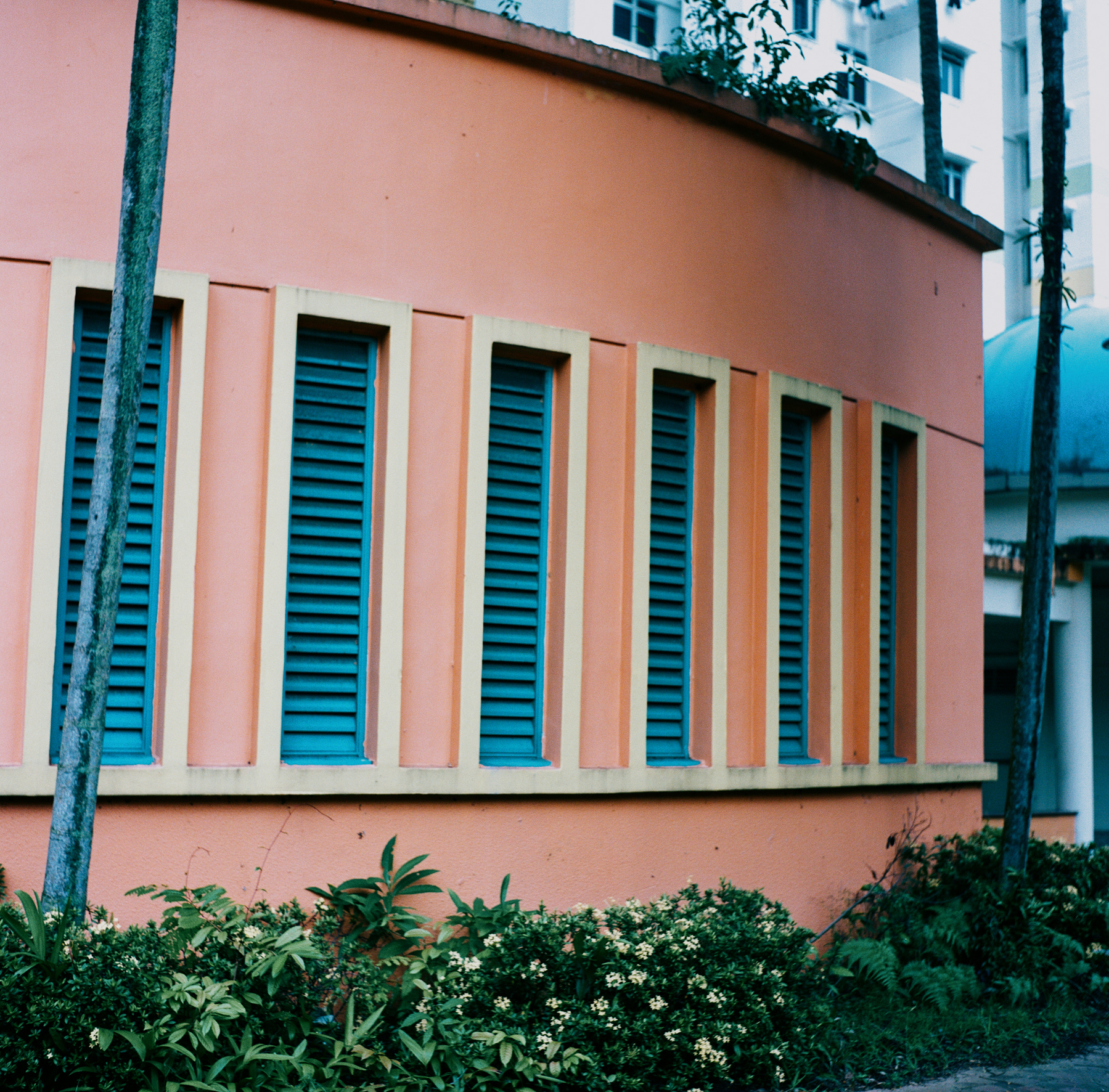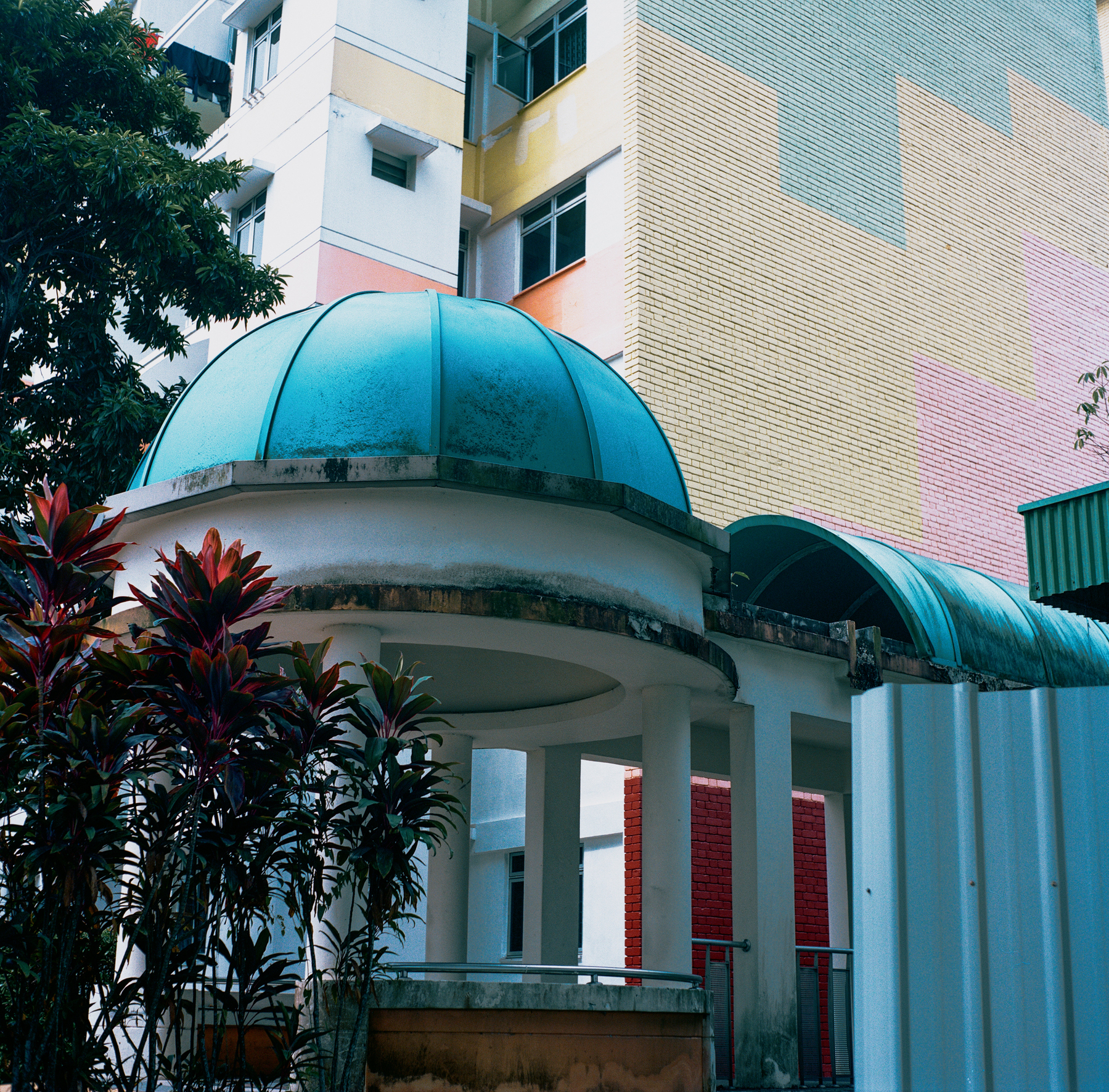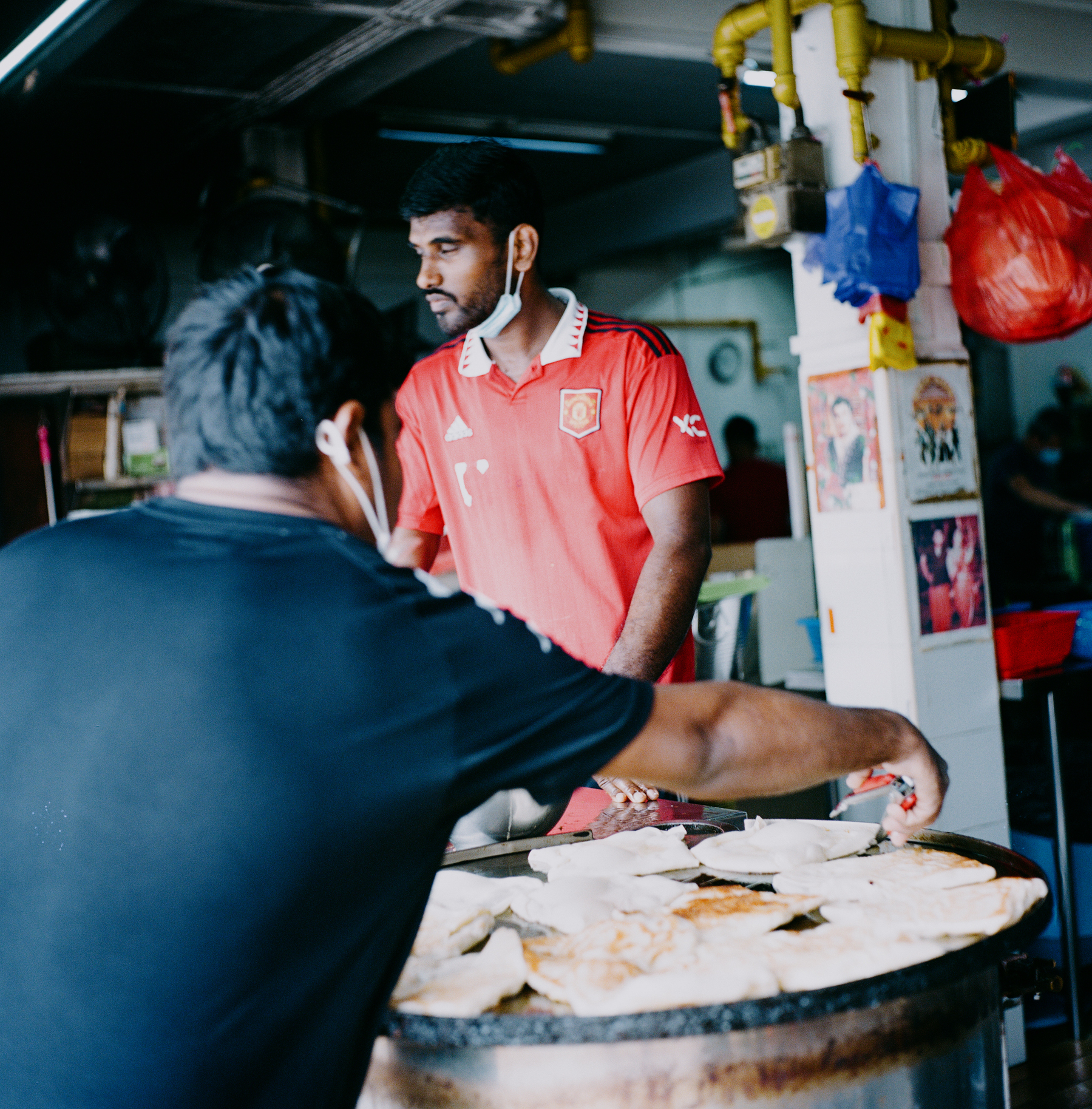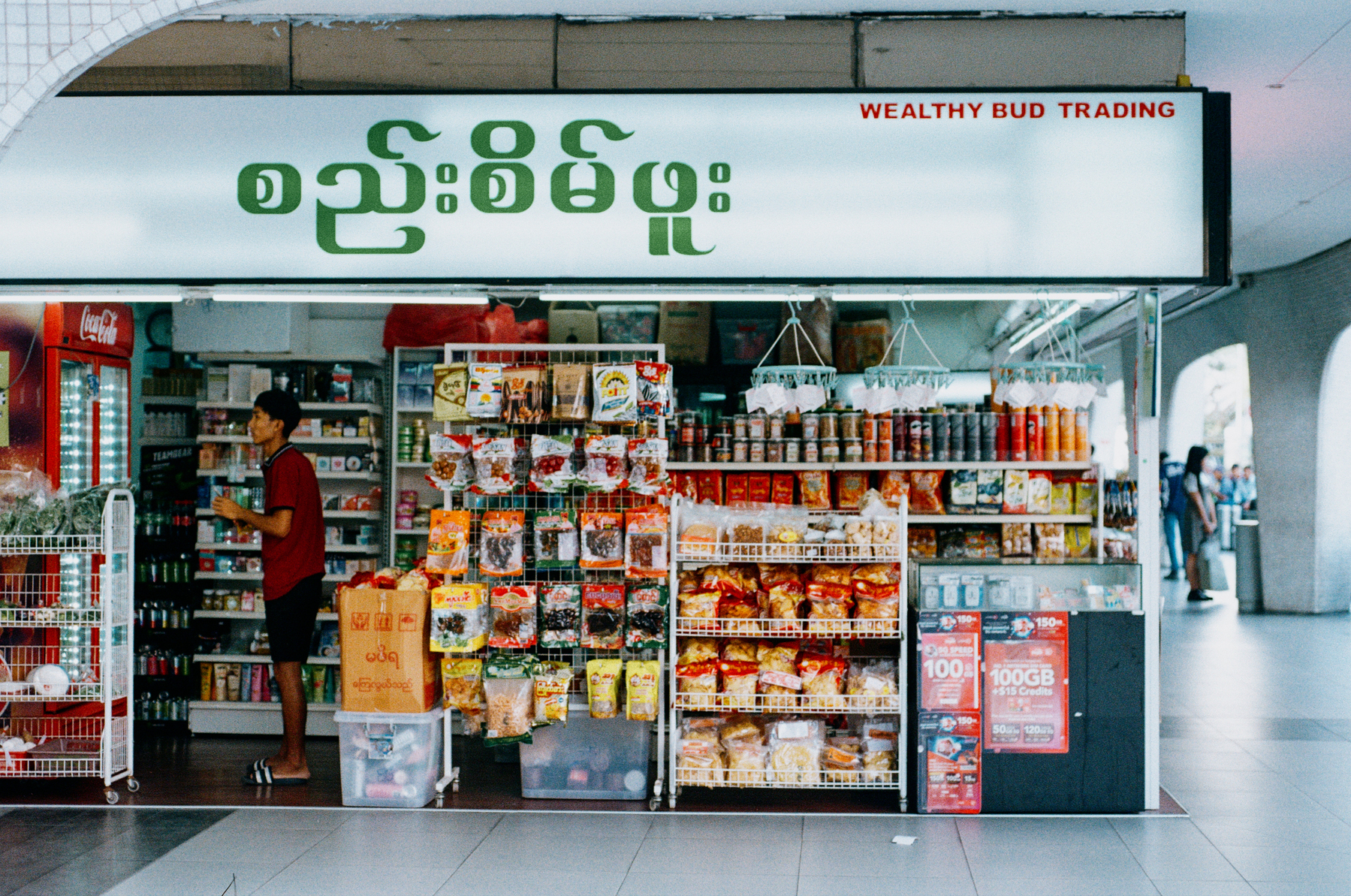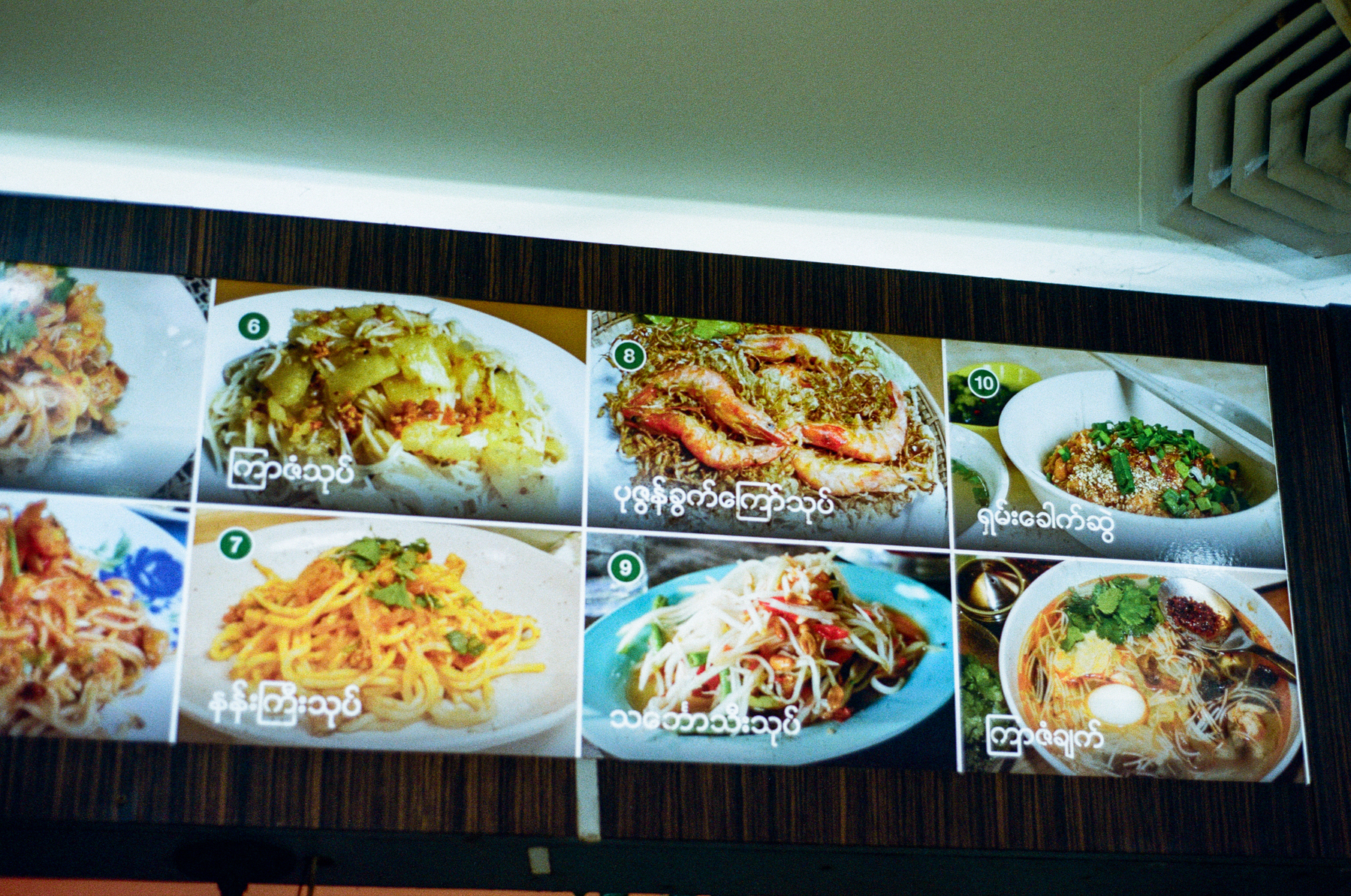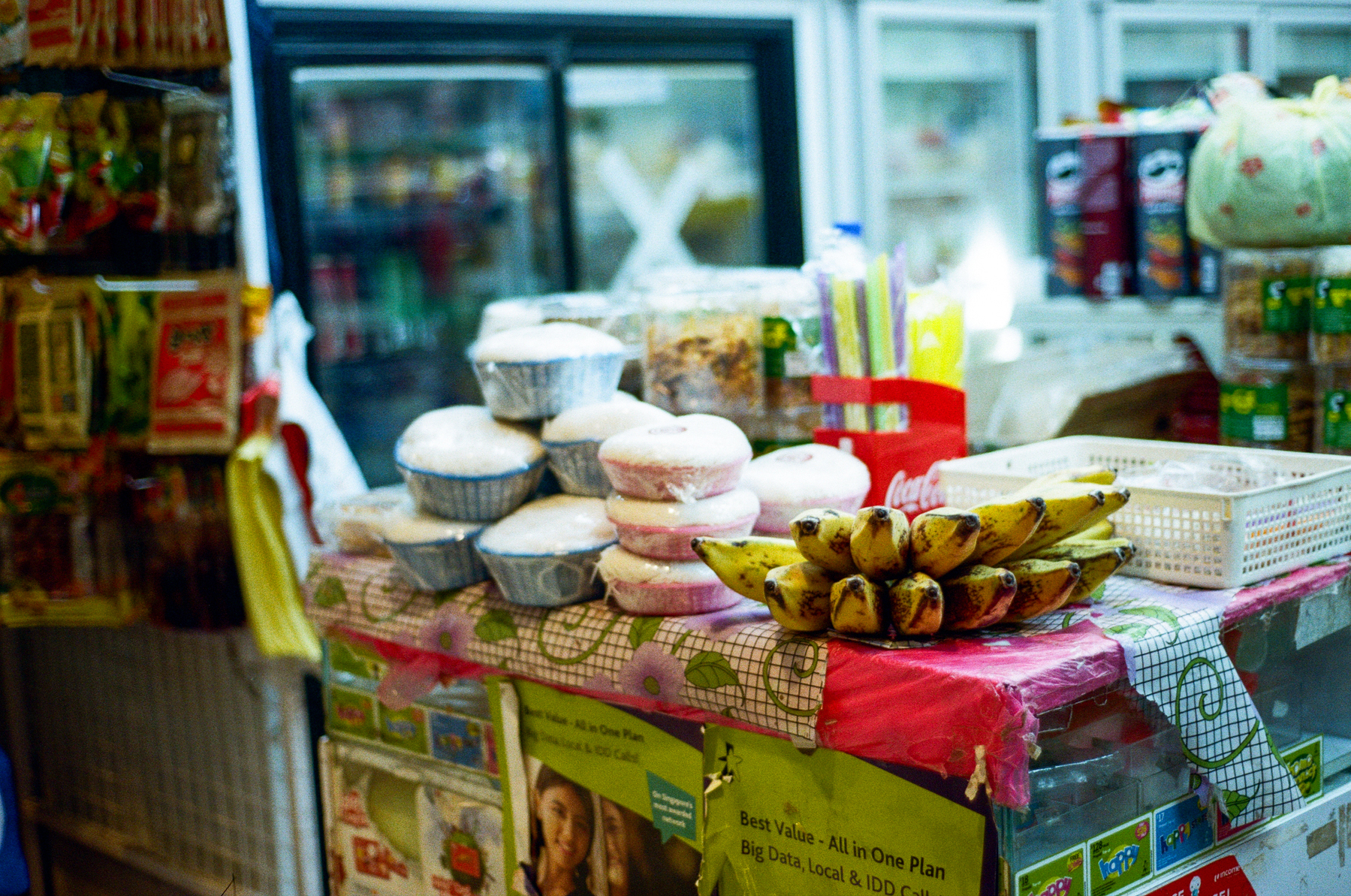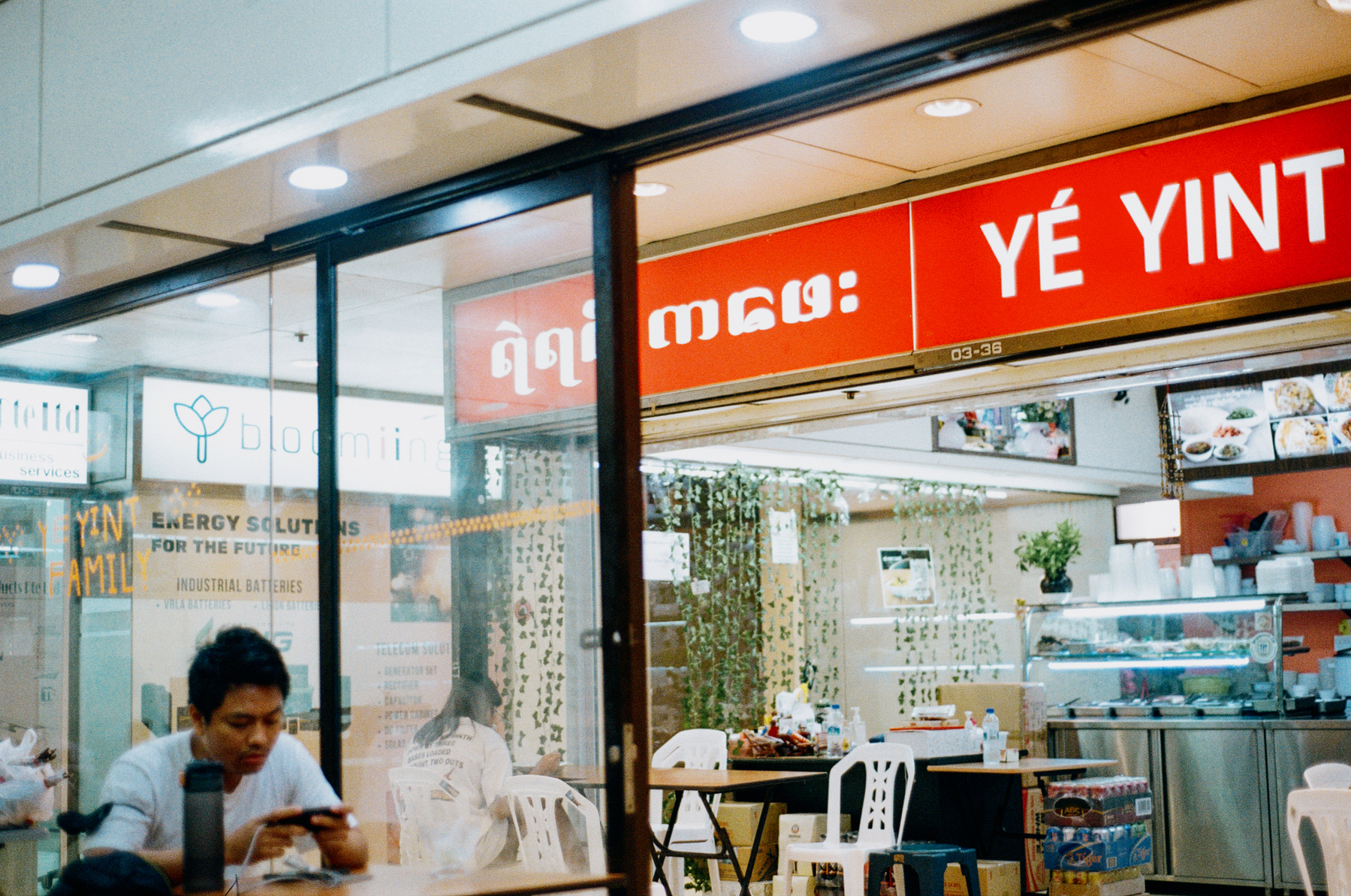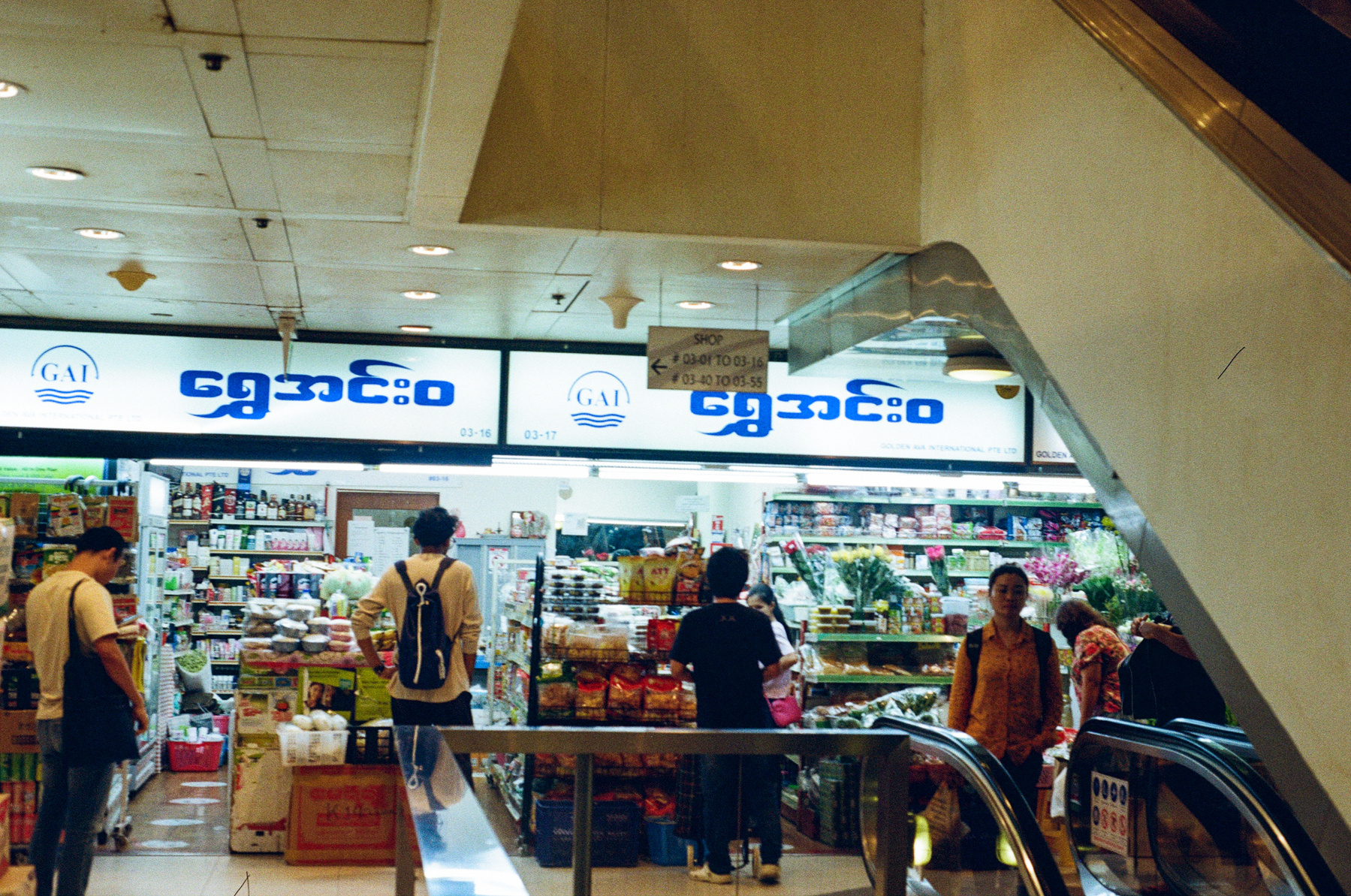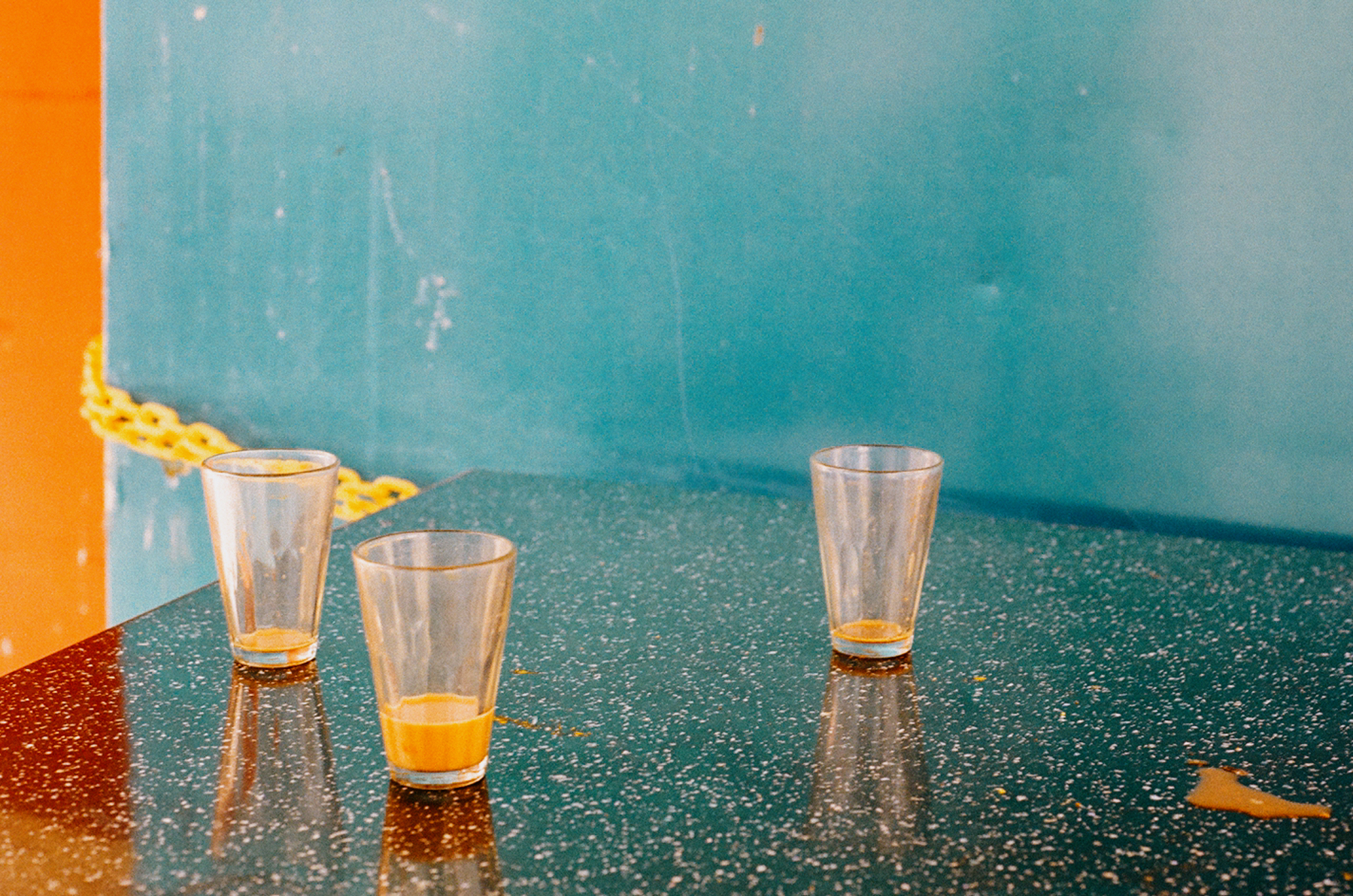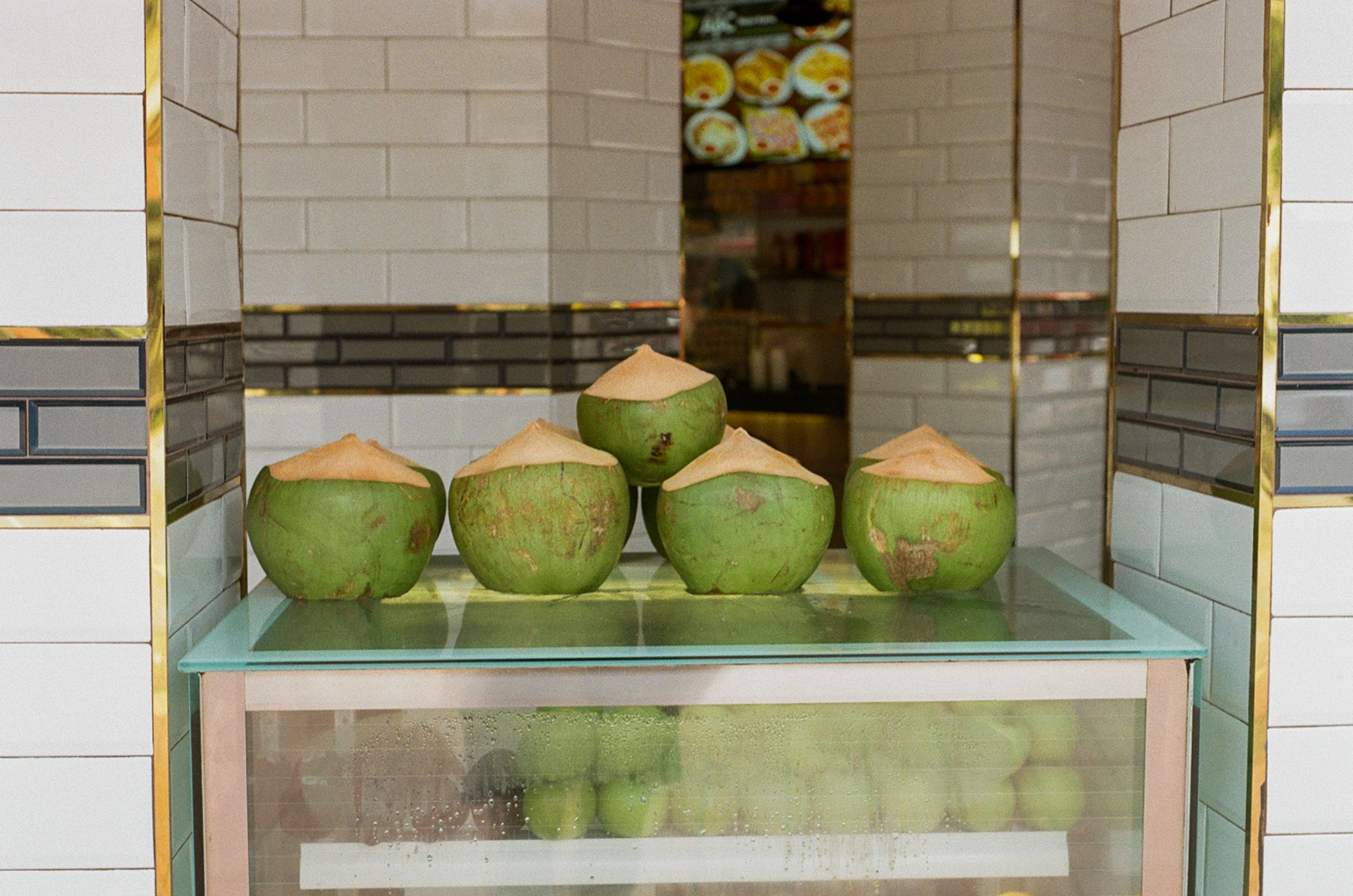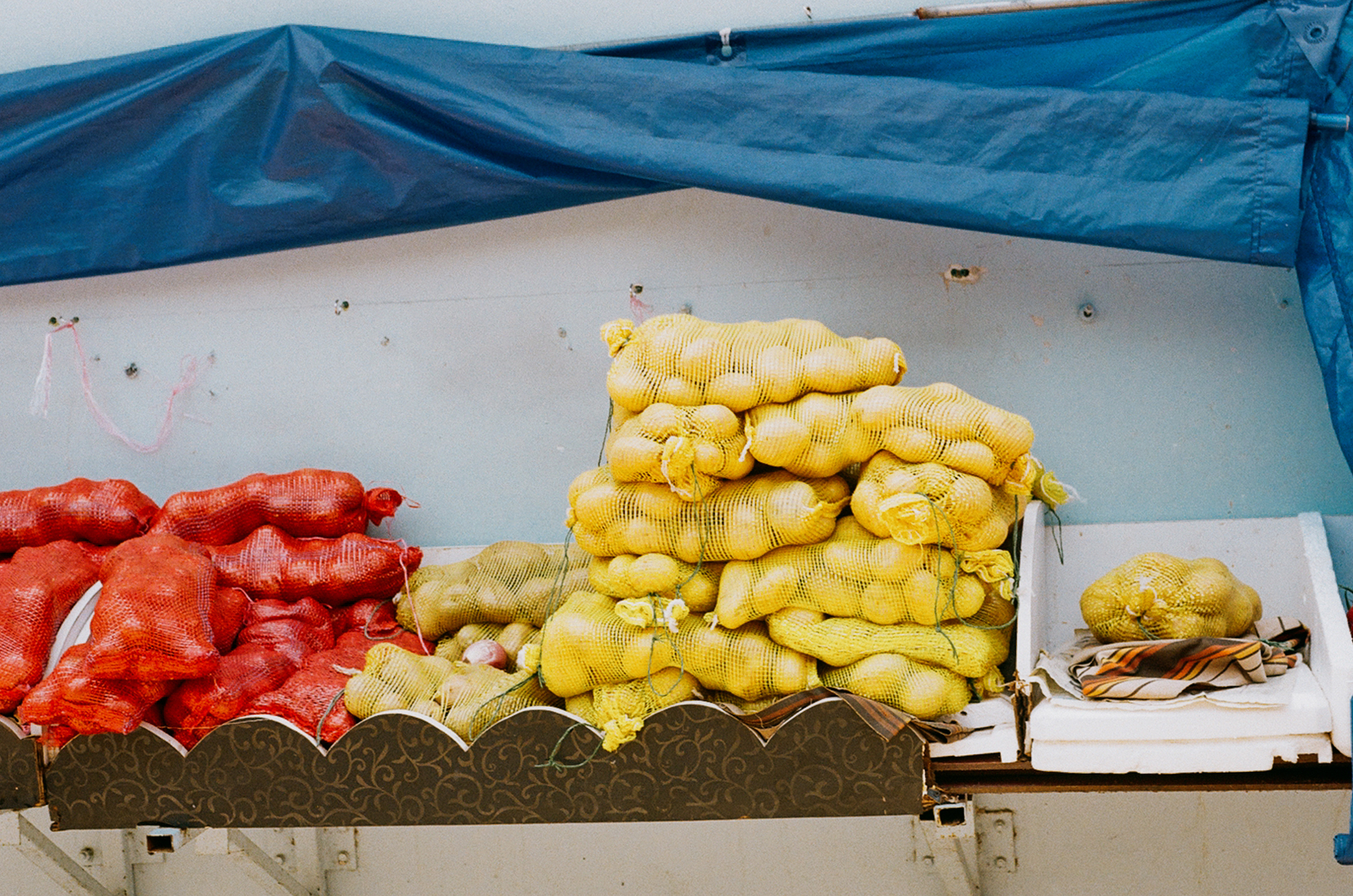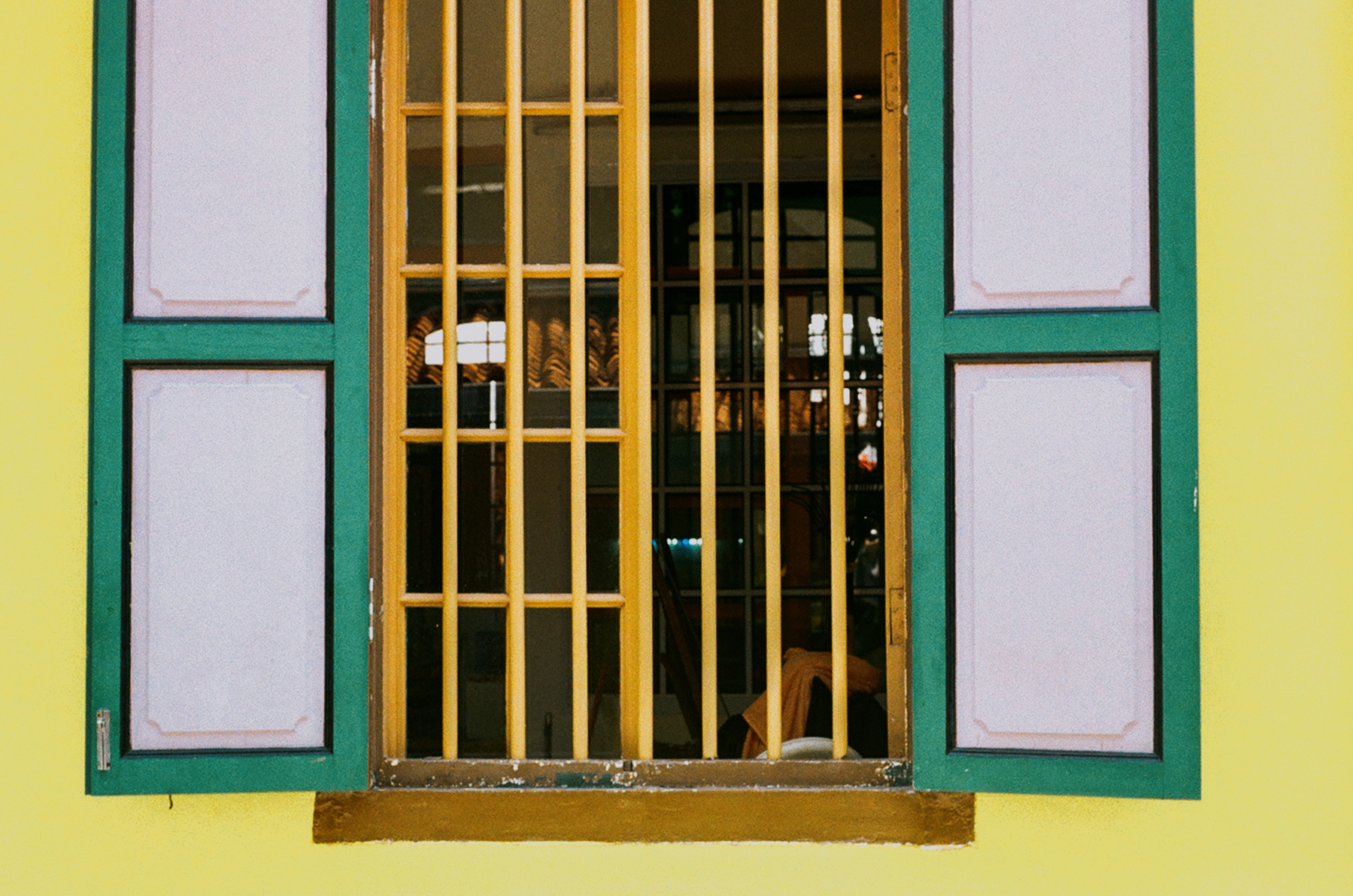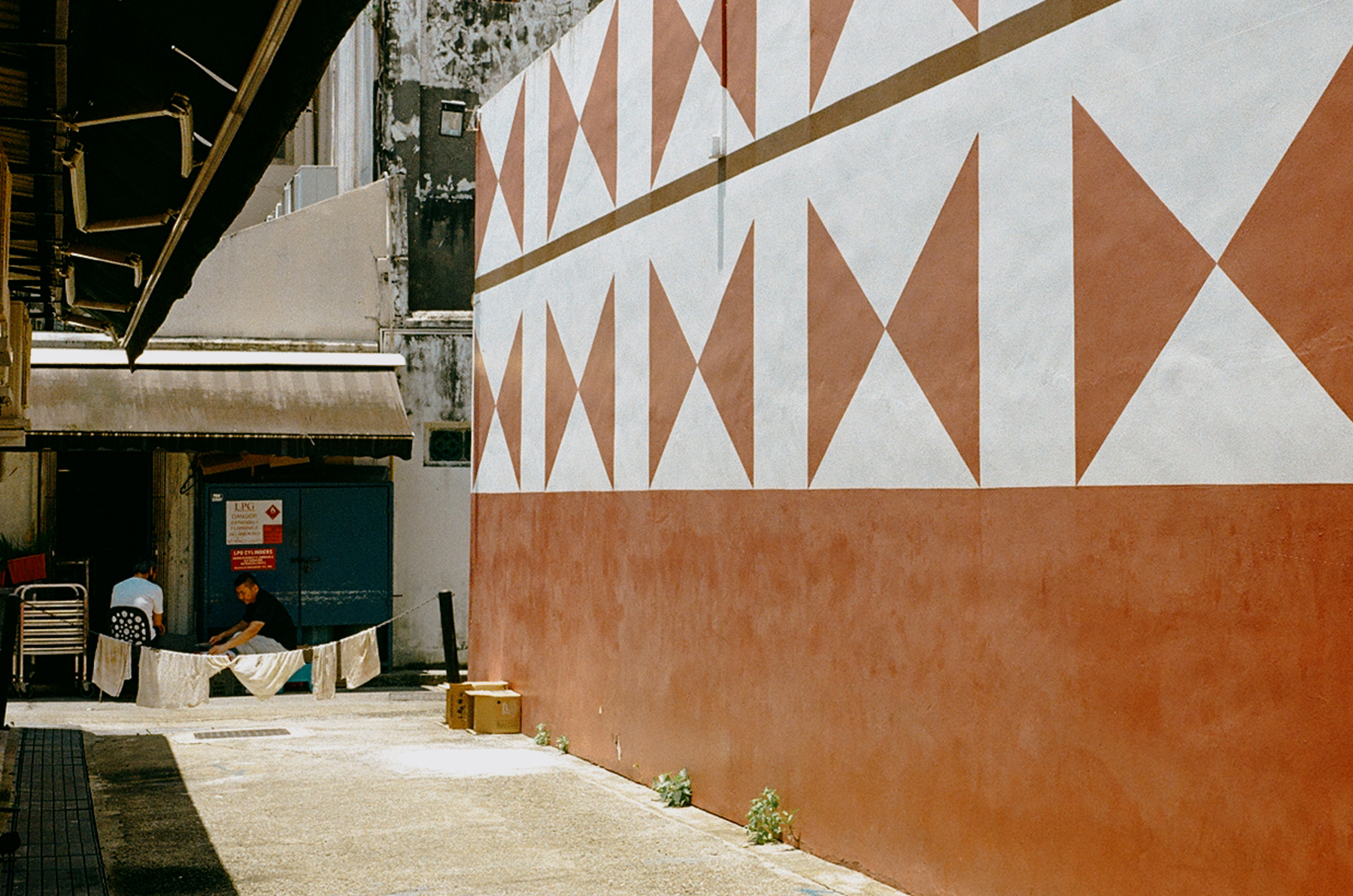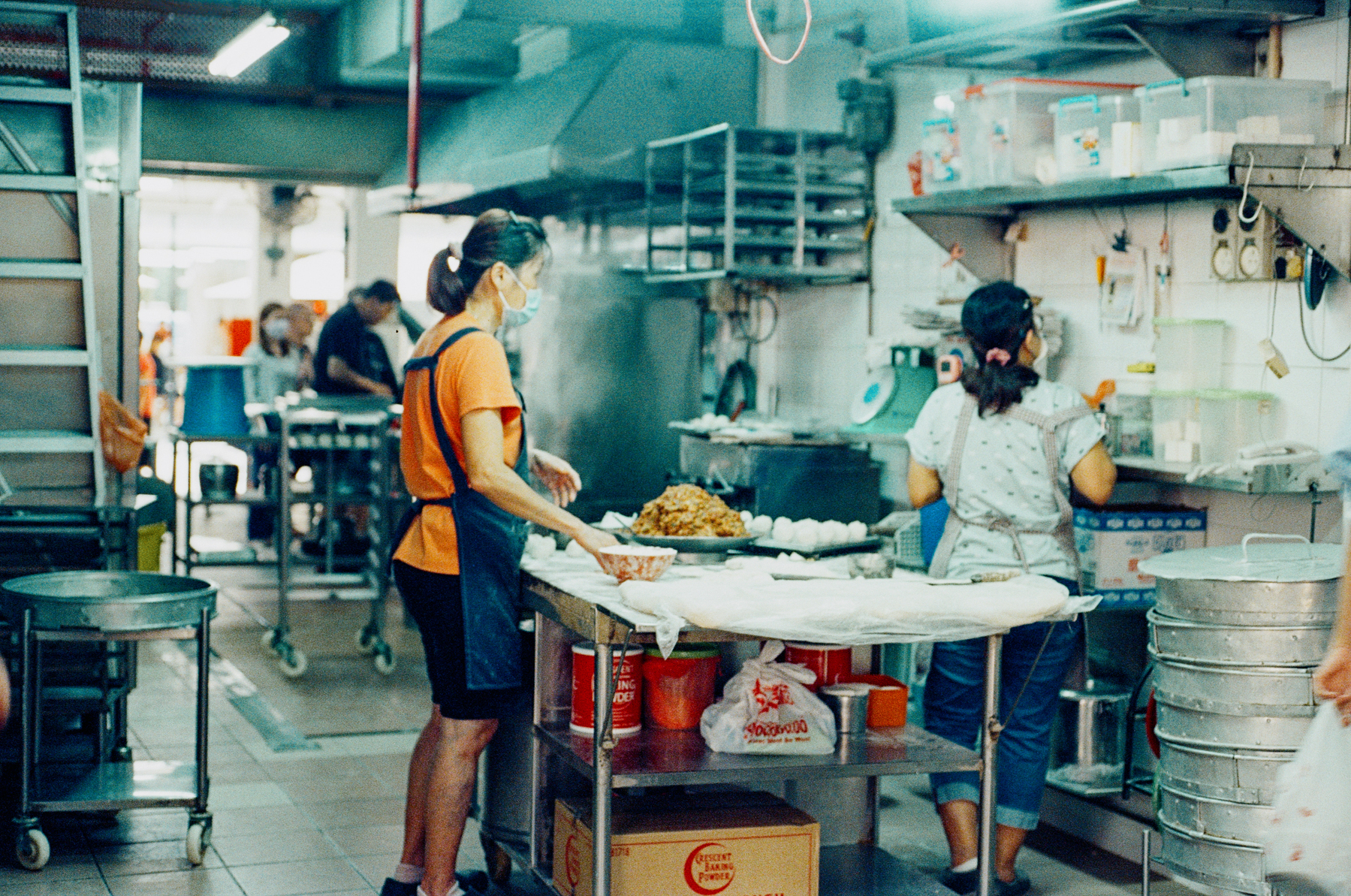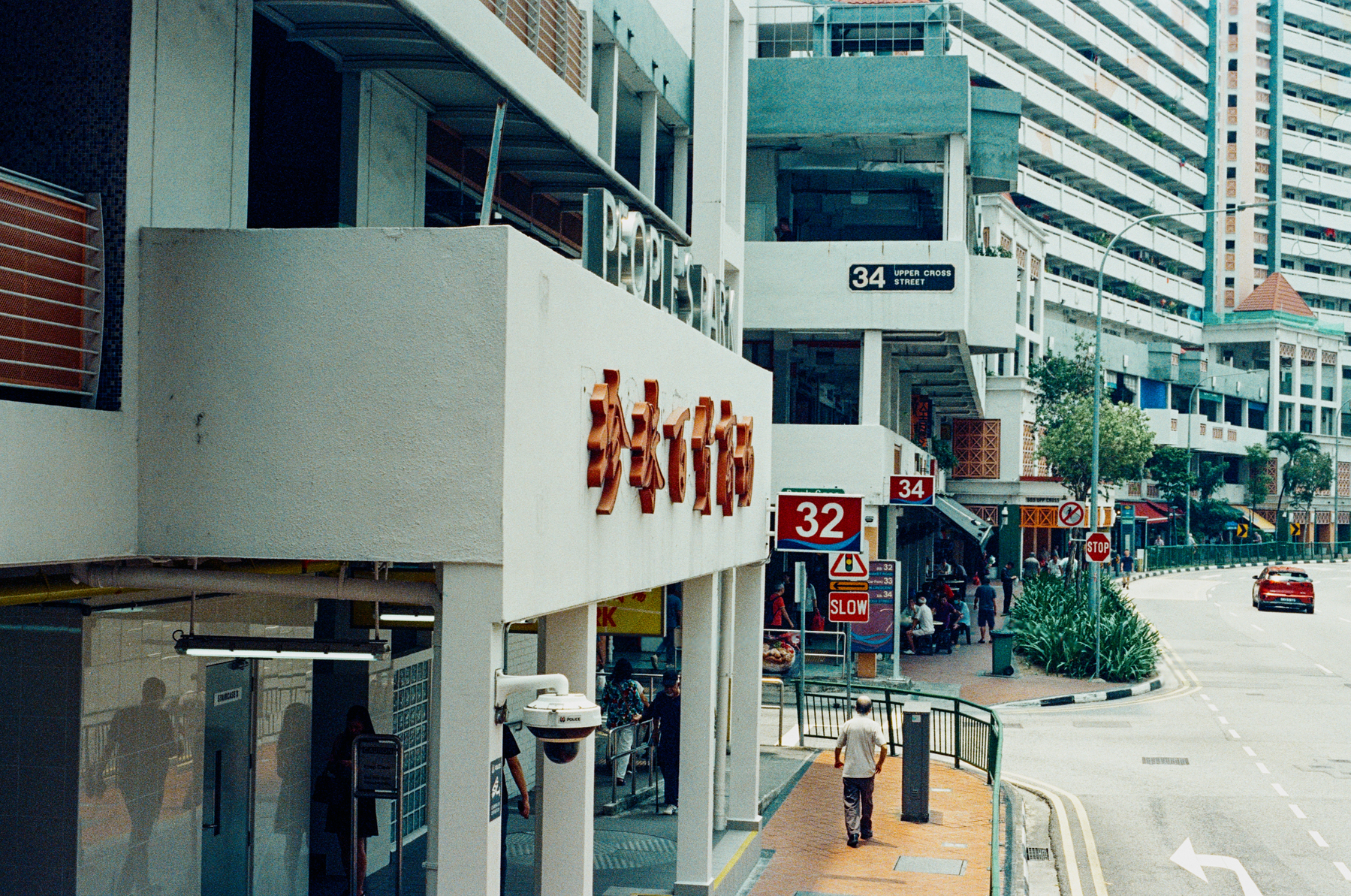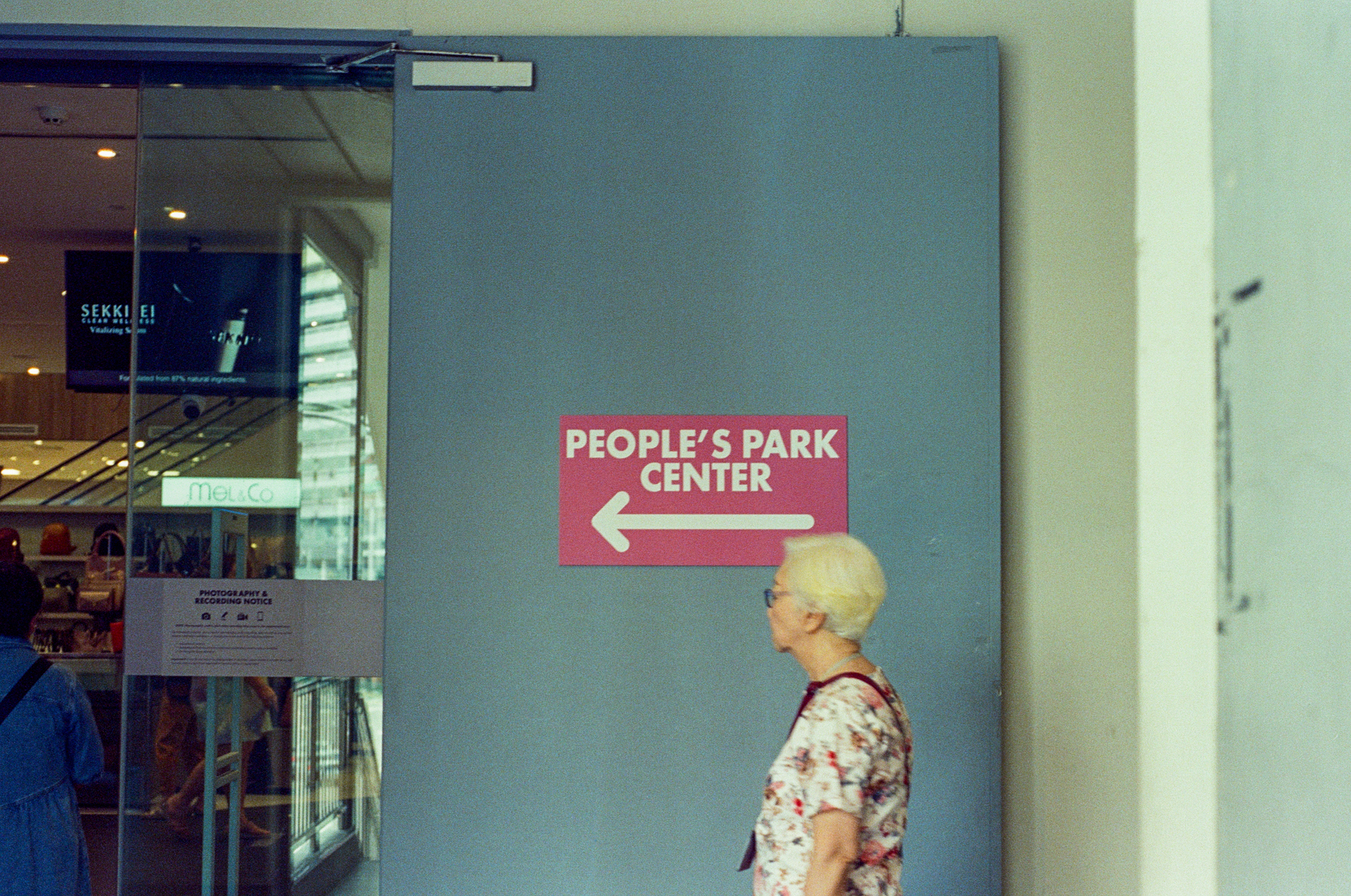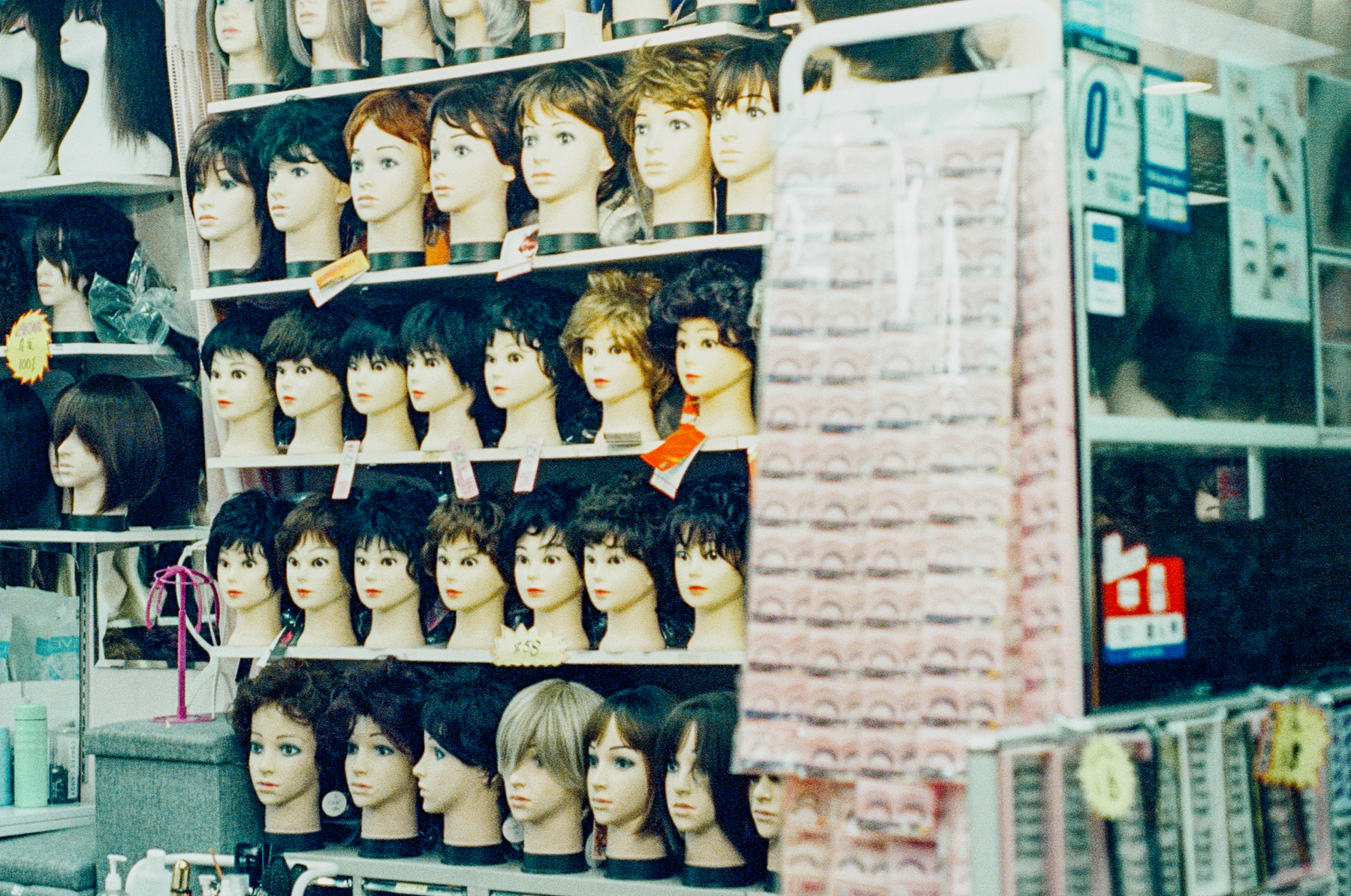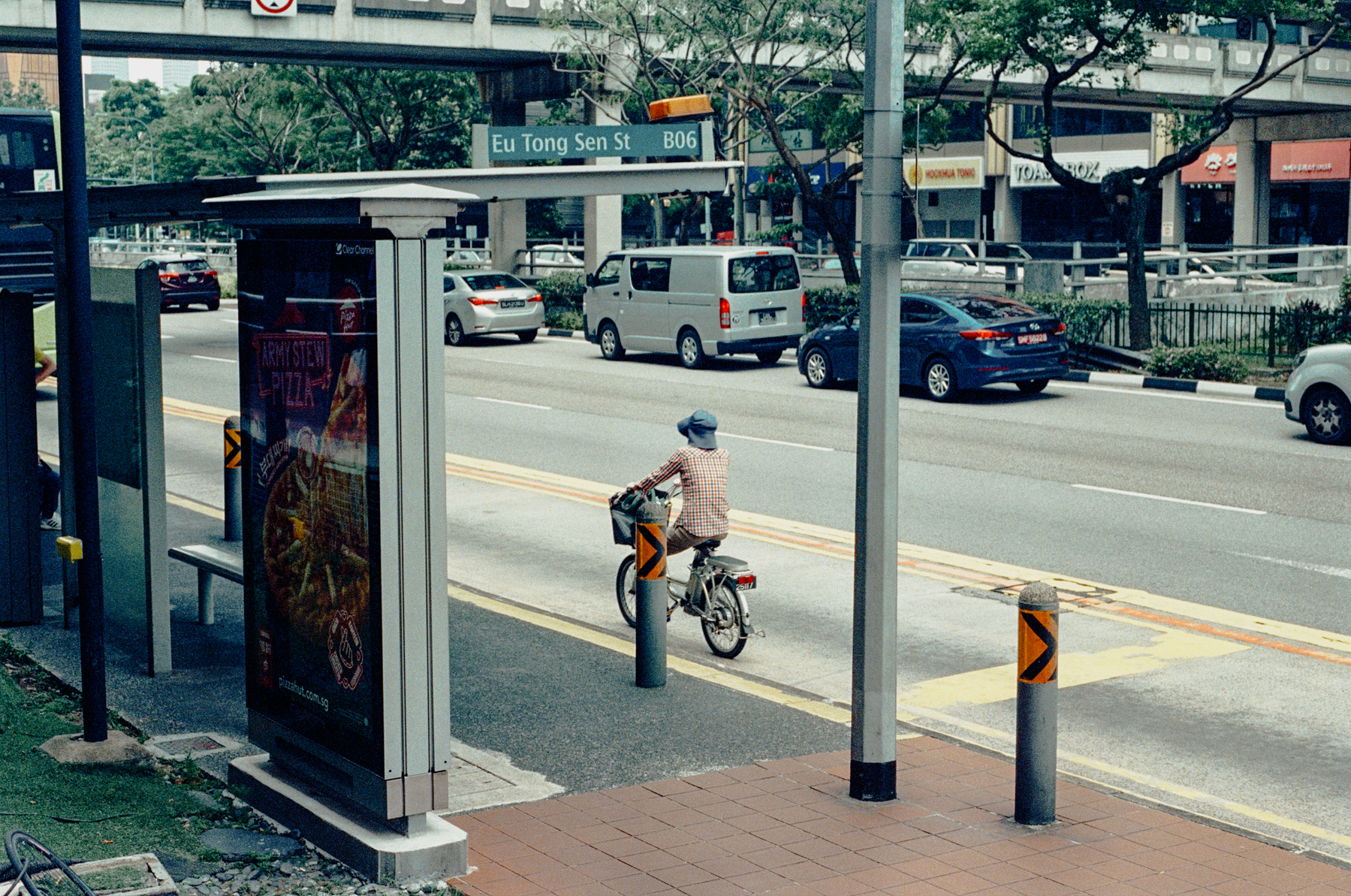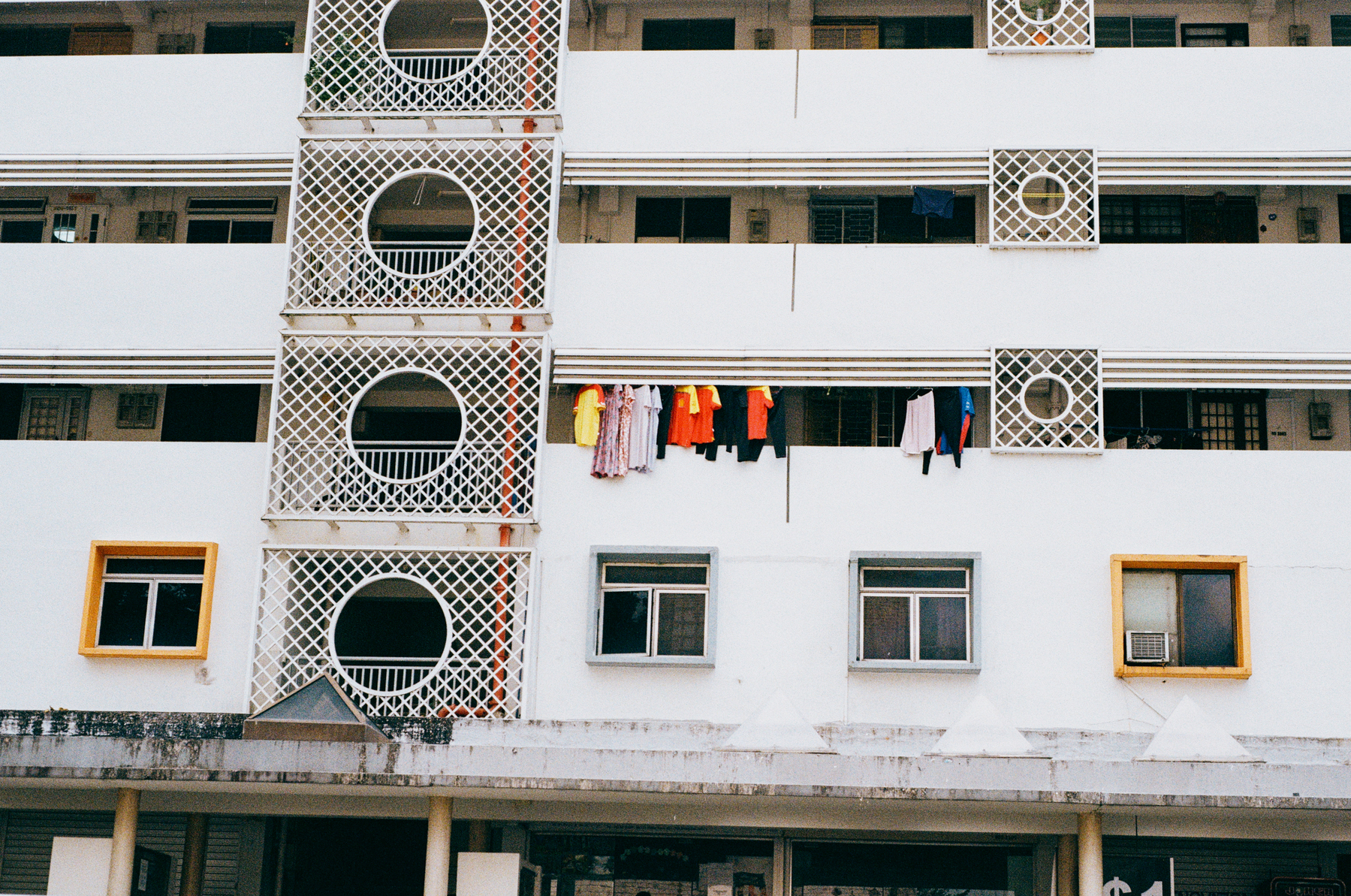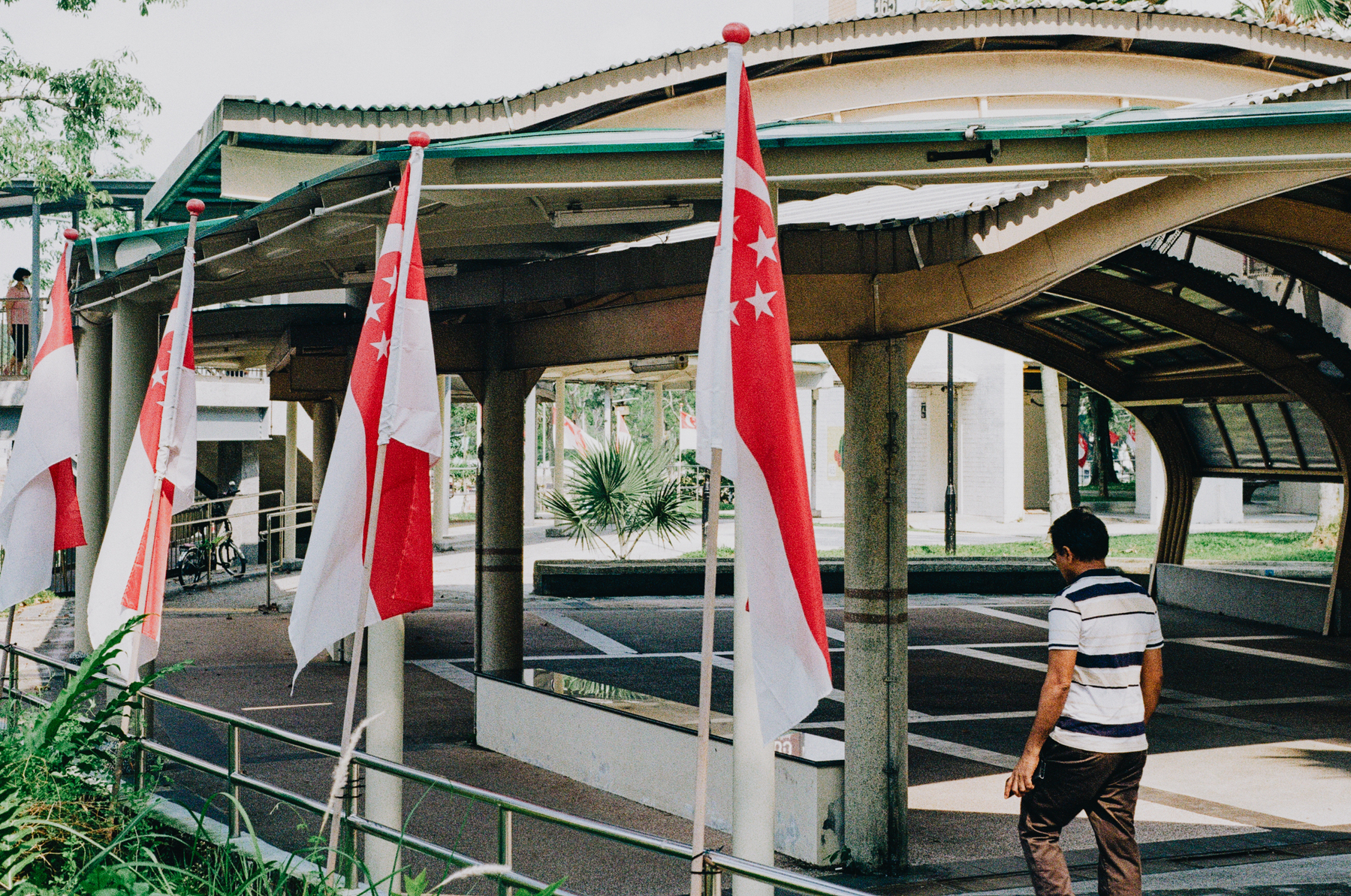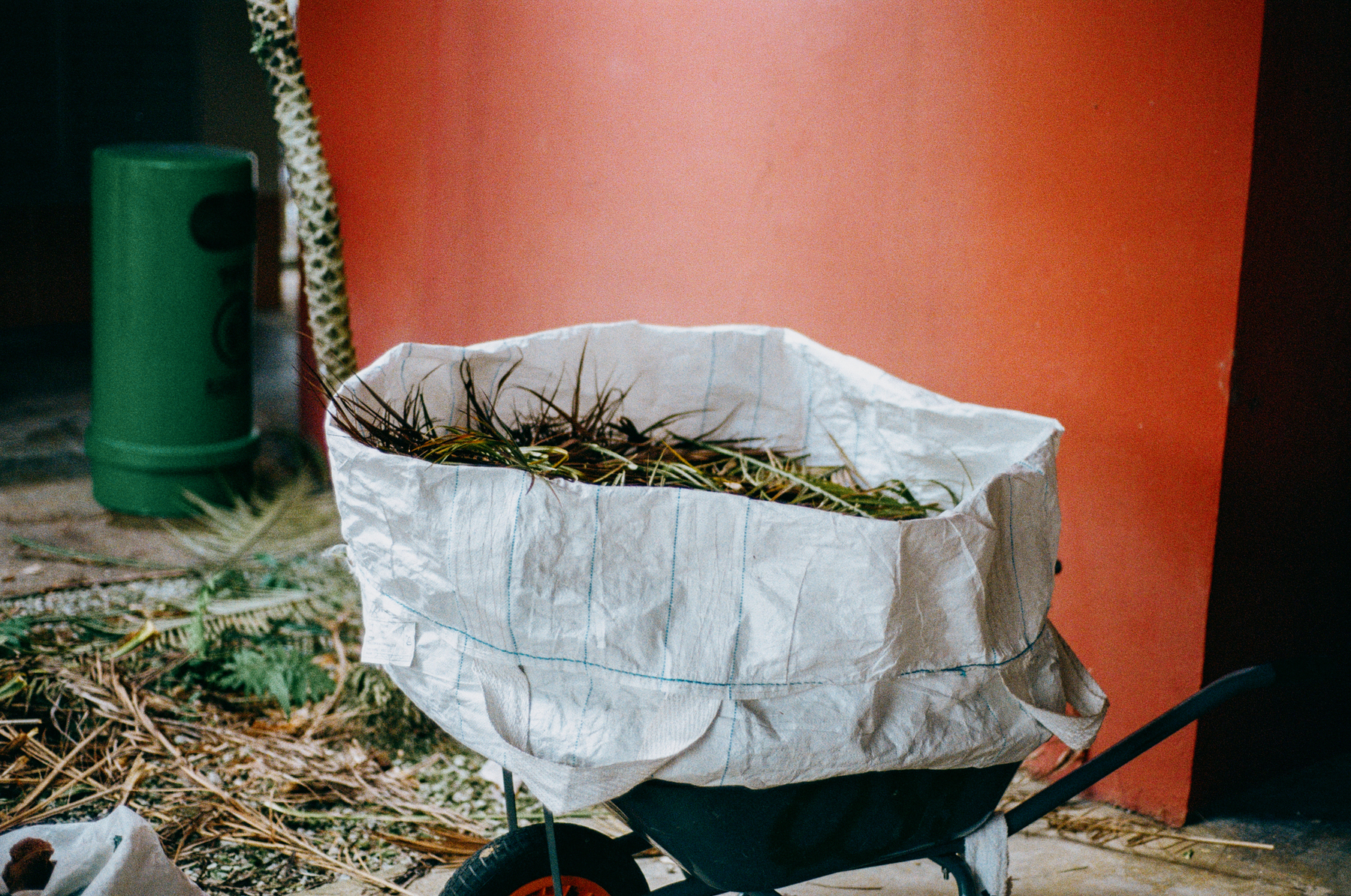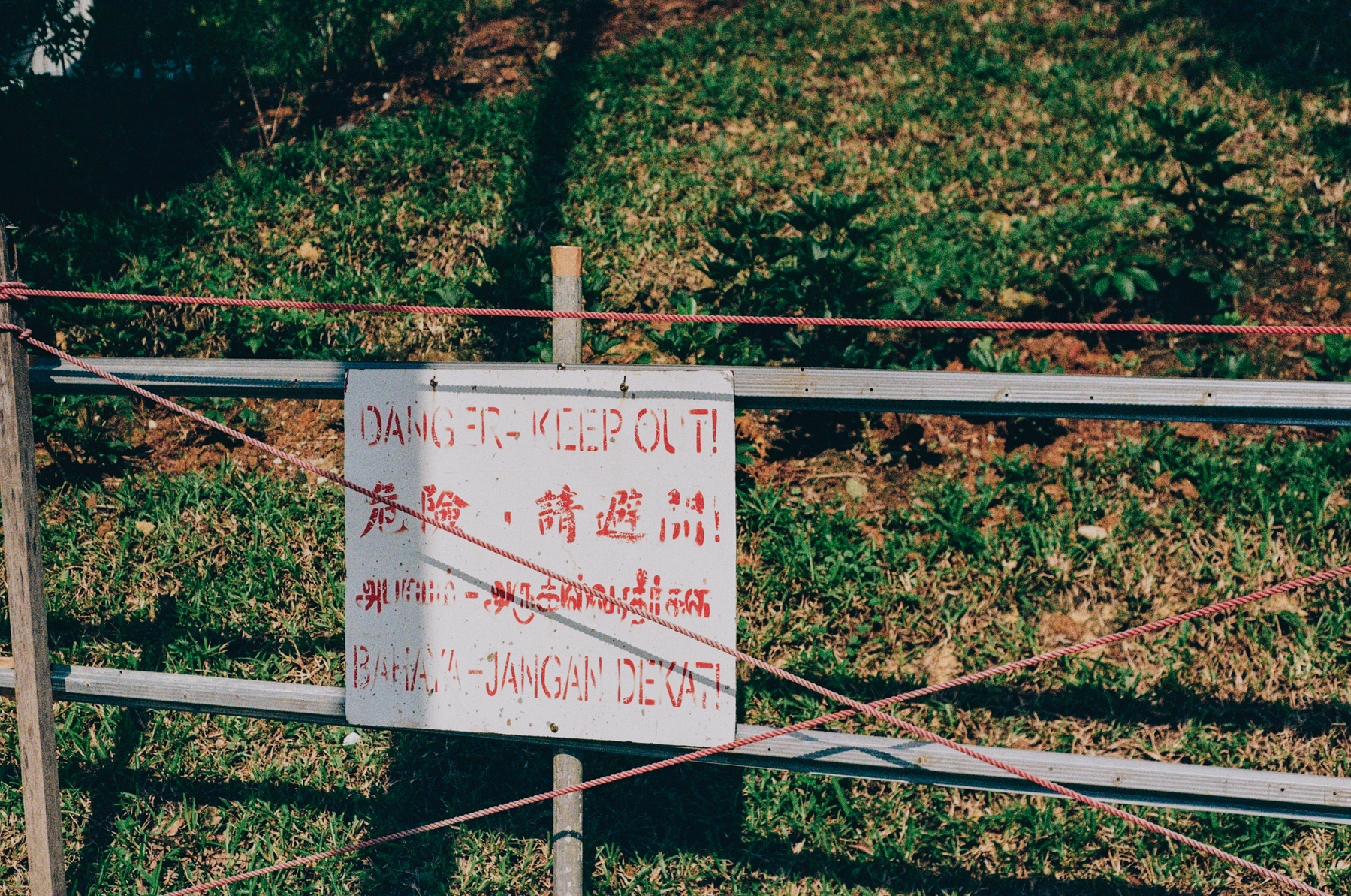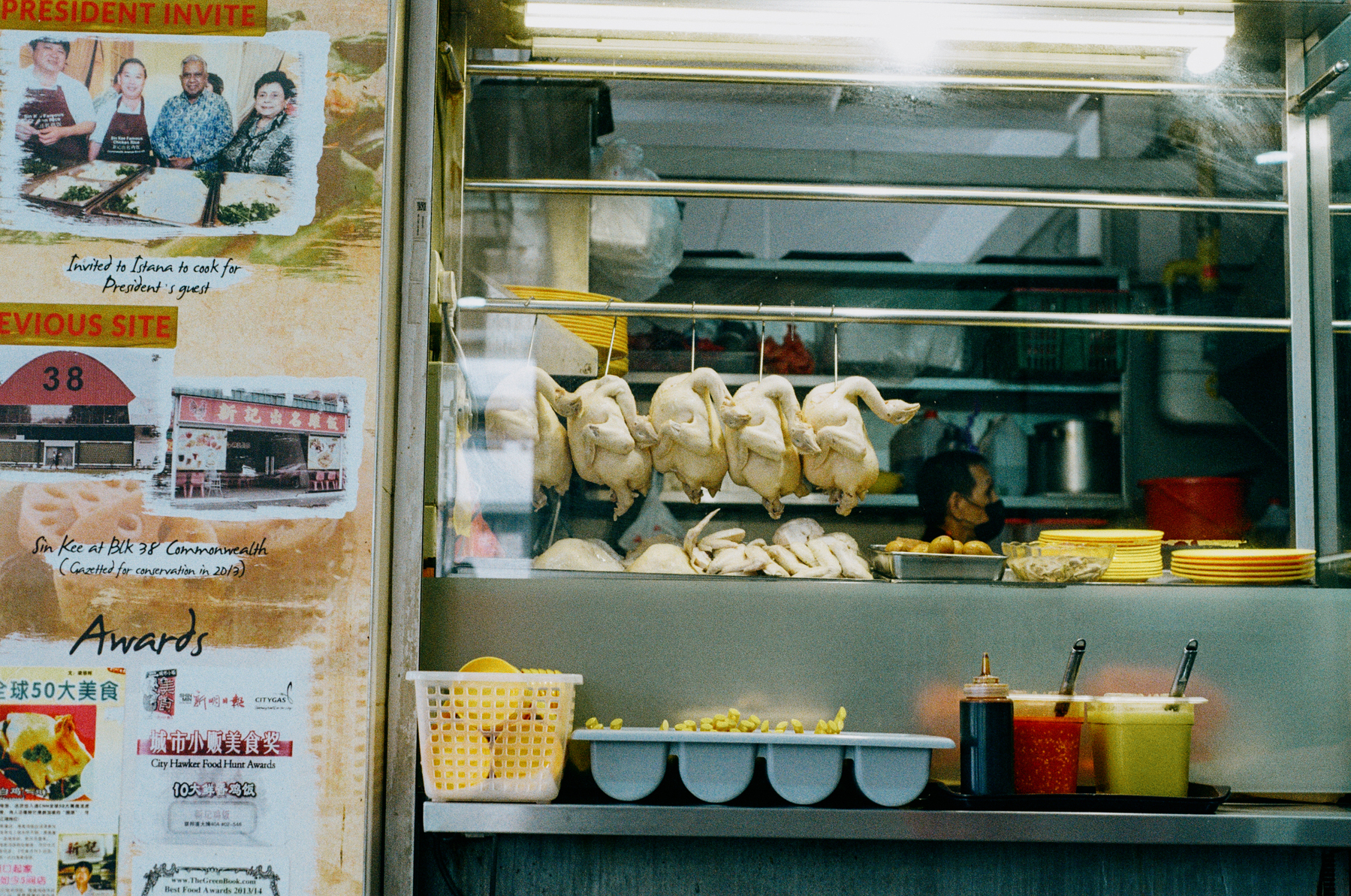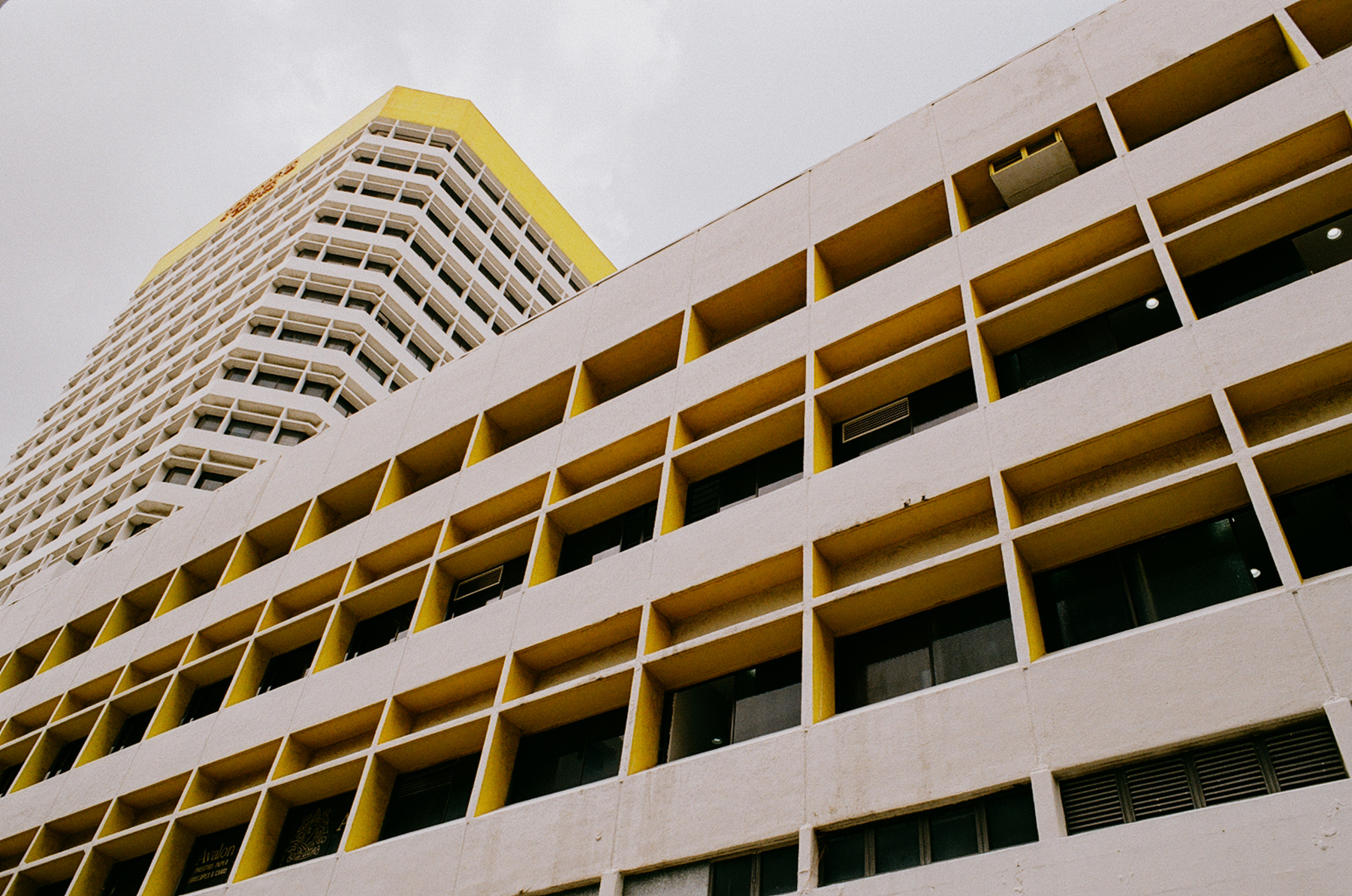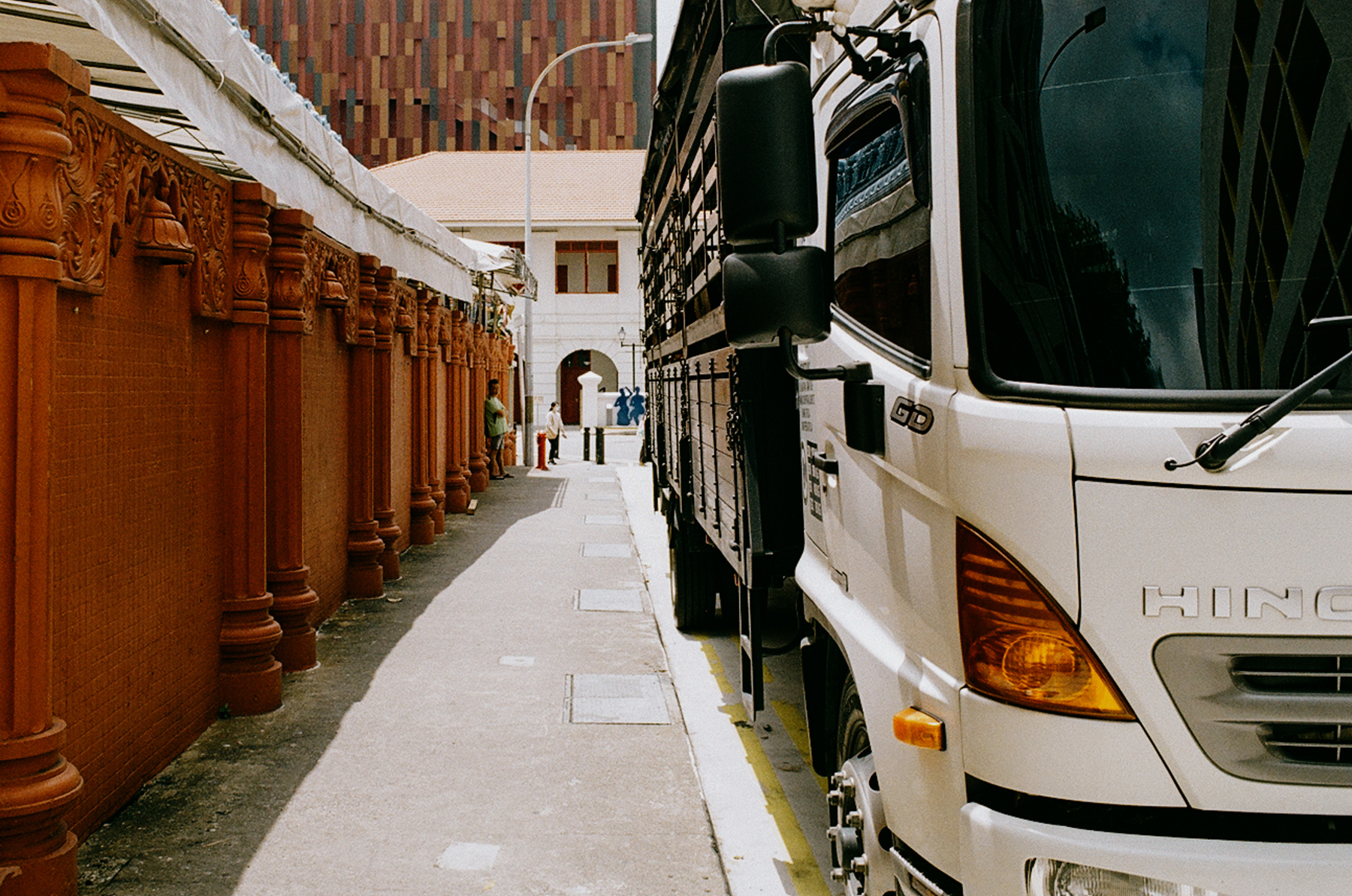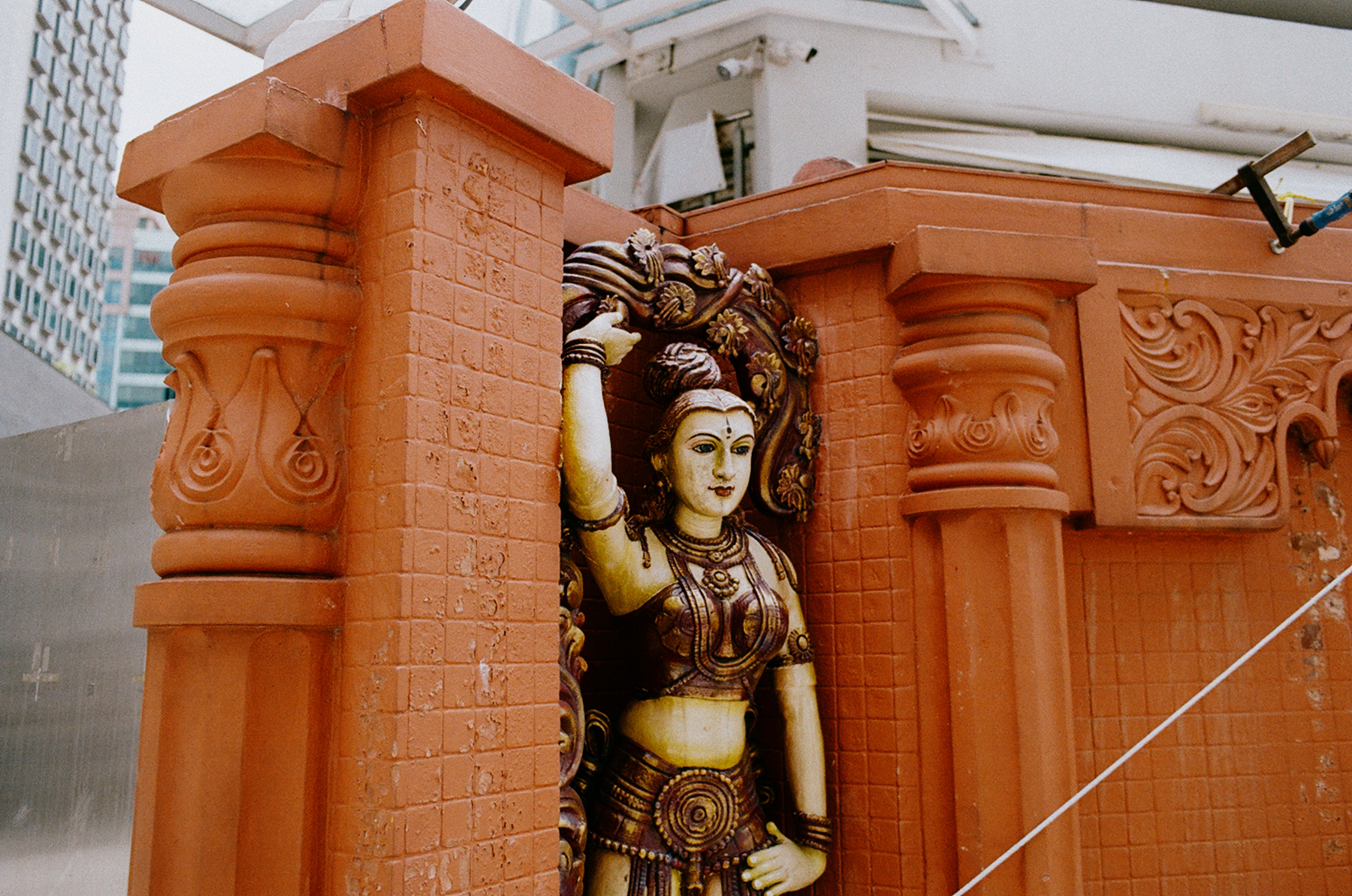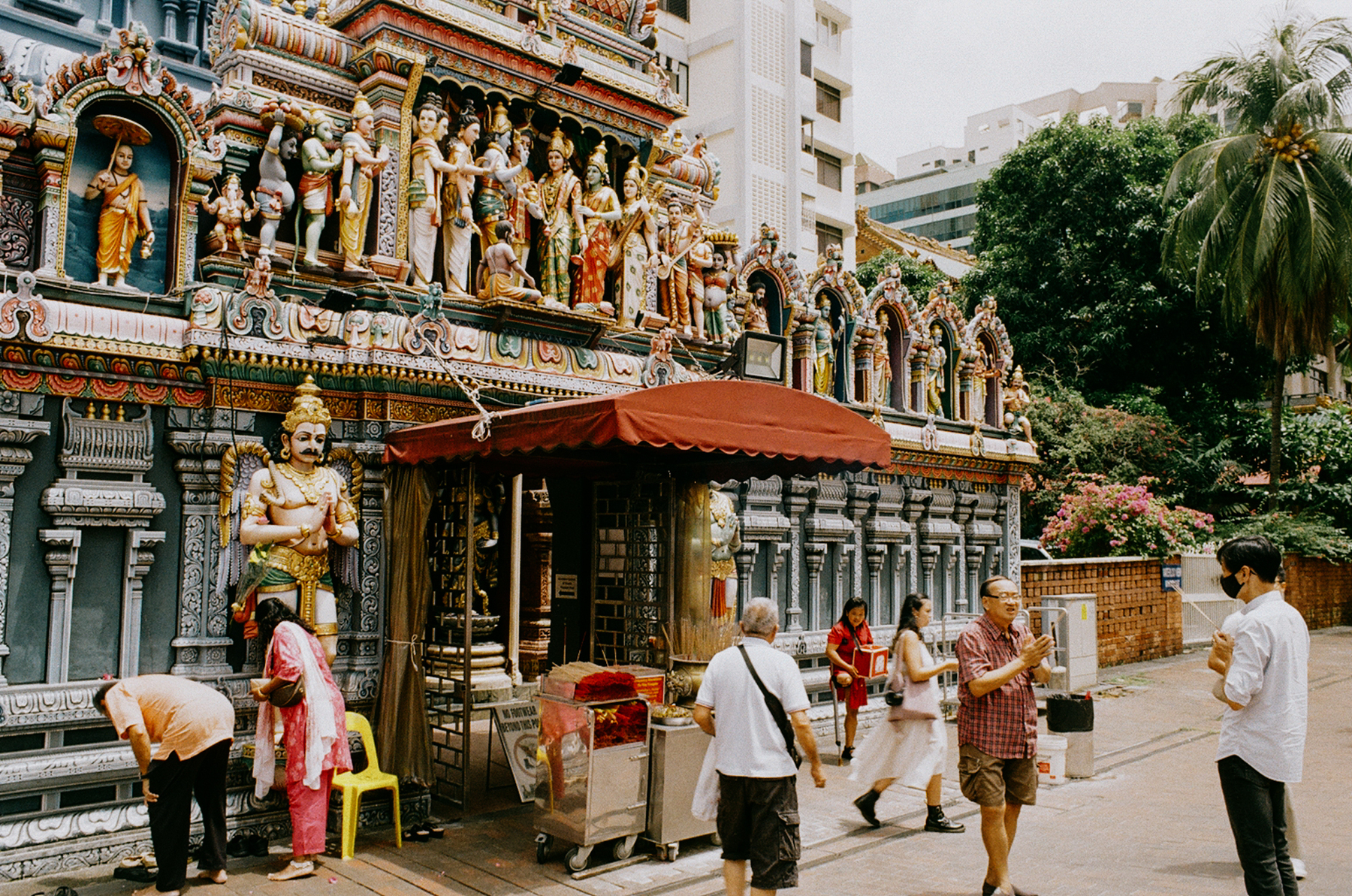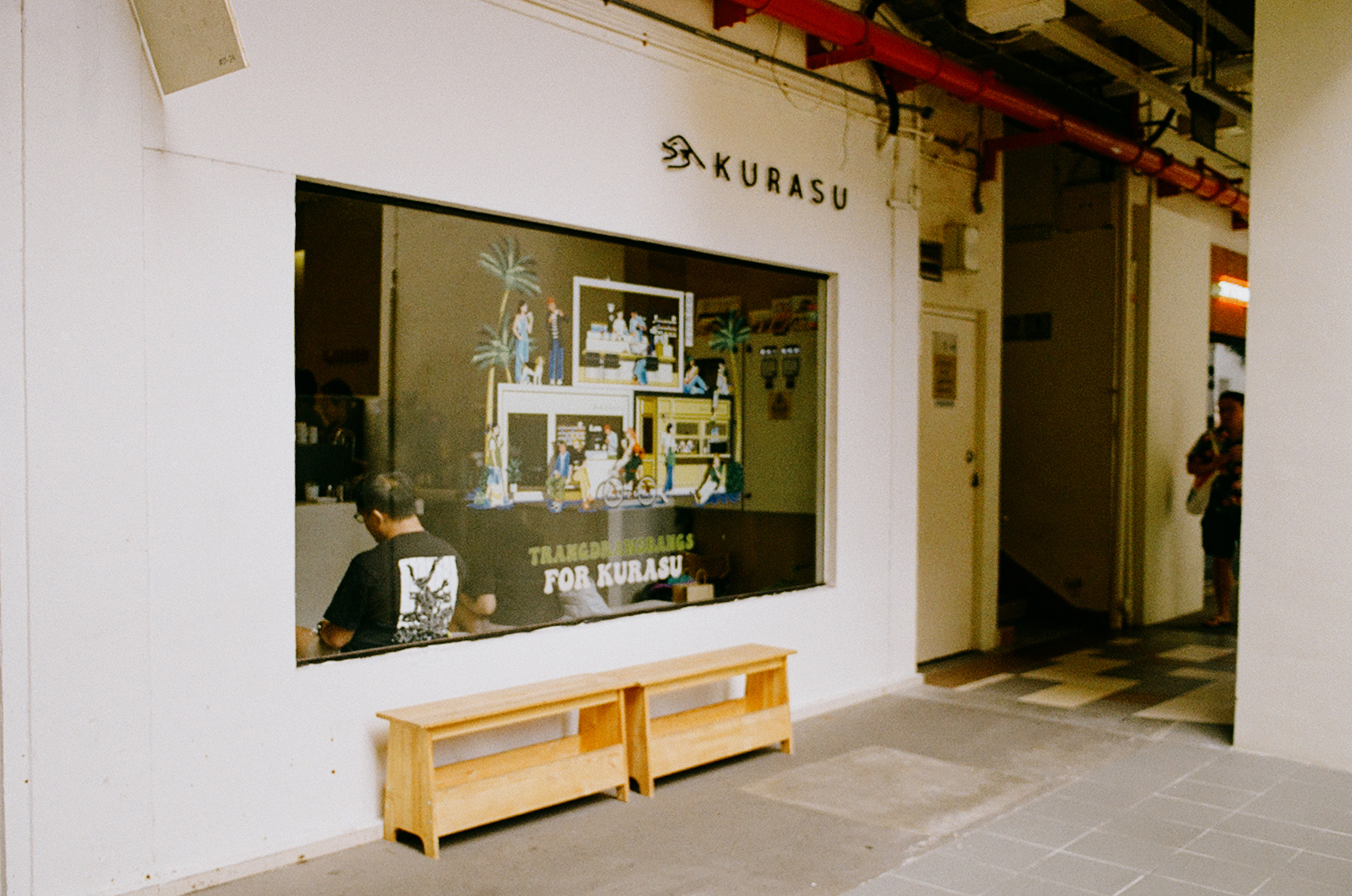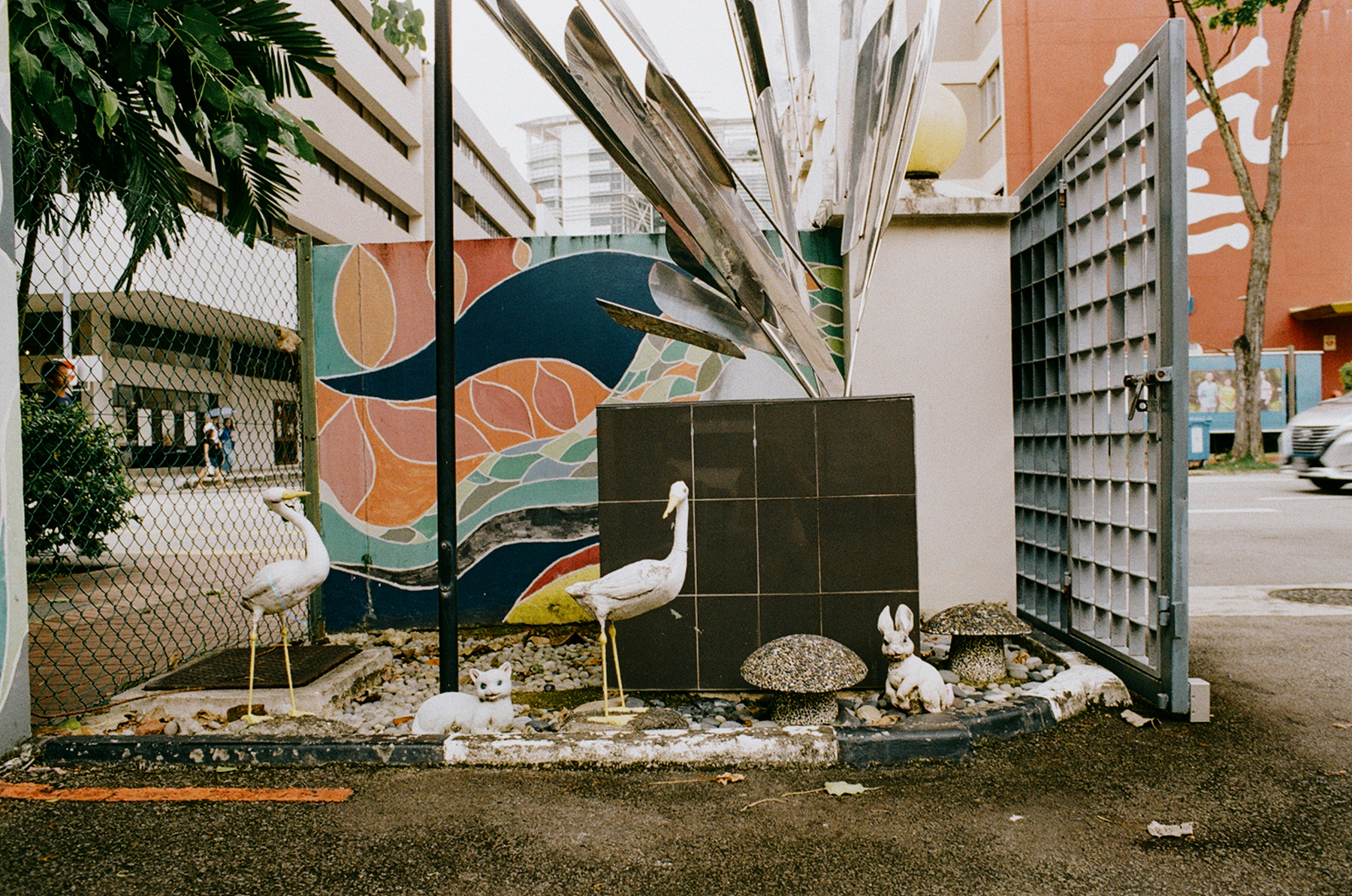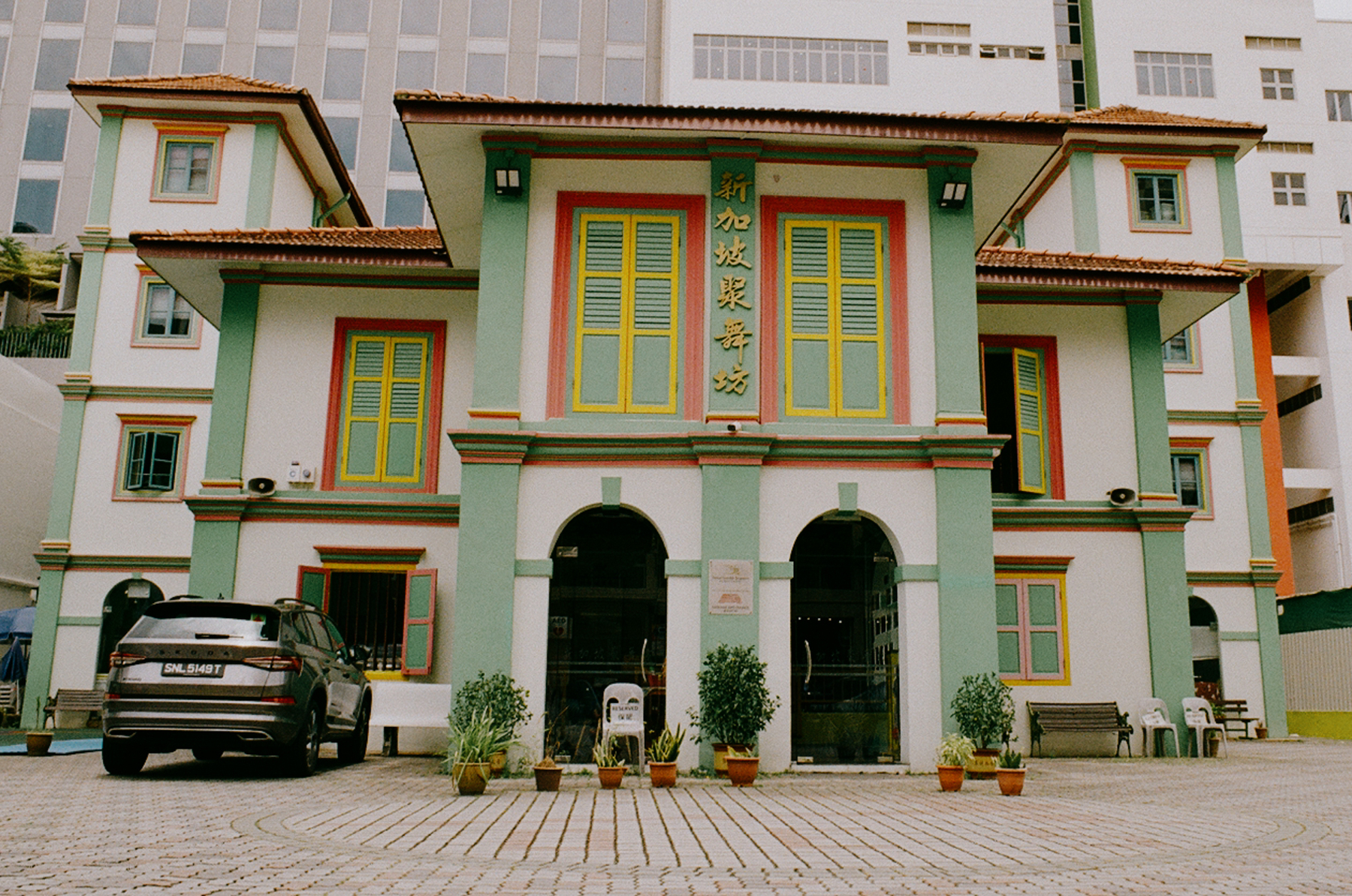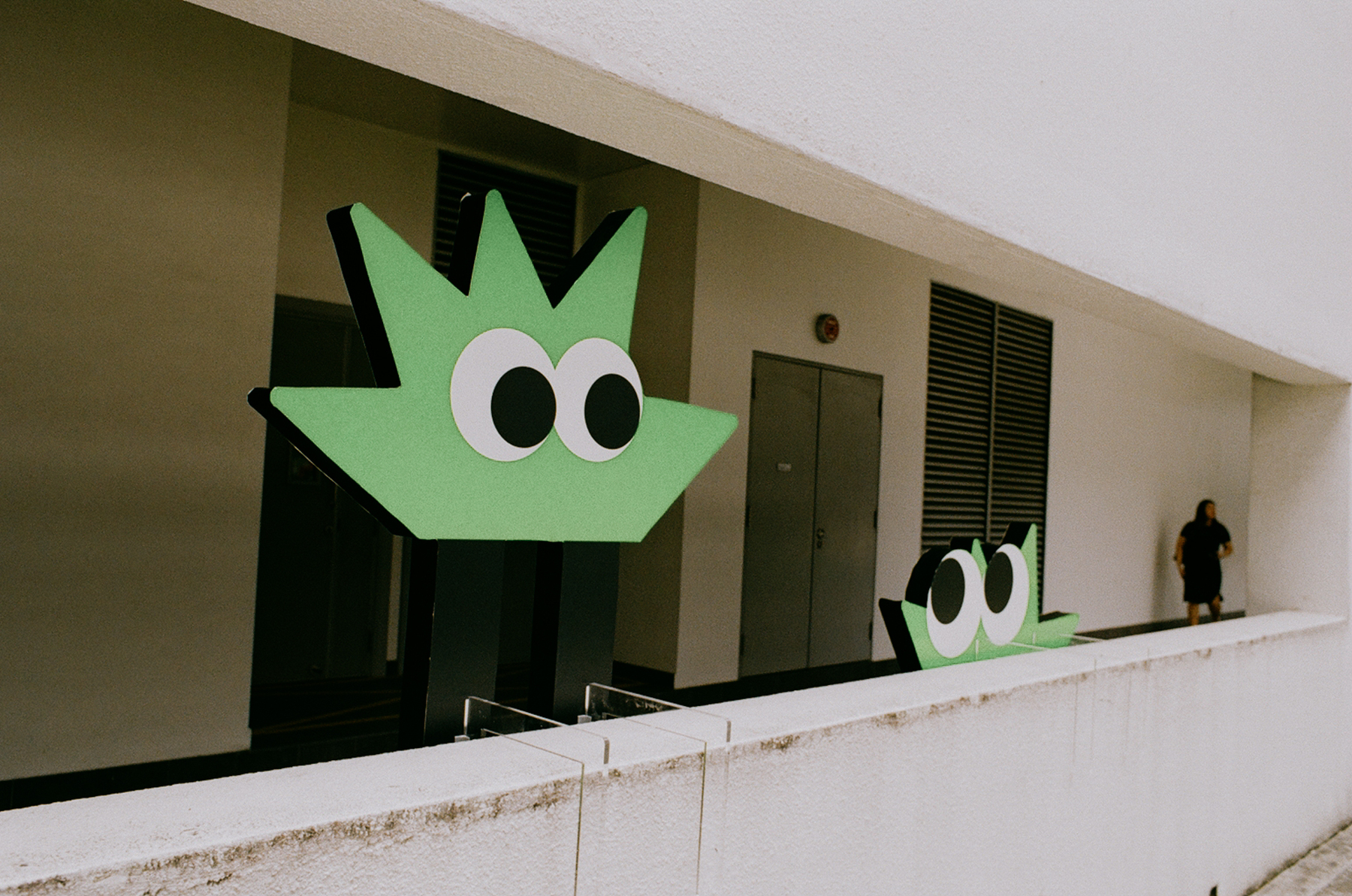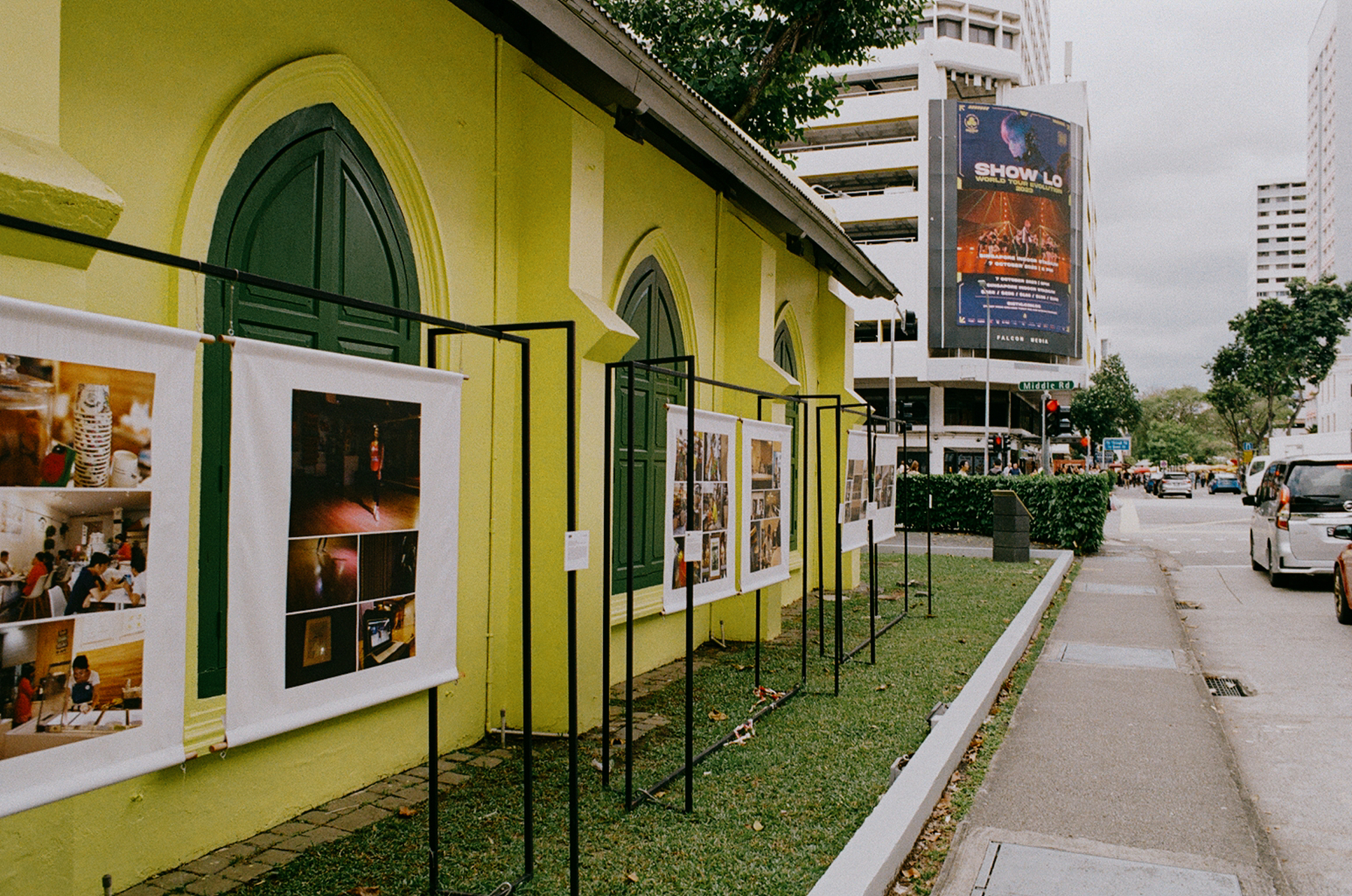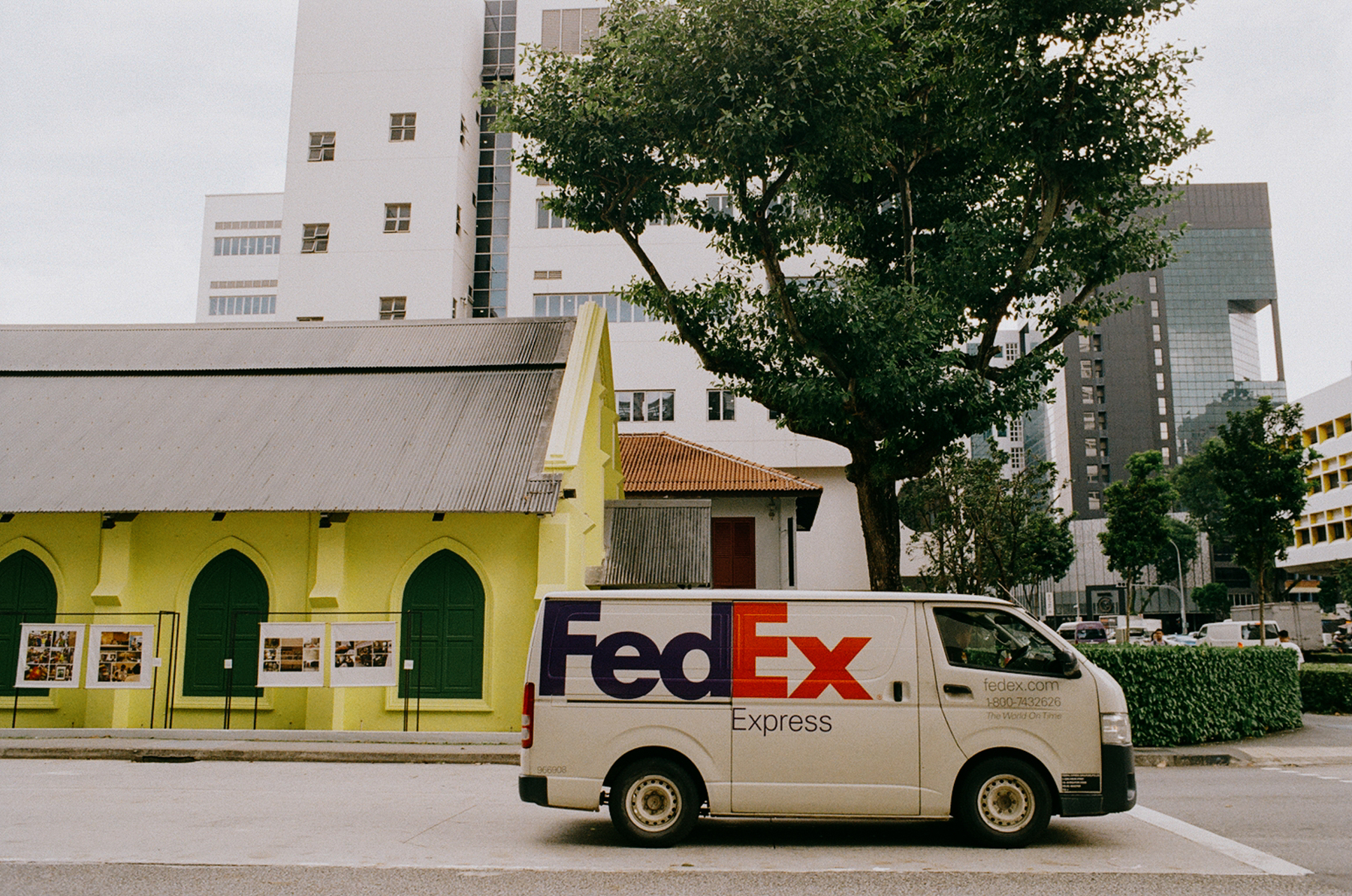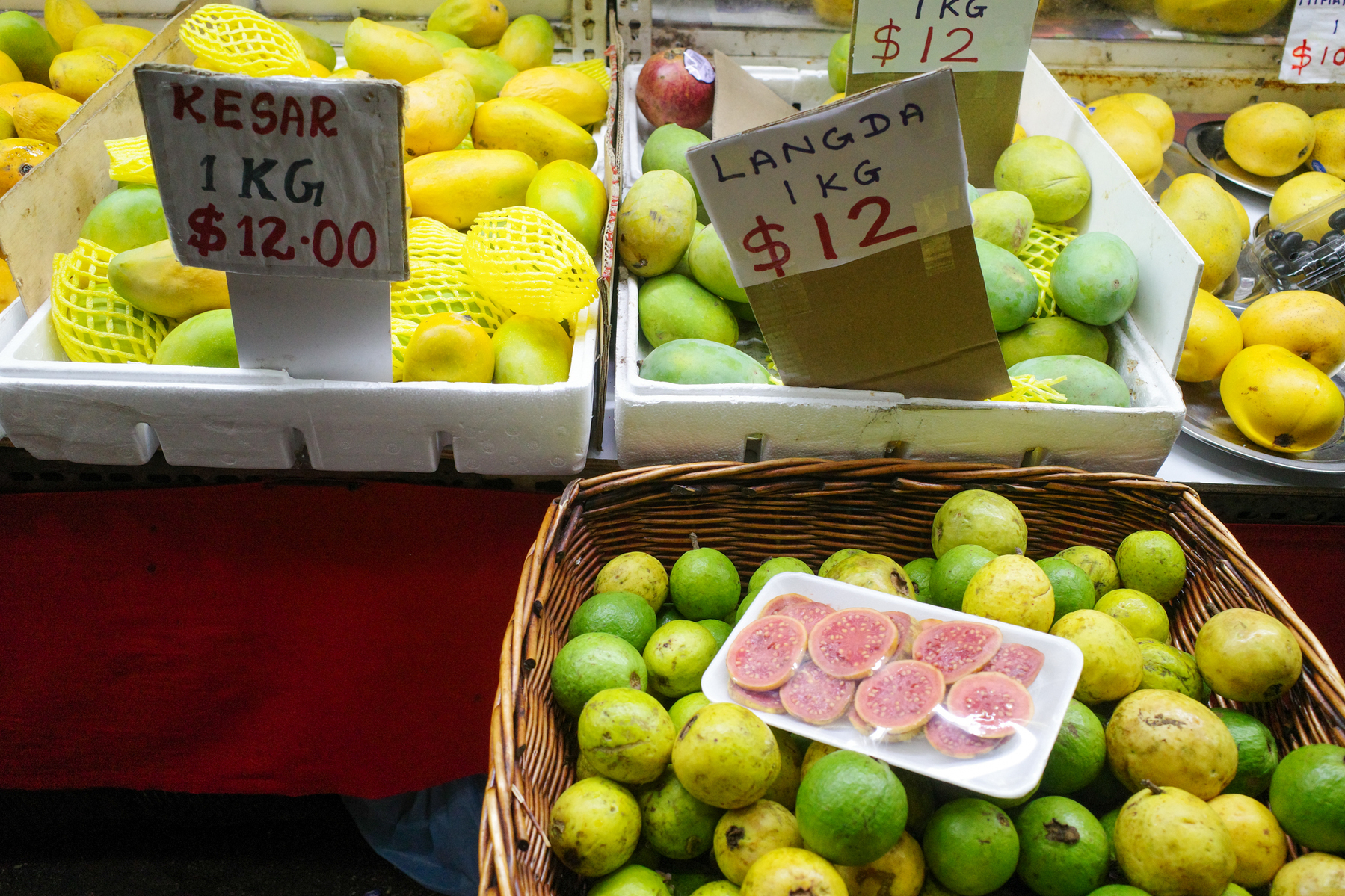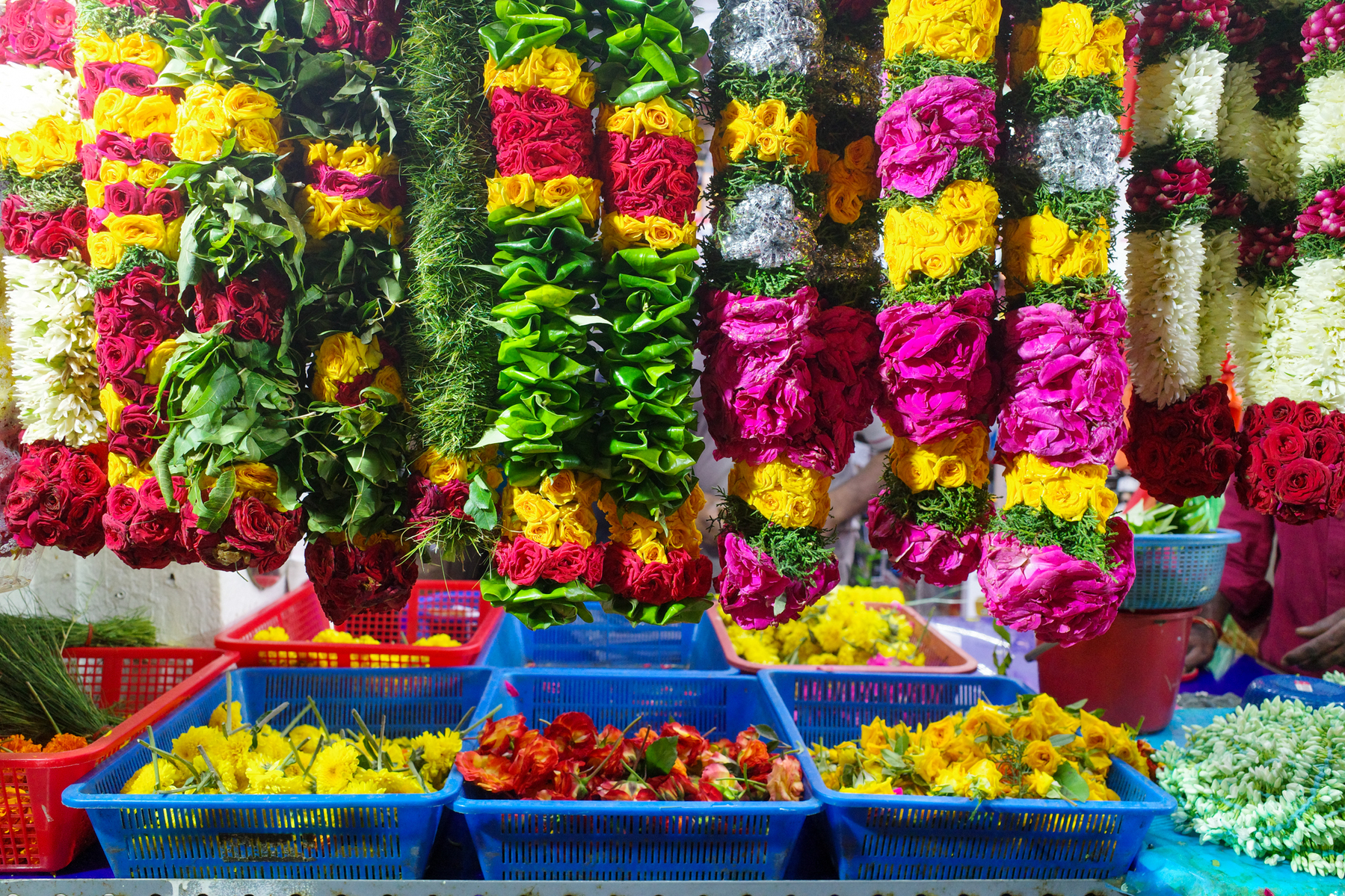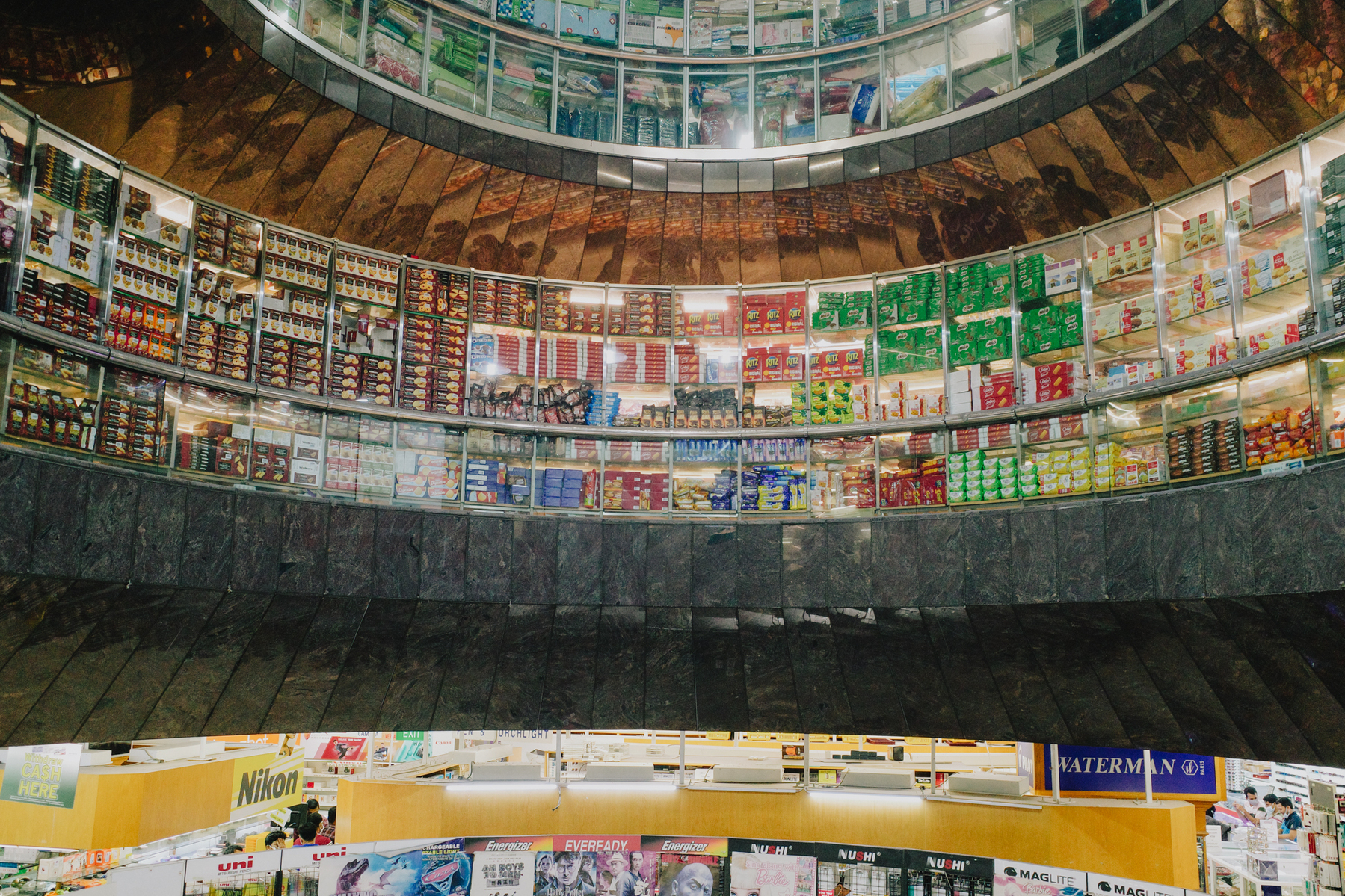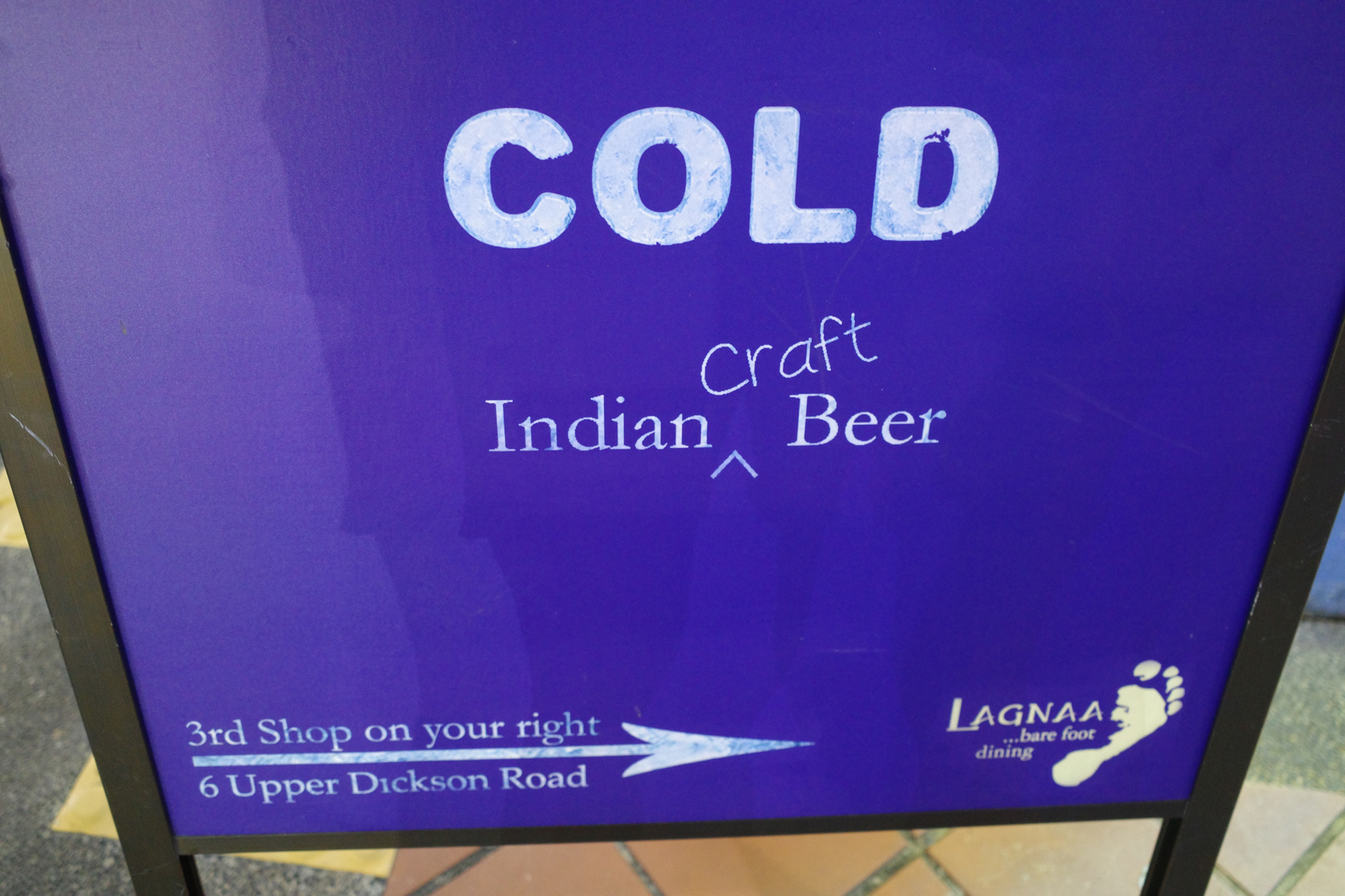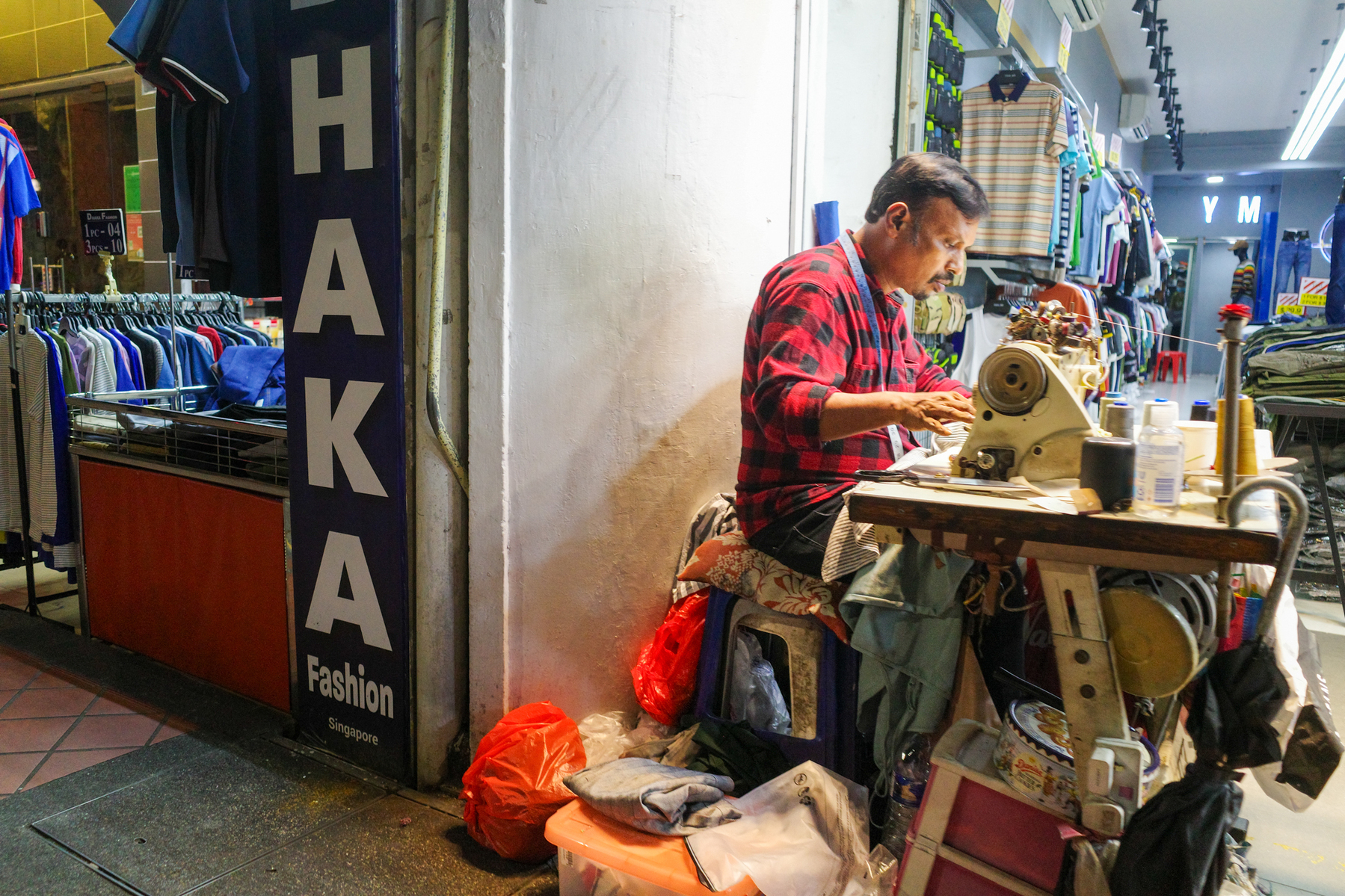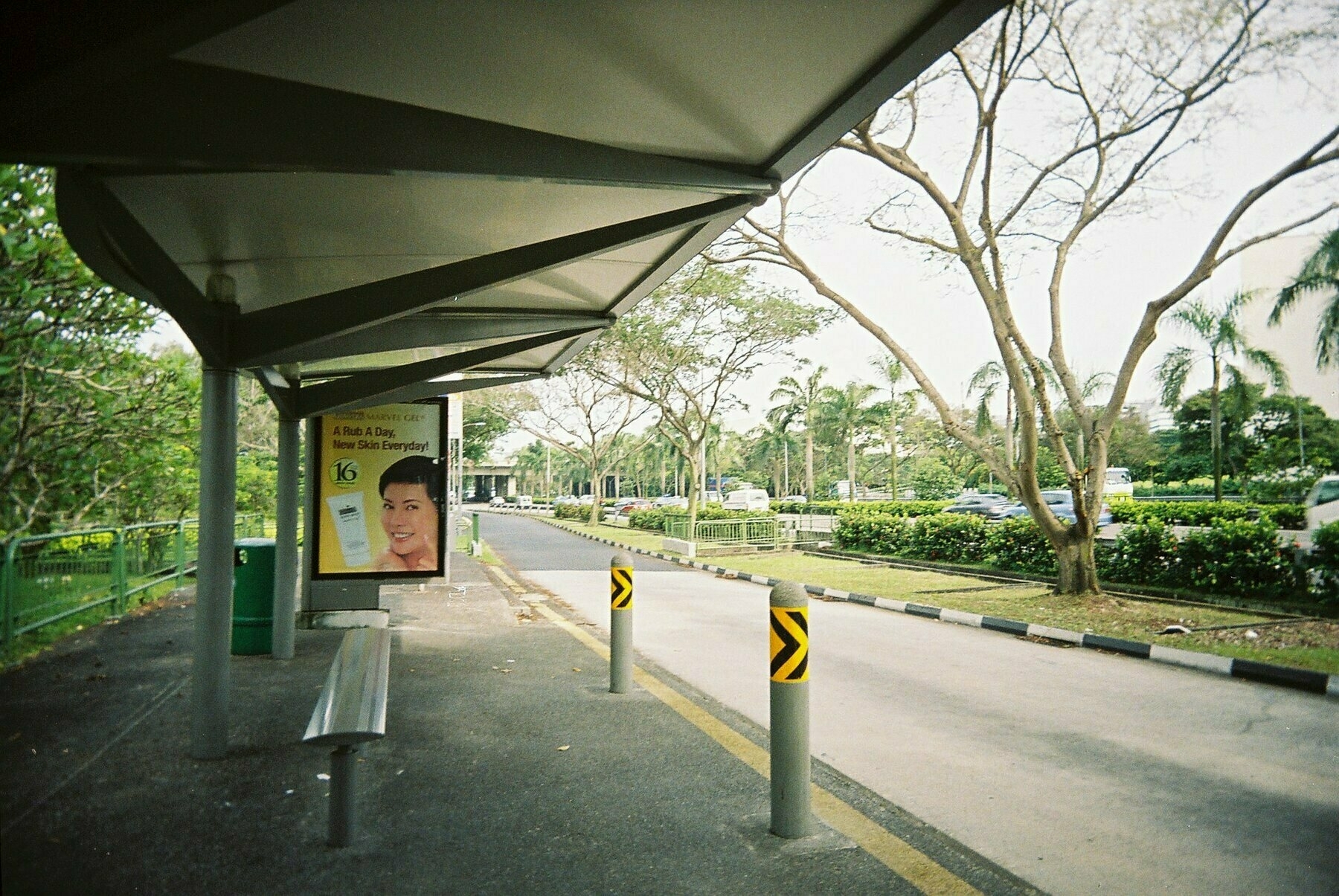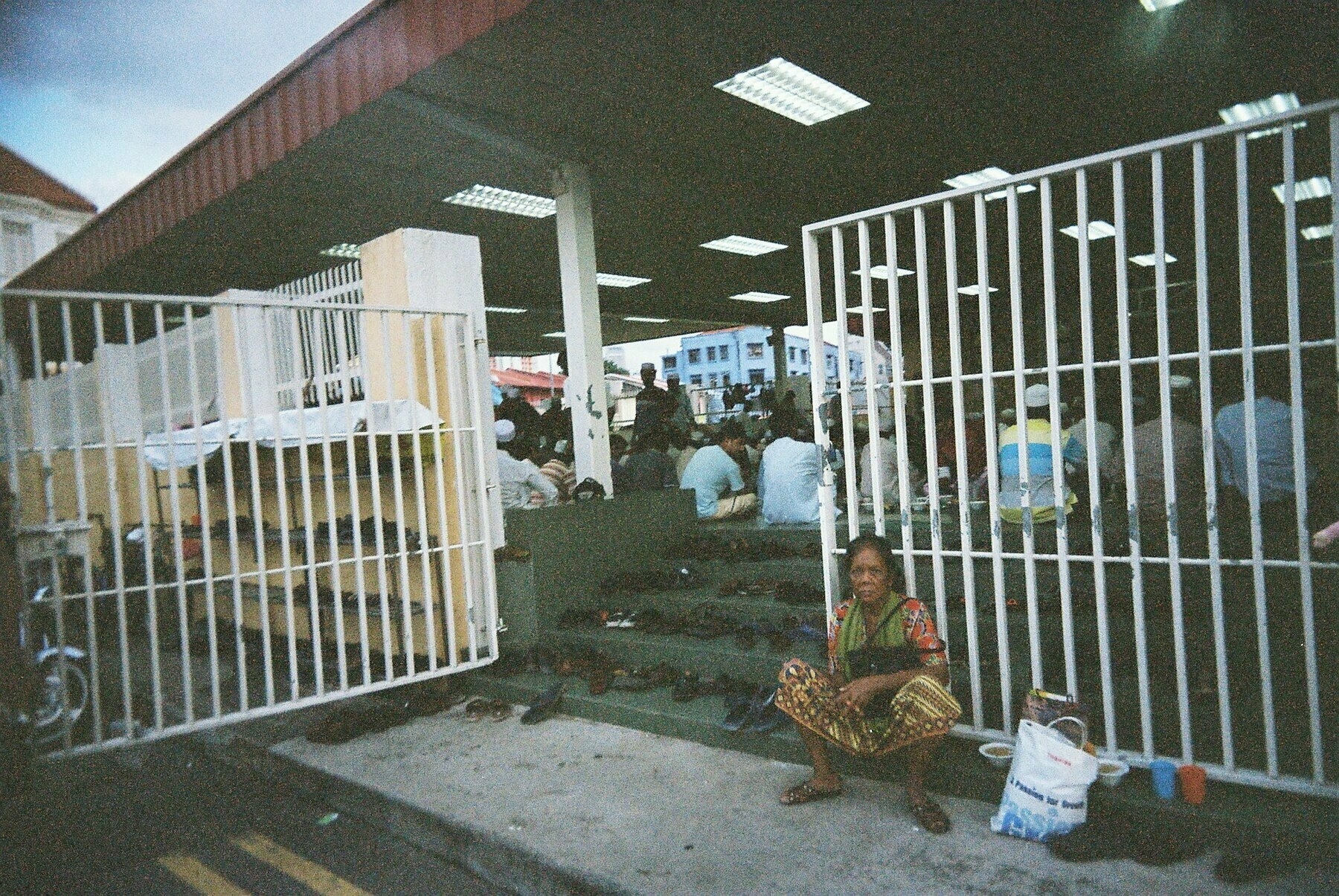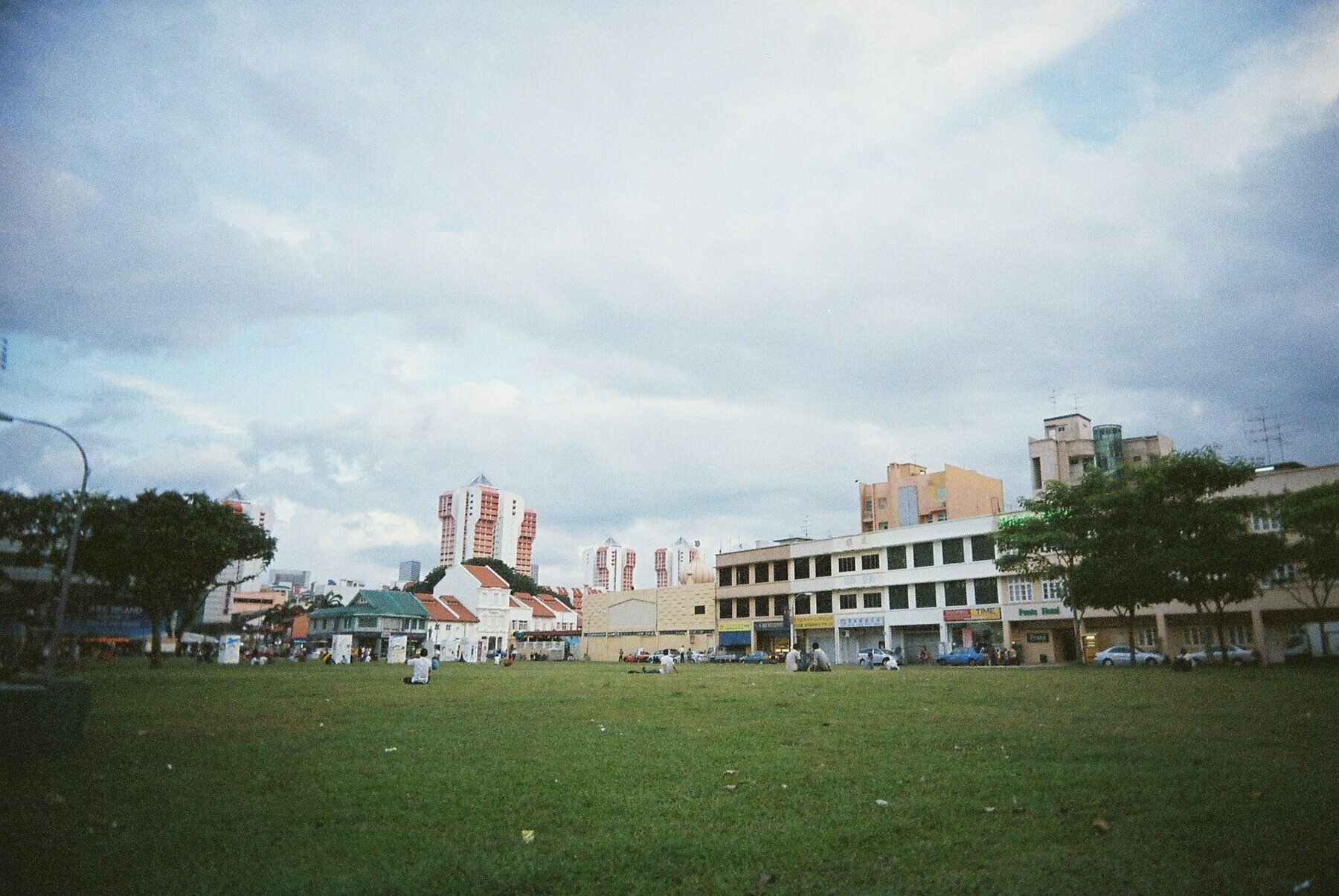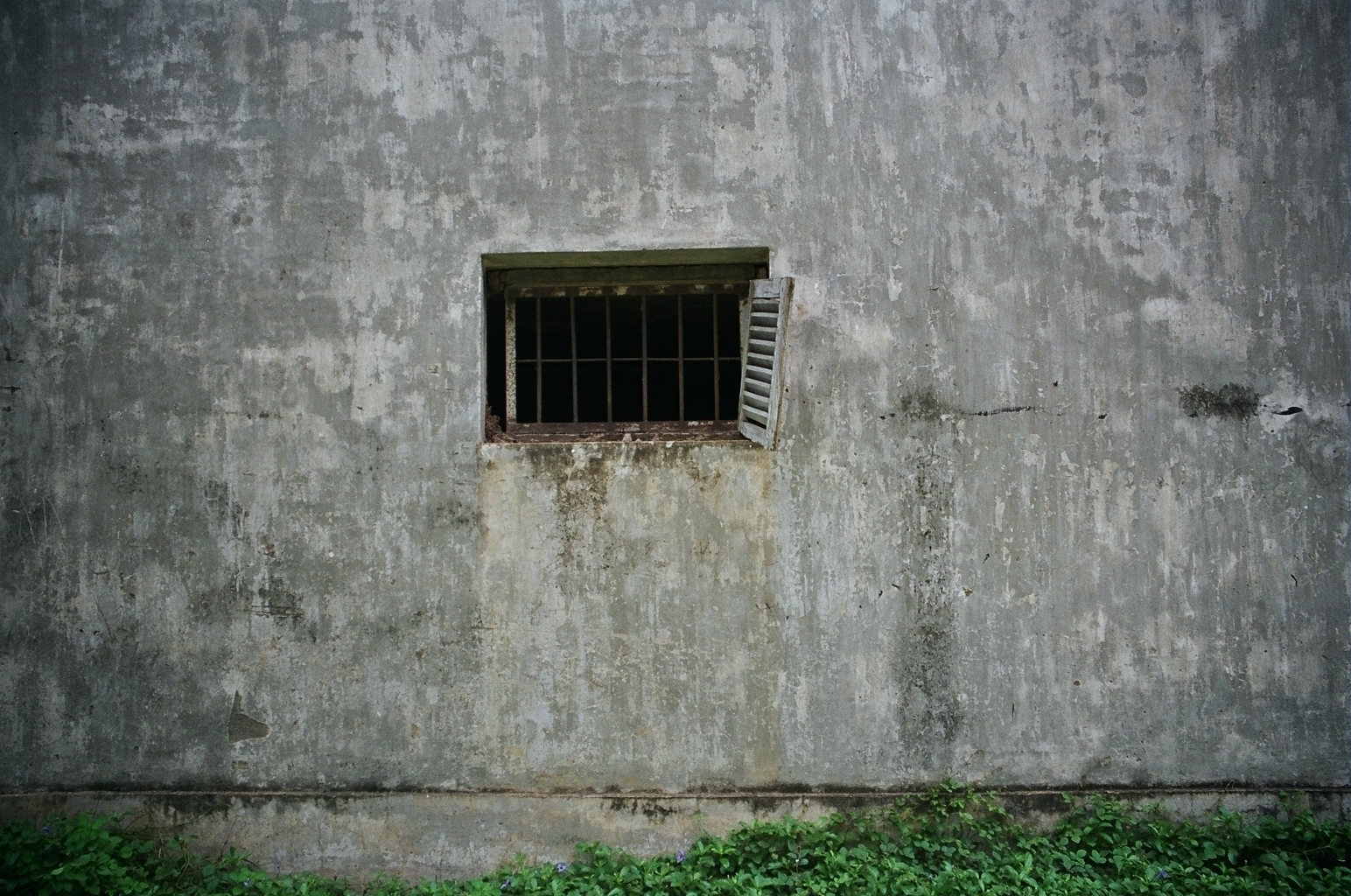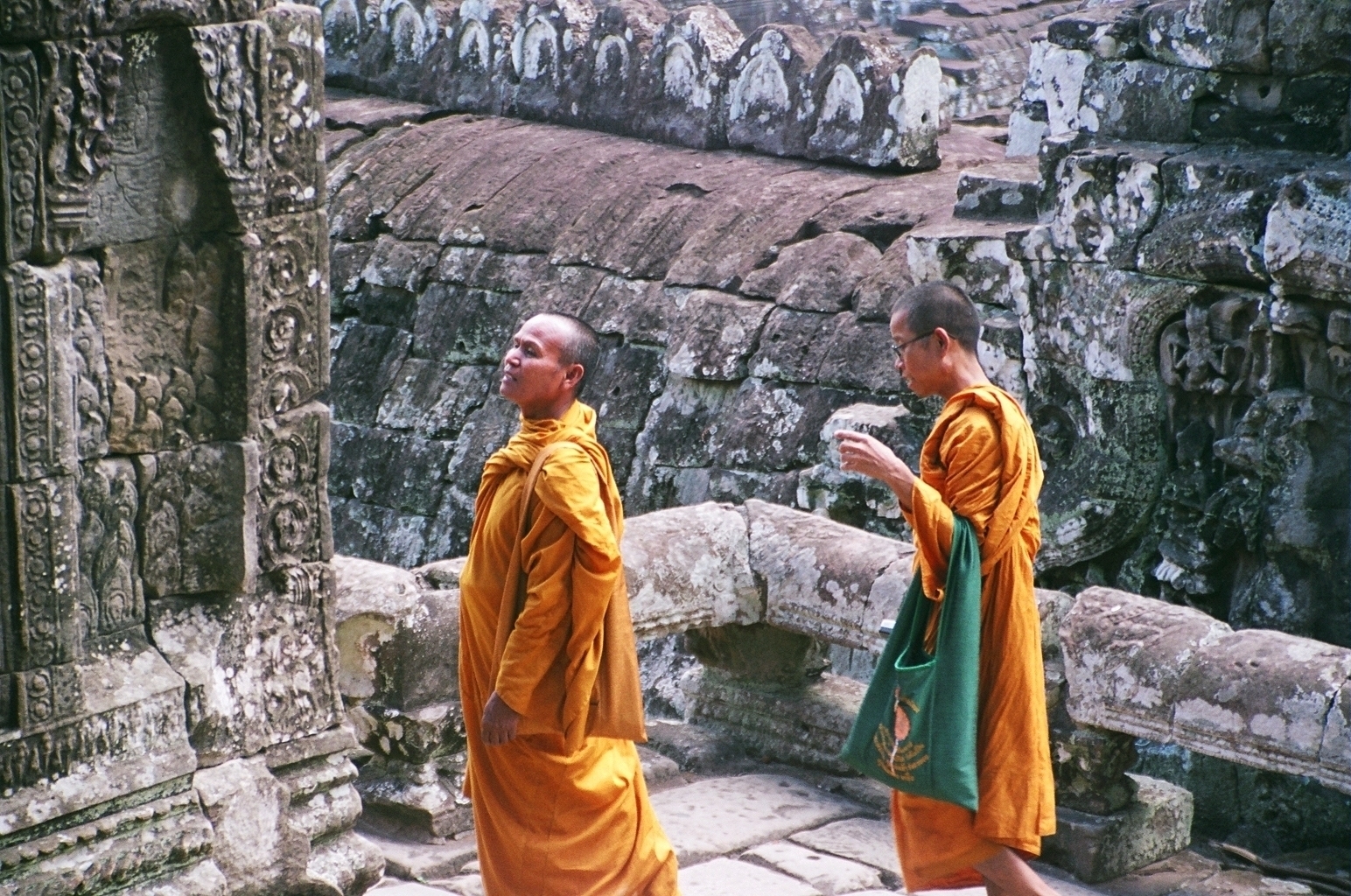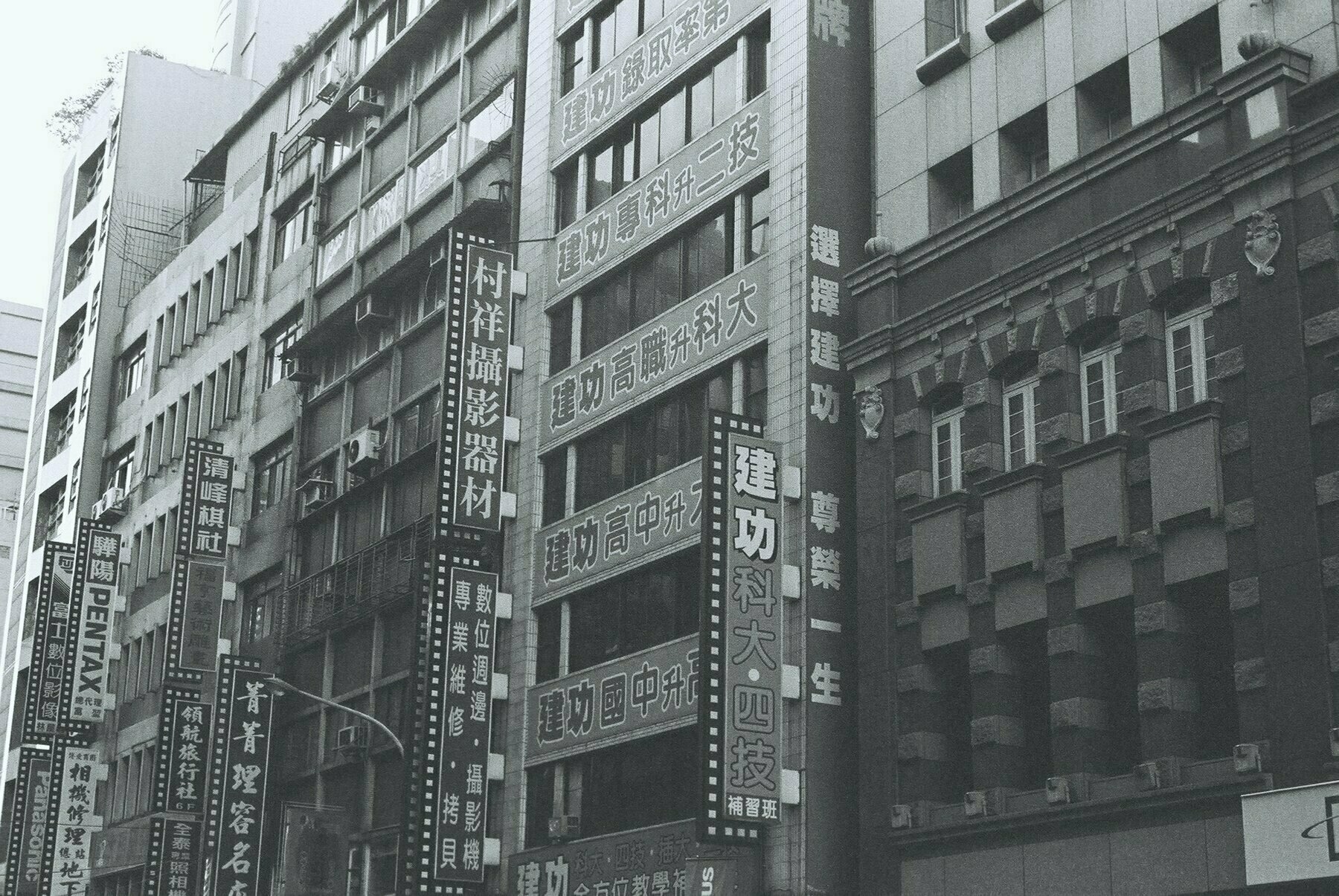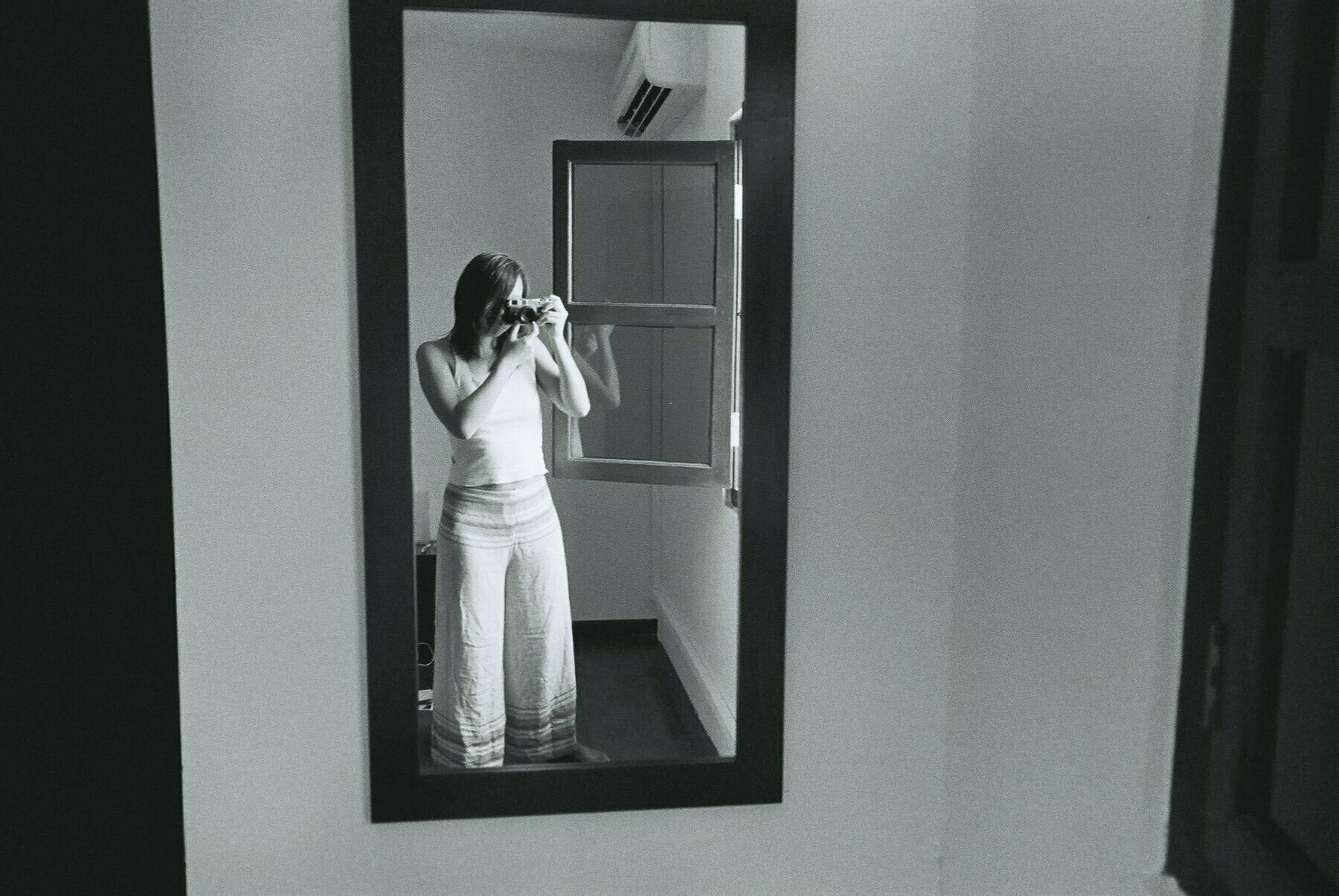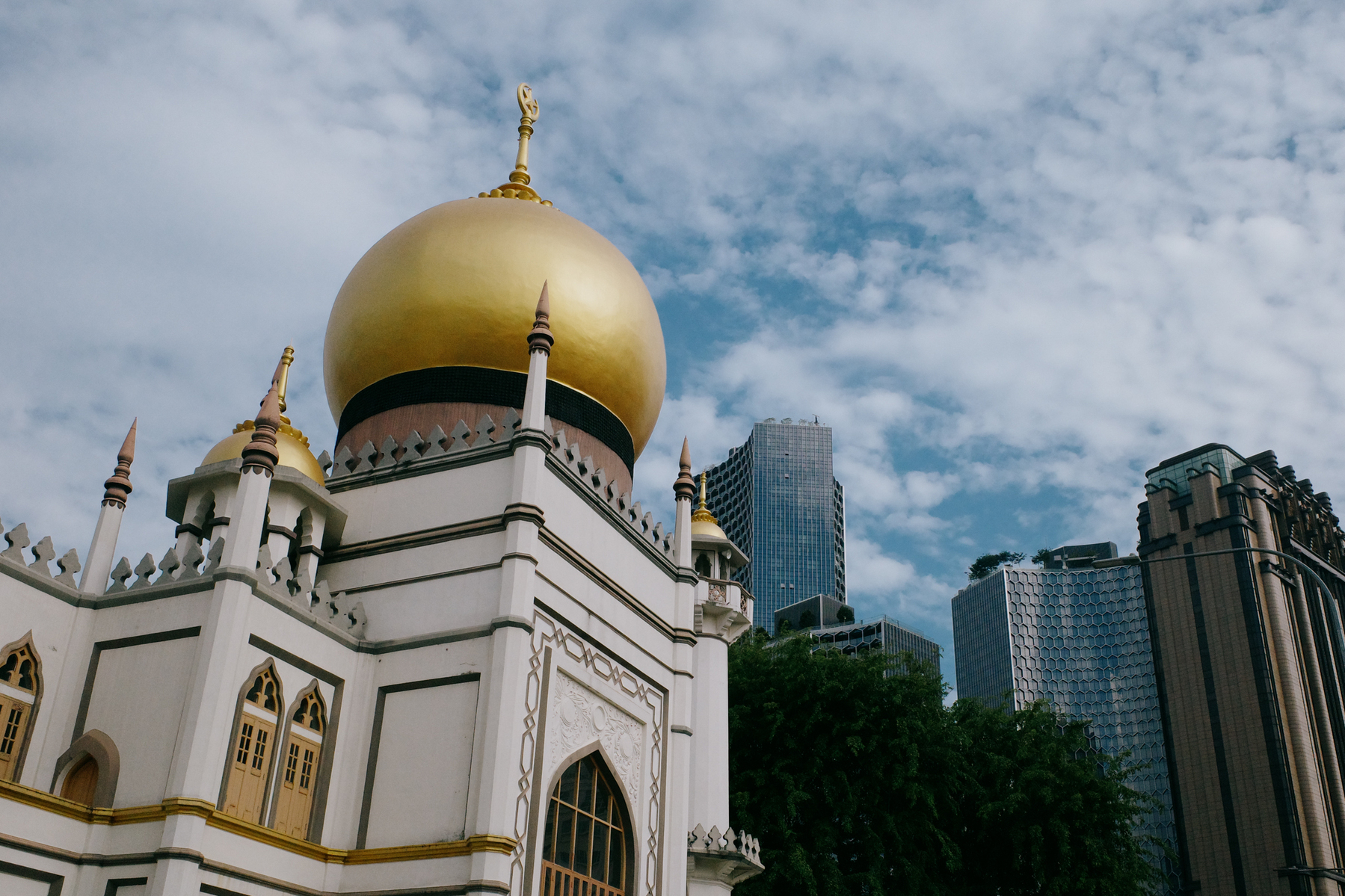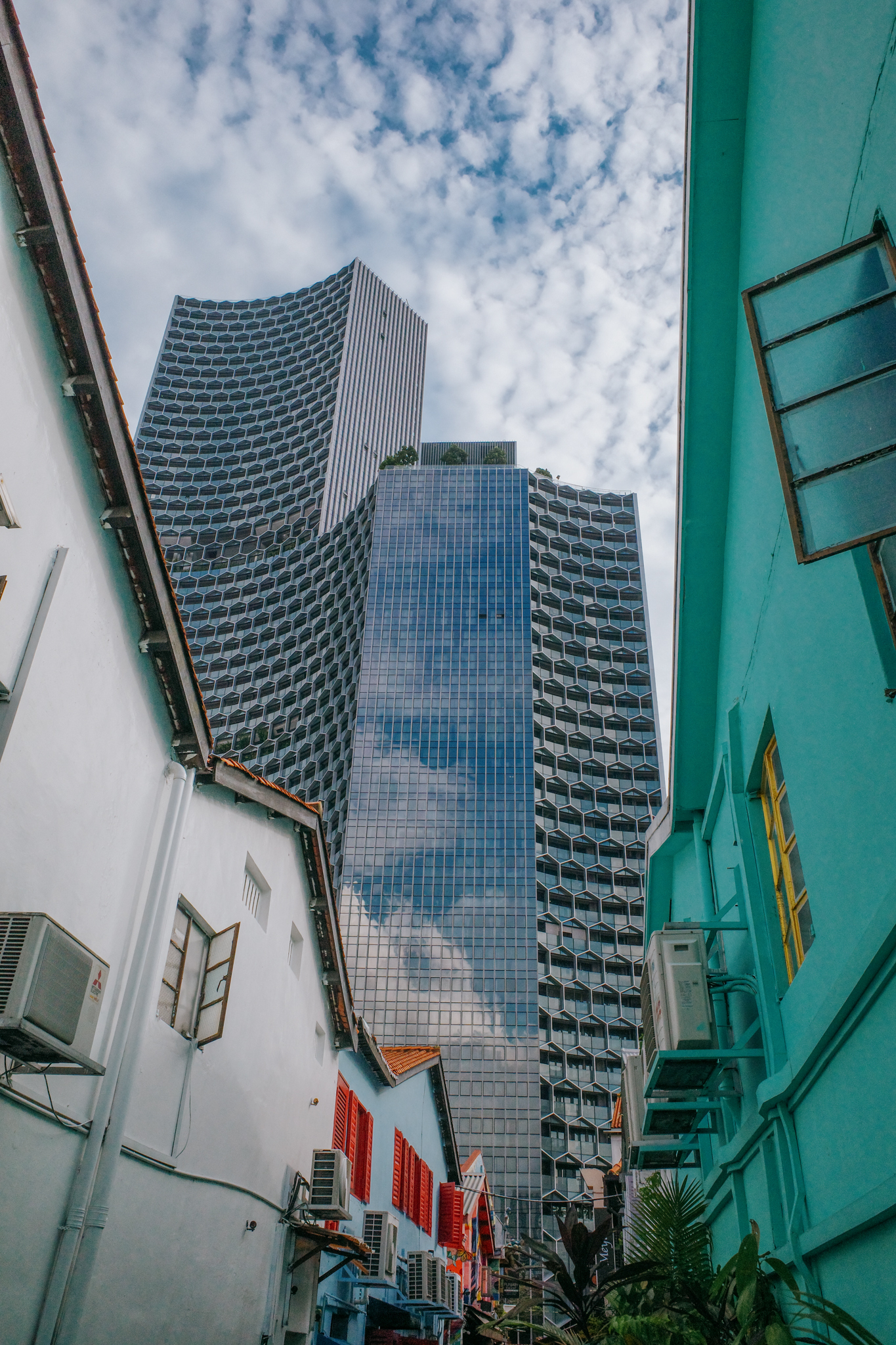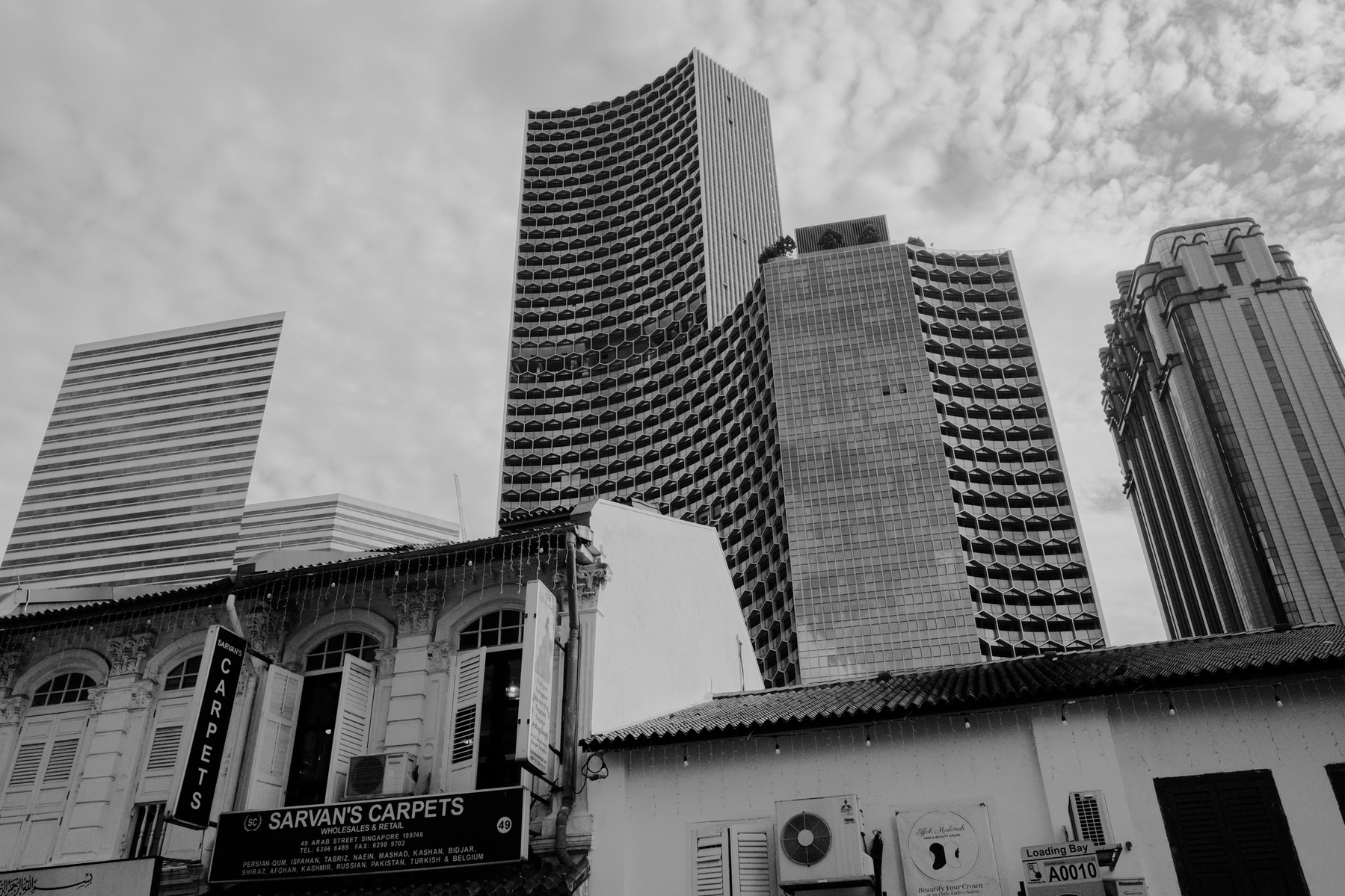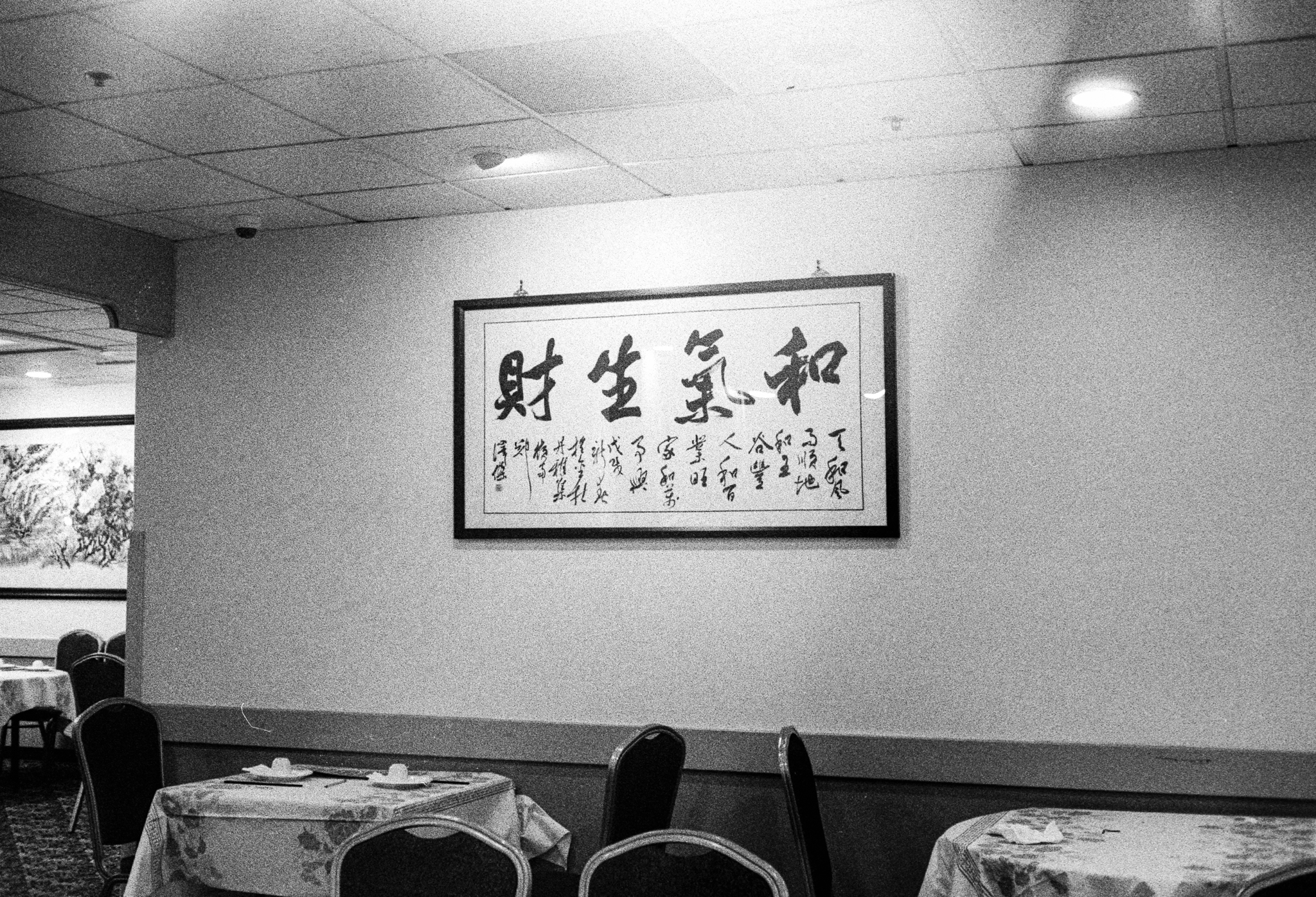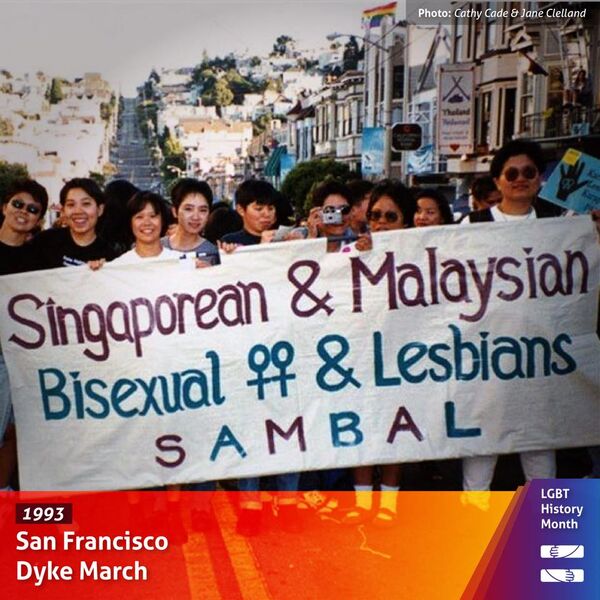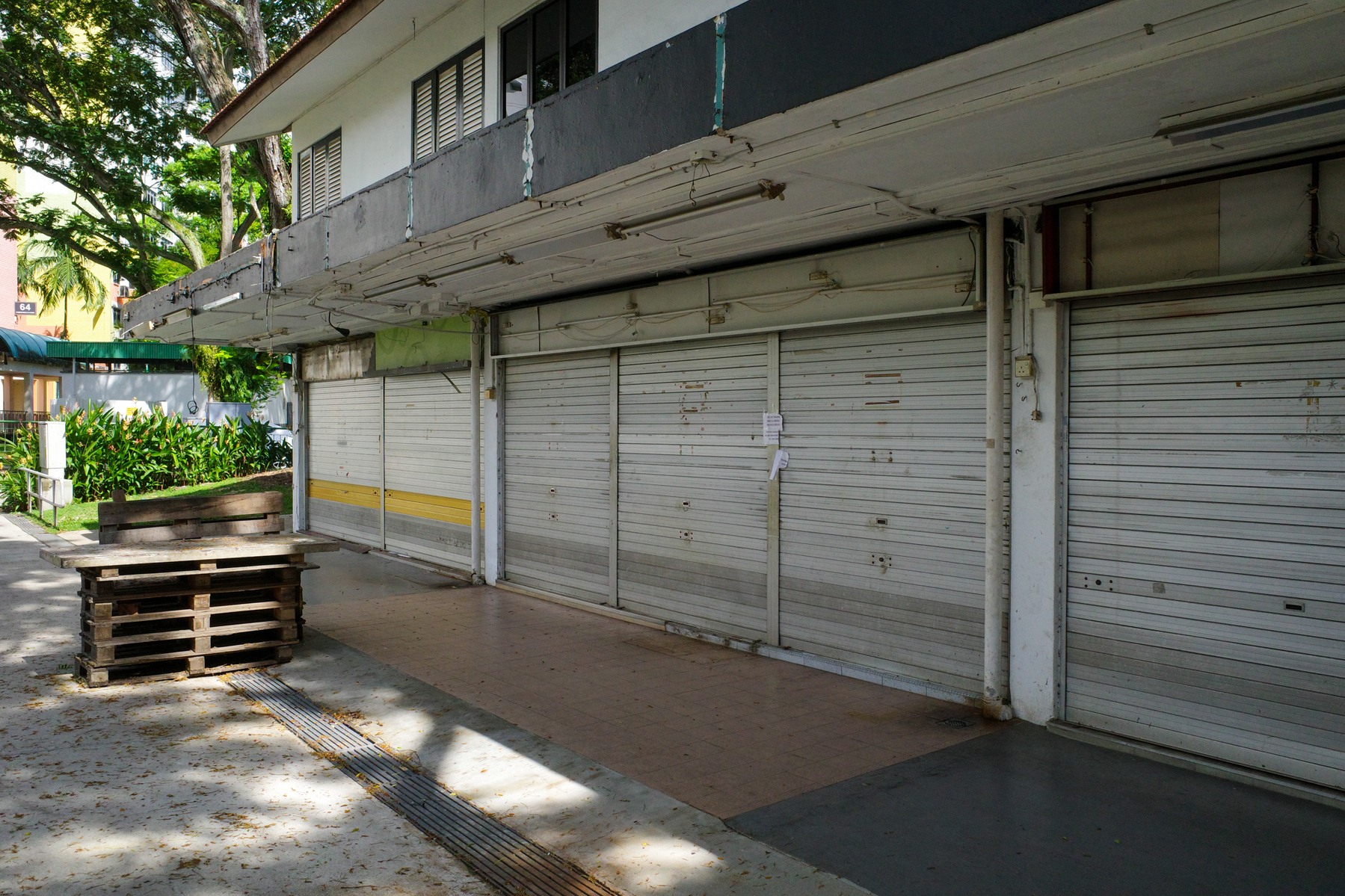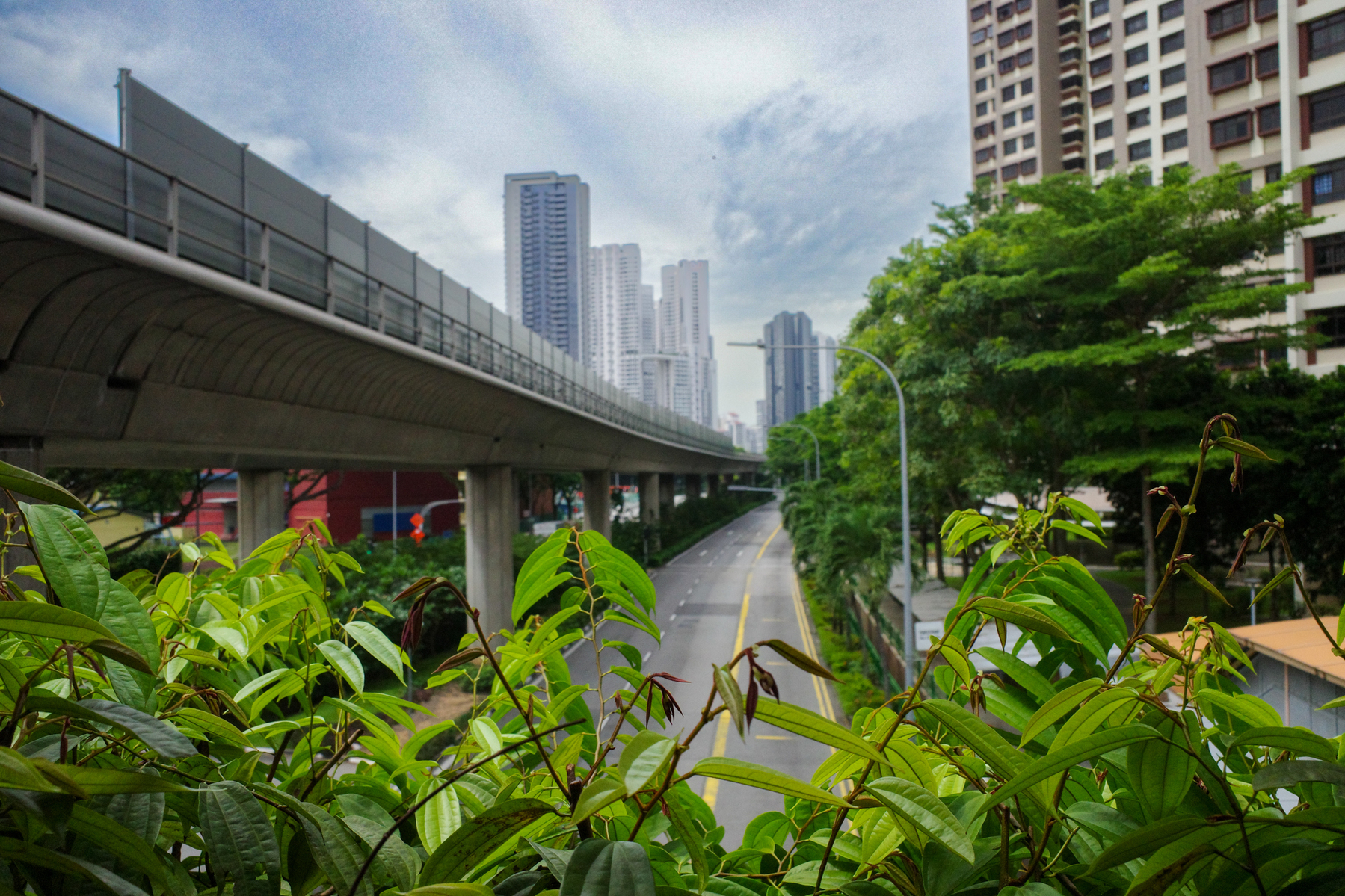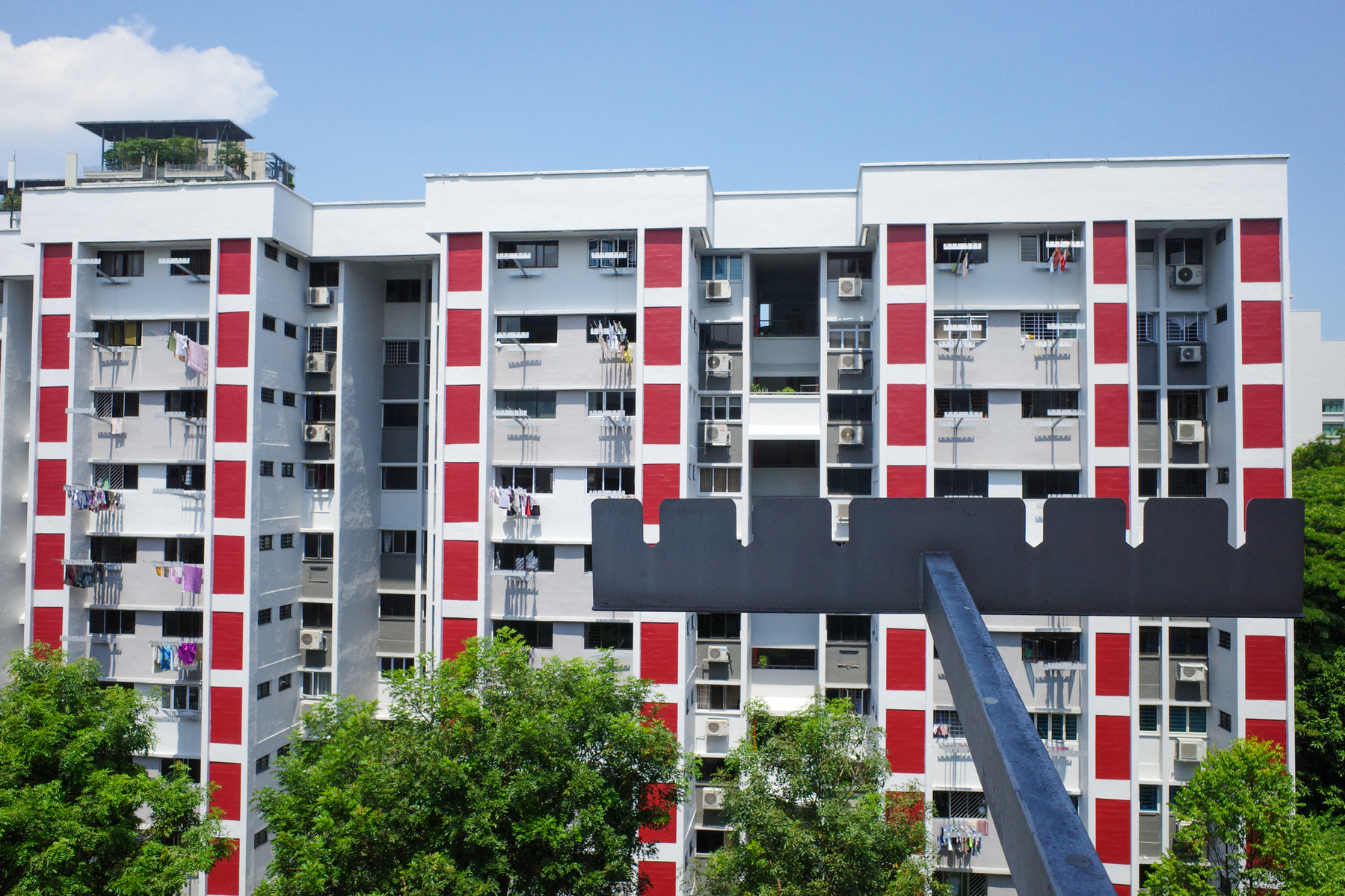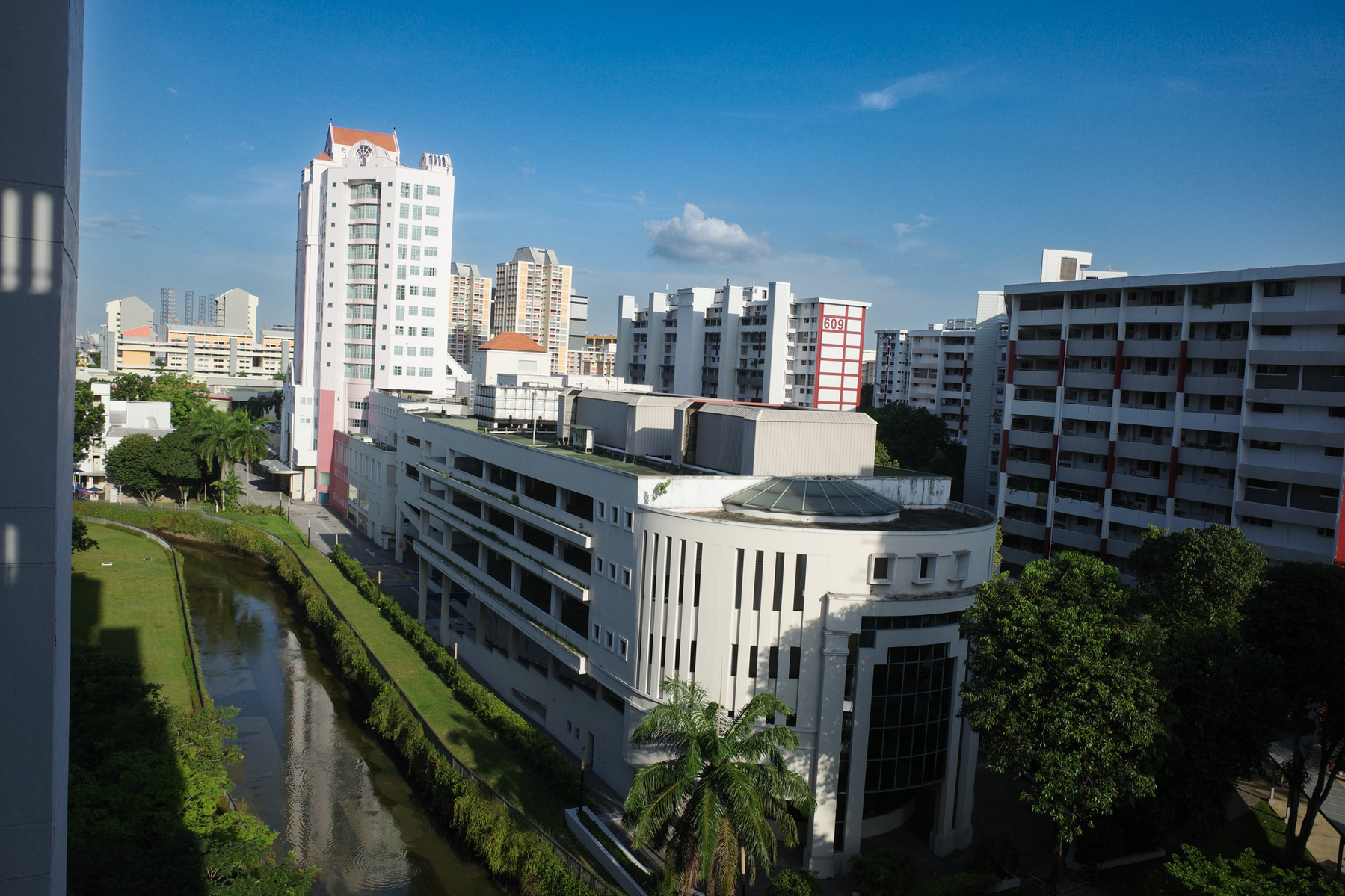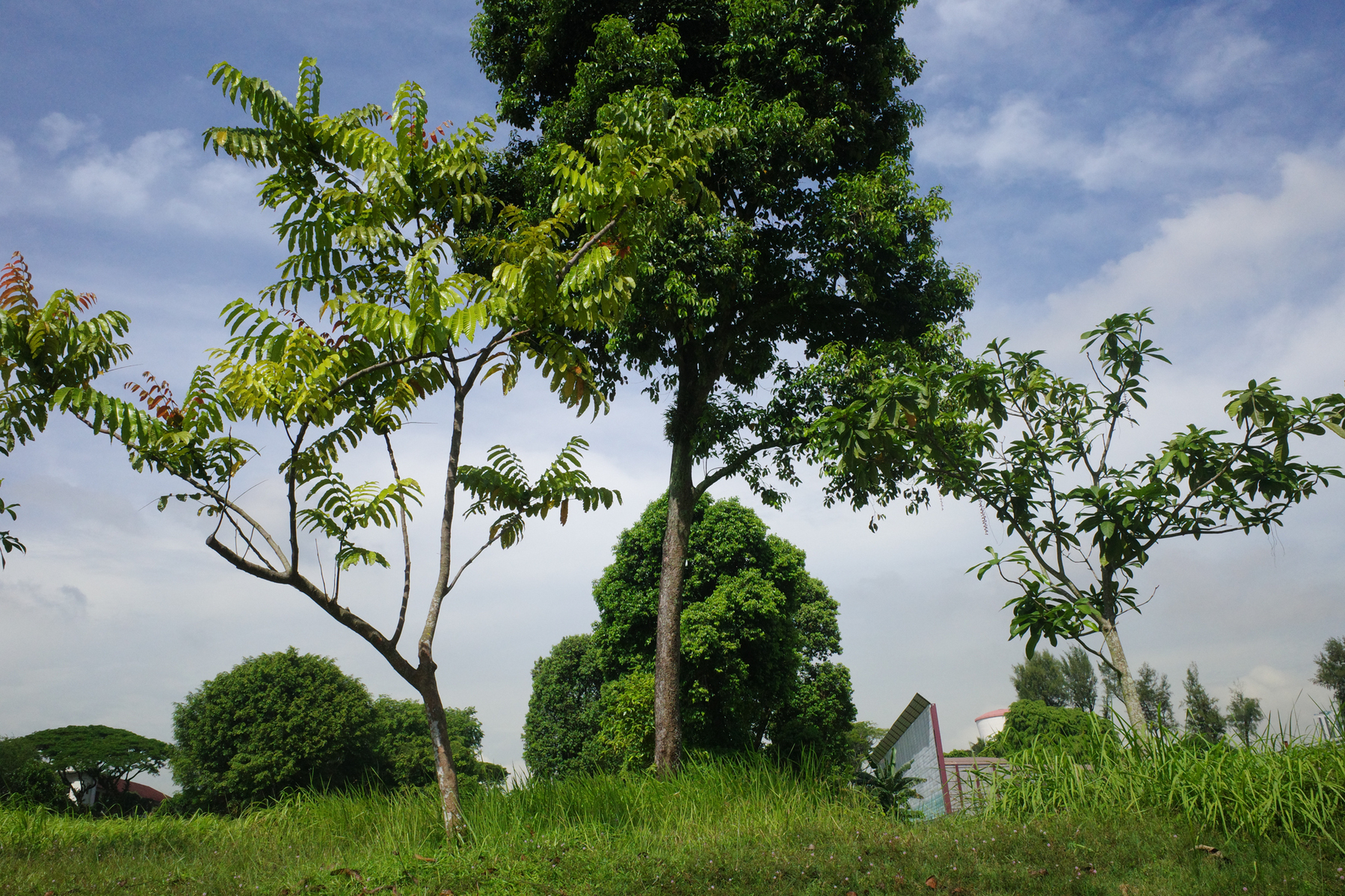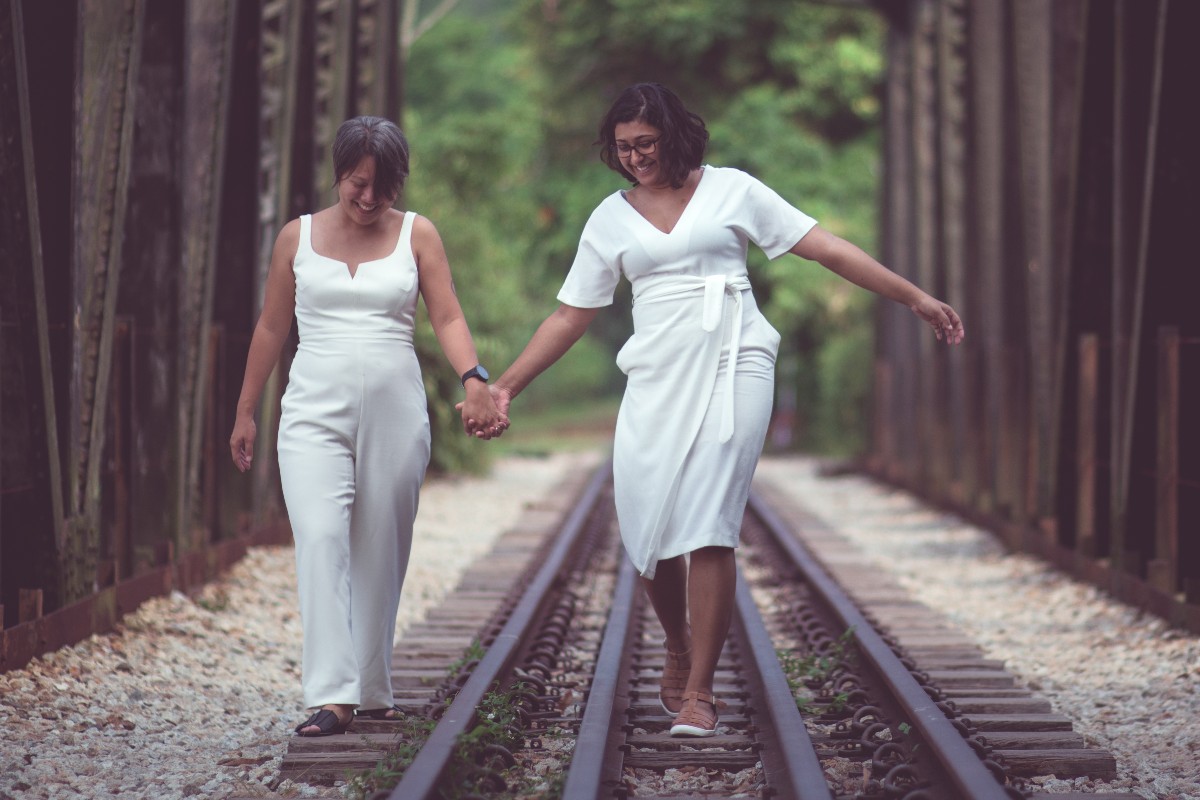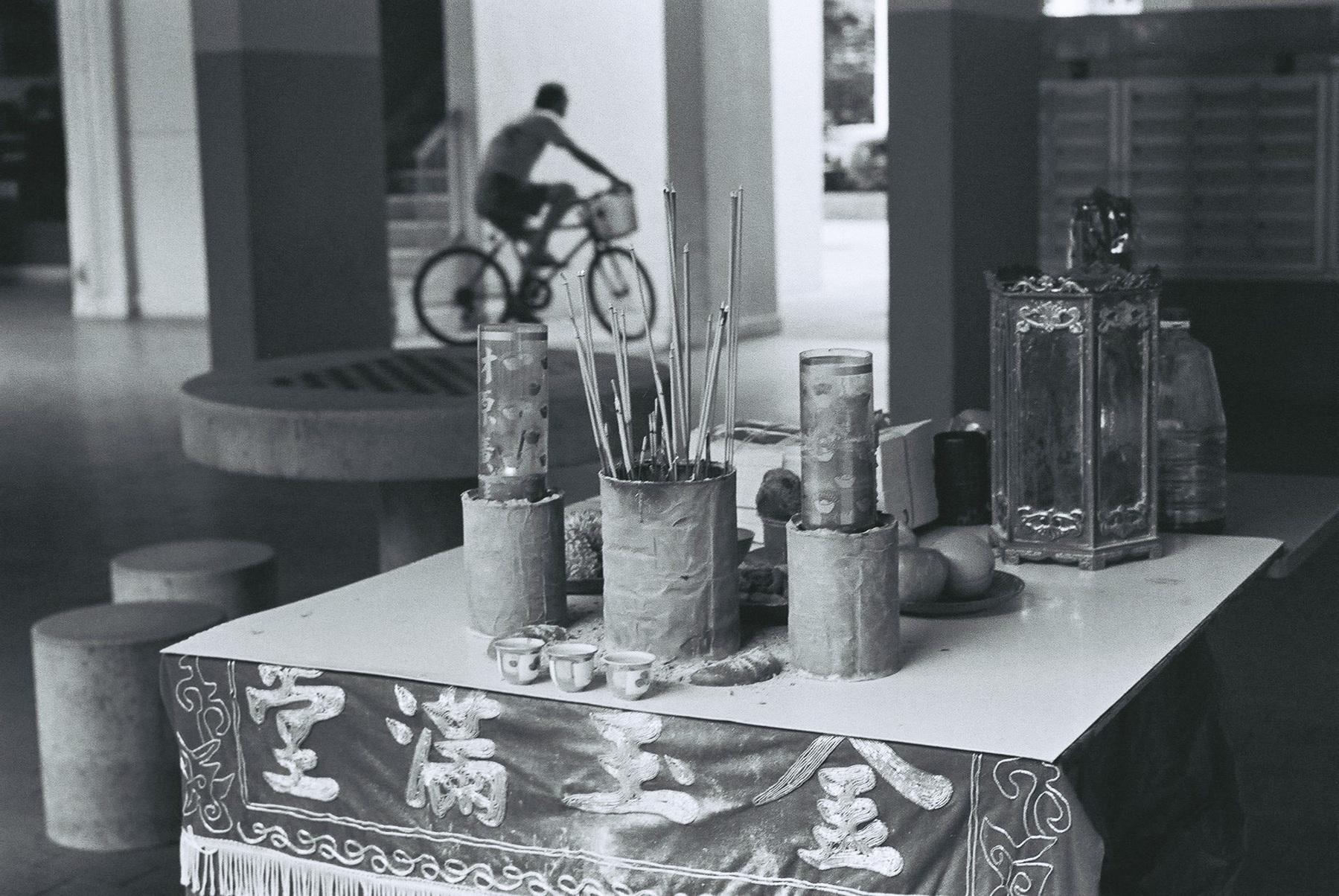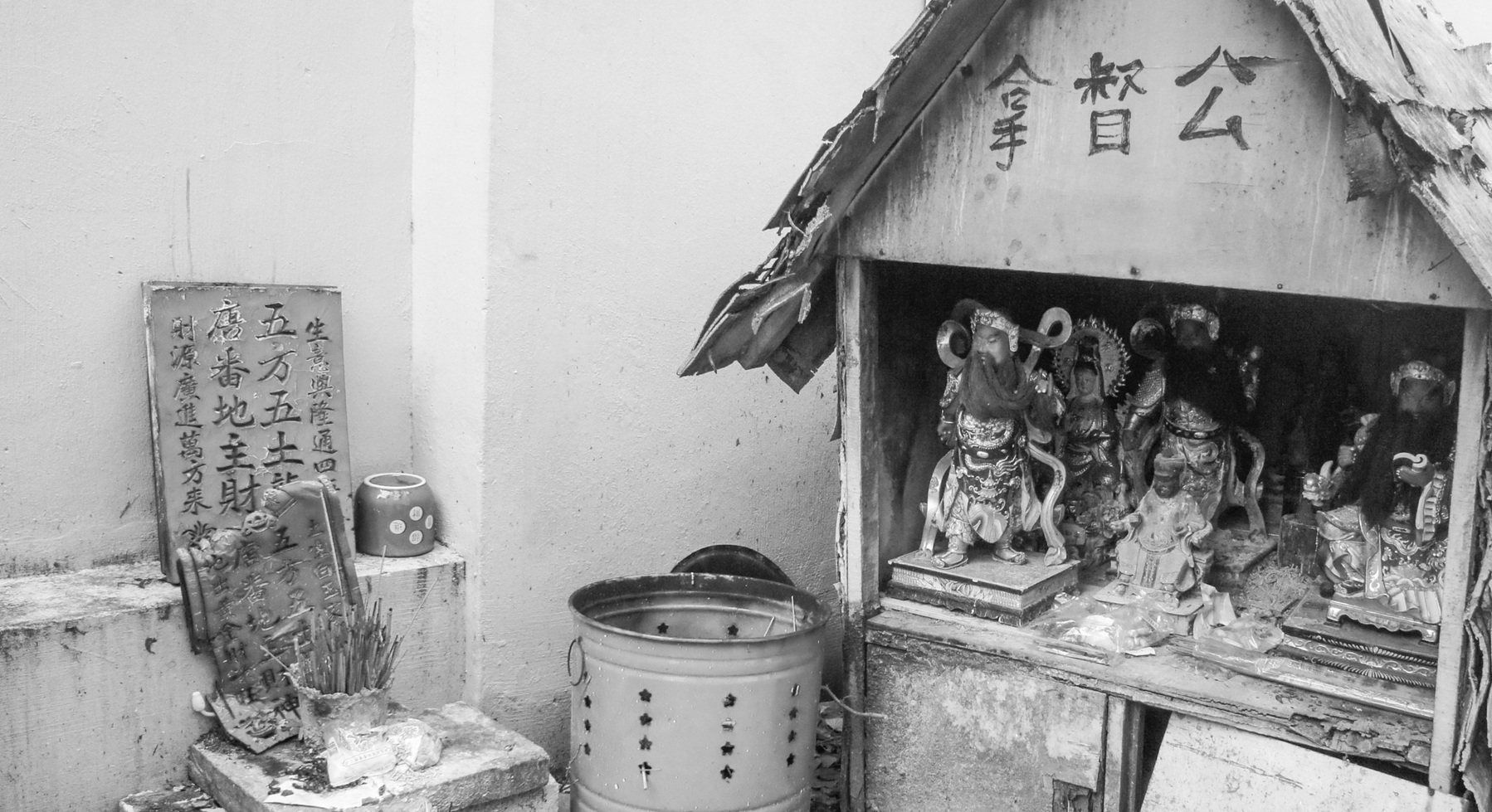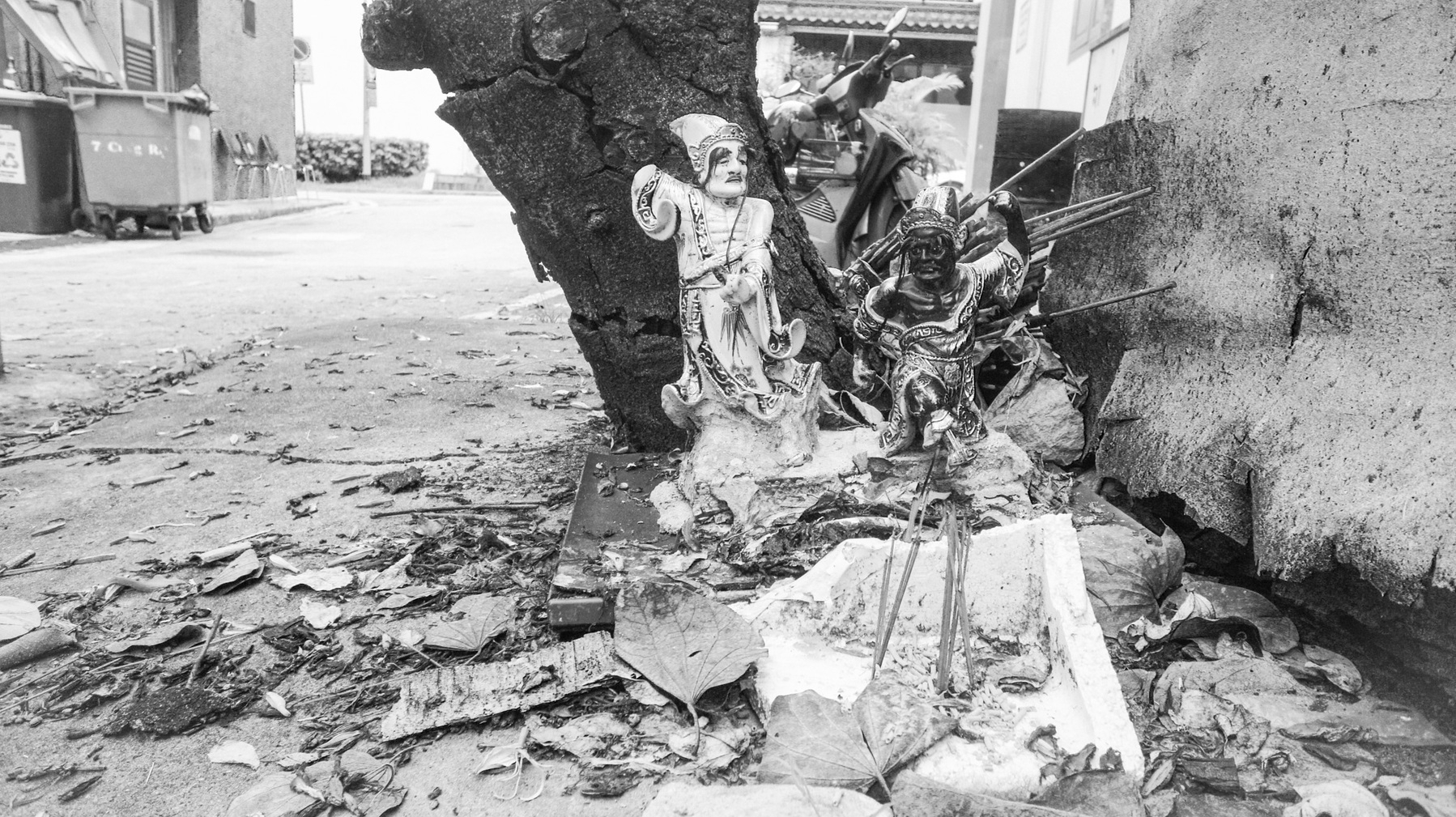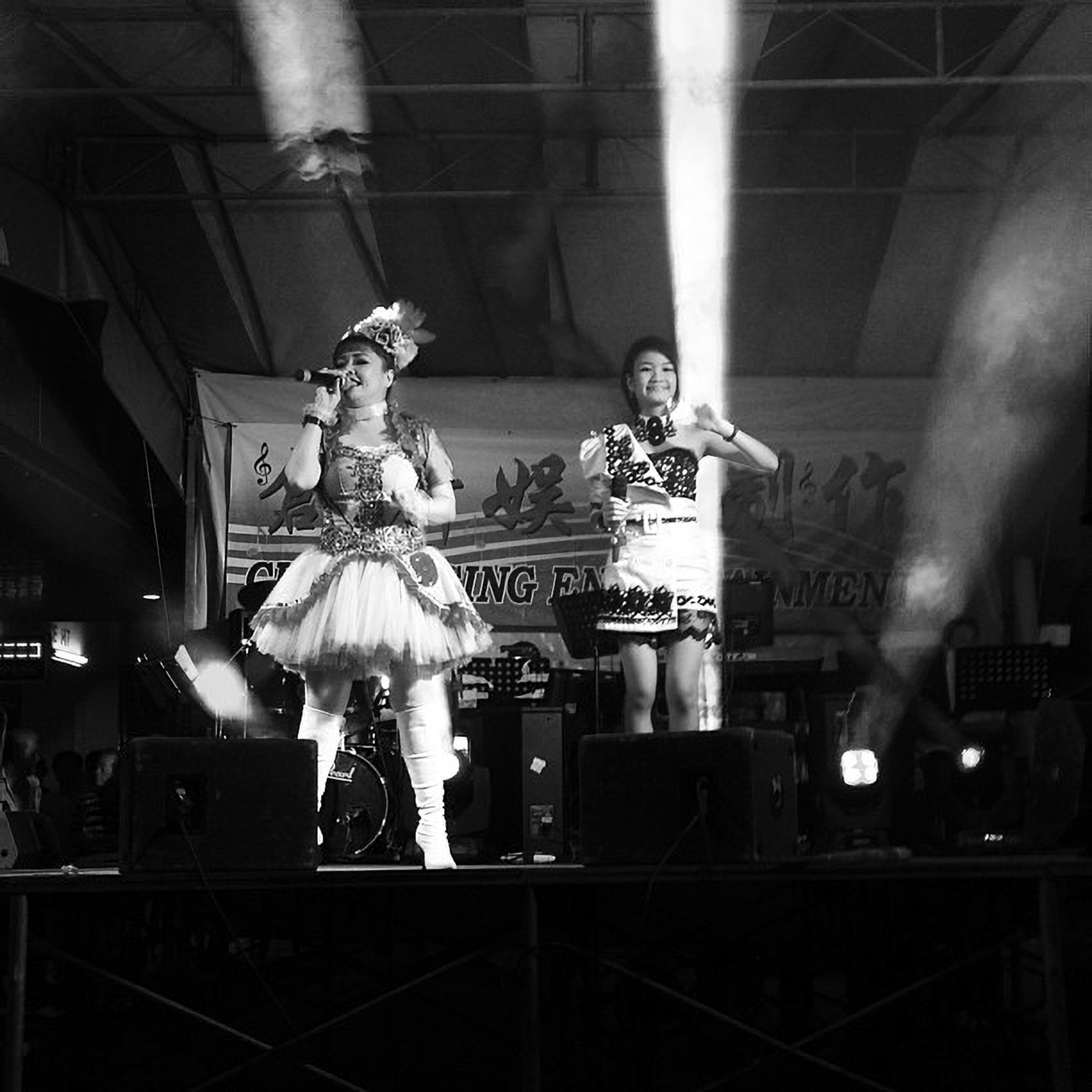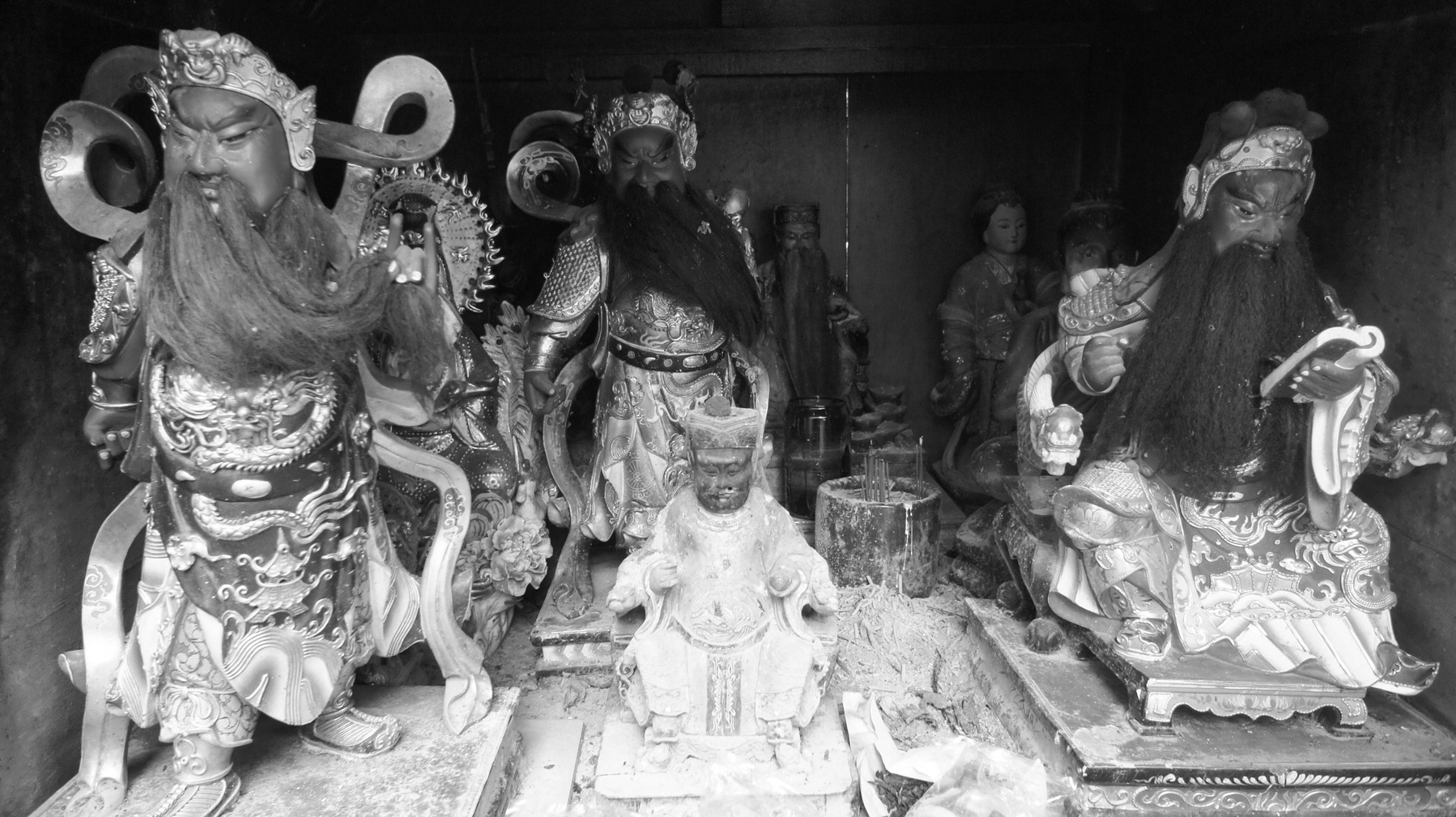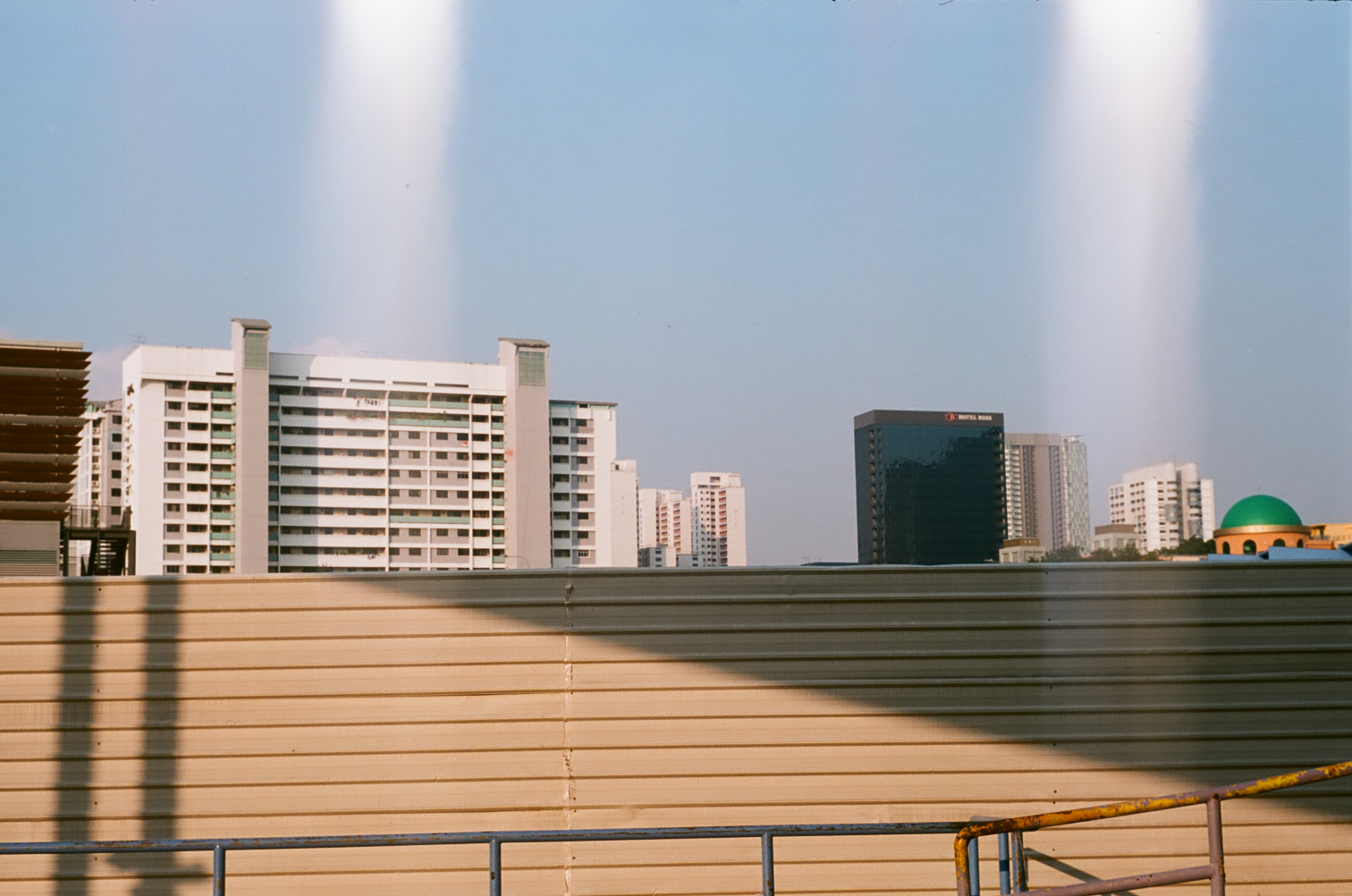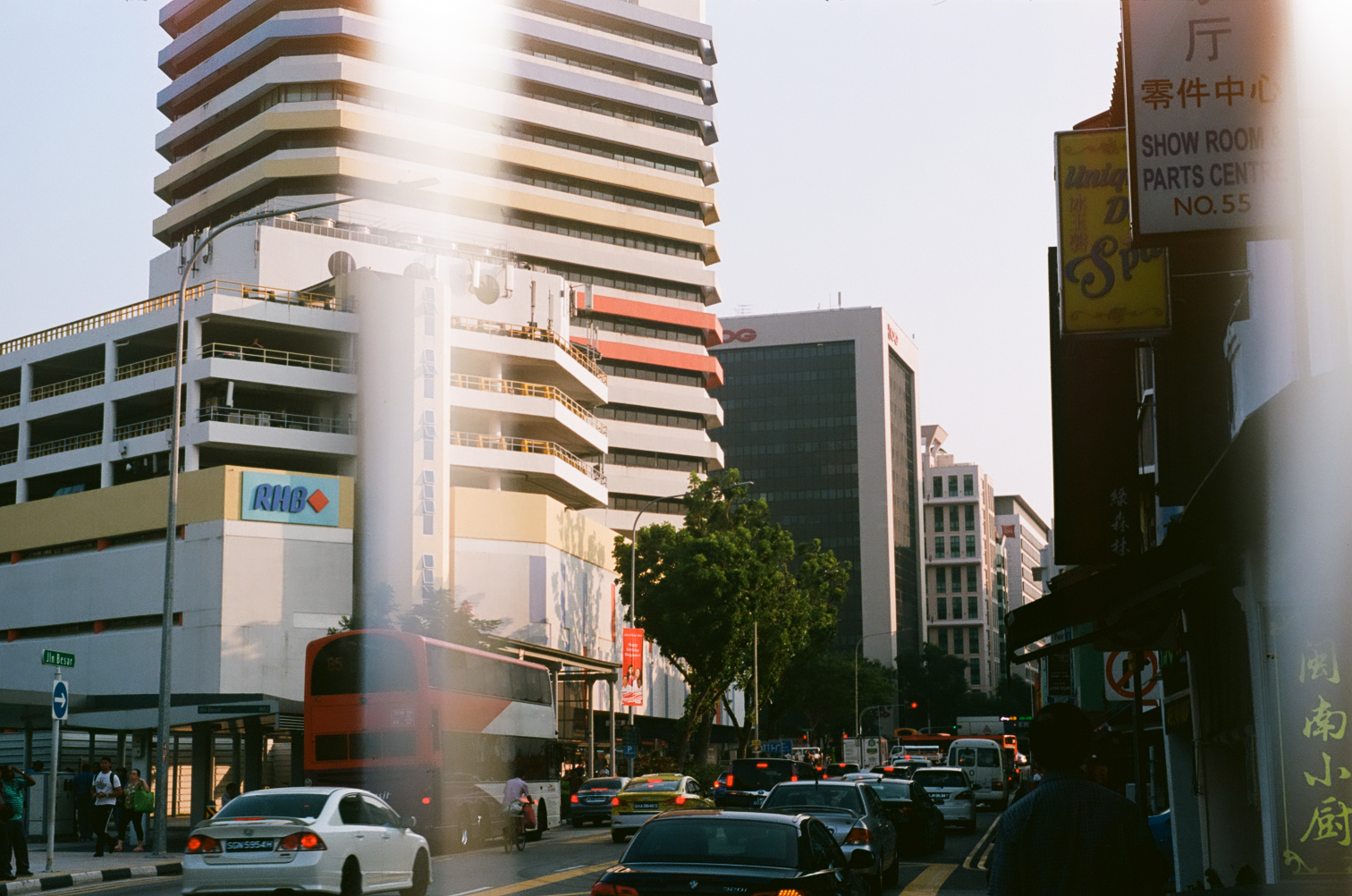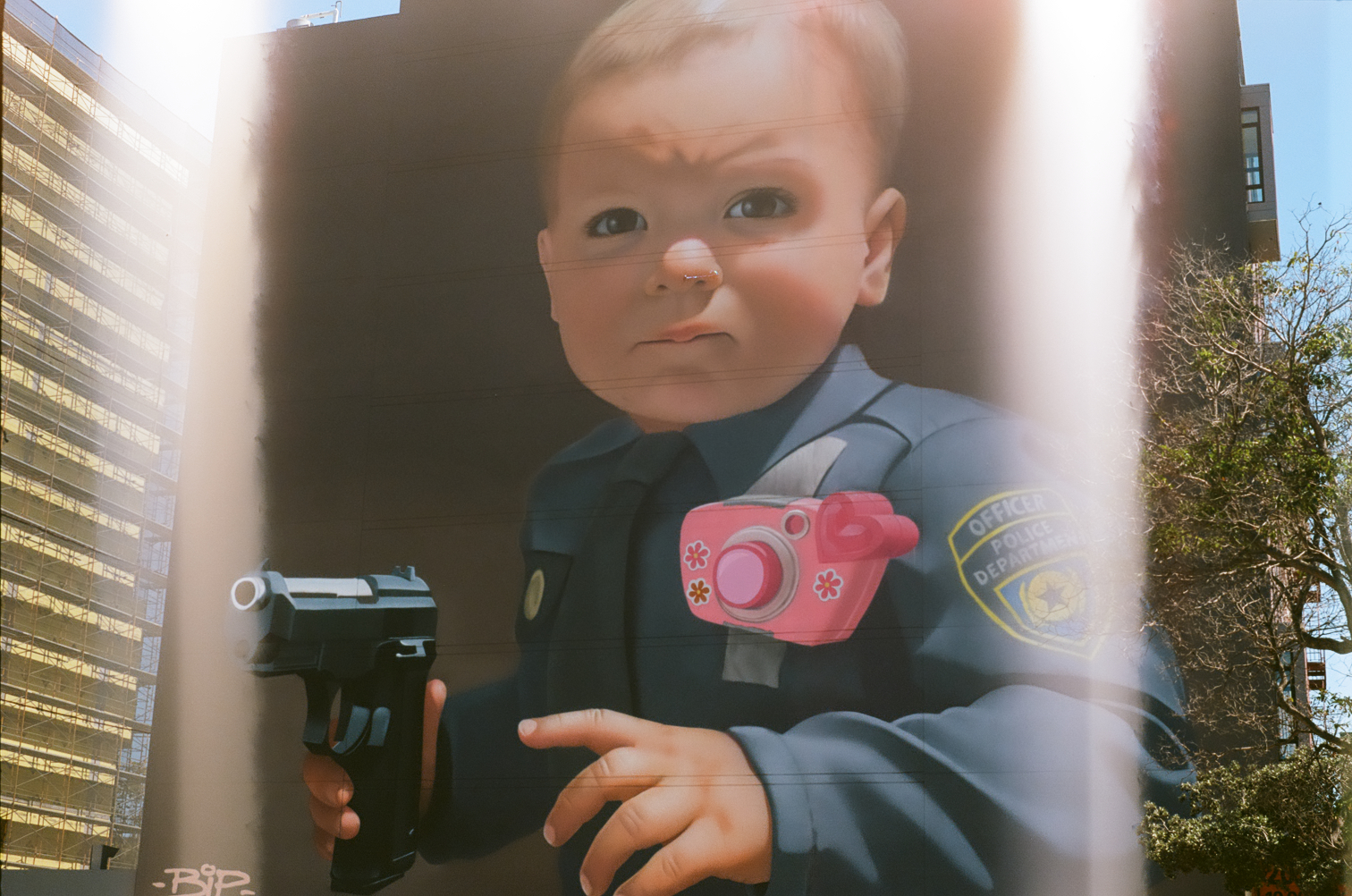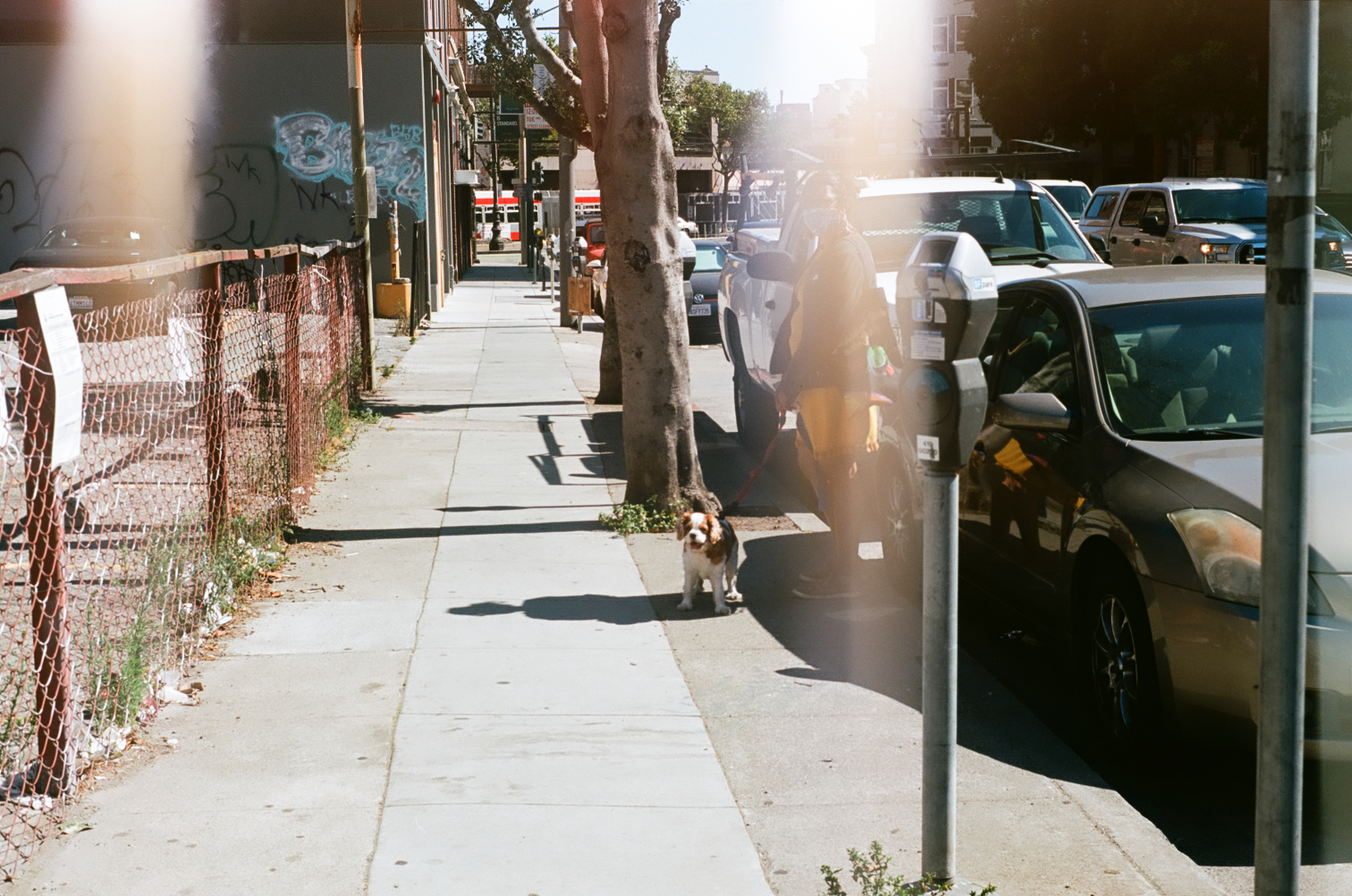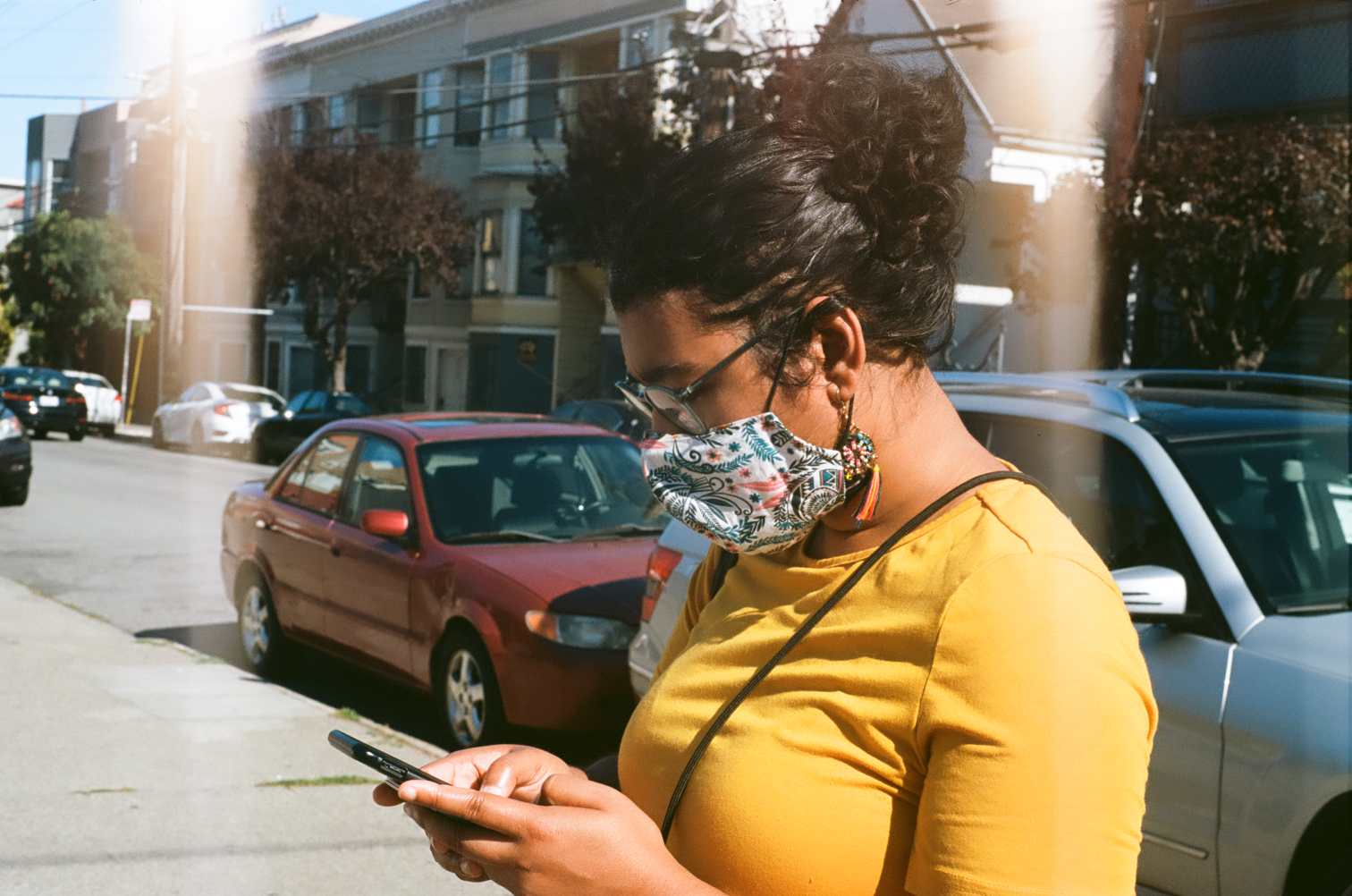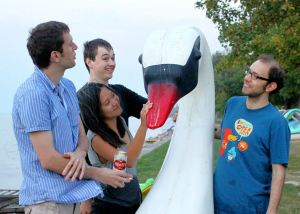Call it what you will - if there are some among us in Singapore who fashion ourselves the conservative majority, the silent majority, the moral majority - that line, and its consequent political implementation, is bound to fail. It is not enough to view what we are currently witnessing as a 'culture war', as 'us vs them', or even as a fundamentalist Christian vs secularism issue within a solely Singaporean prism. We need to view this as an extension of a larger, global struggle for rights on the one hand, and for bigotry masquerading as 'religious liberty' on the other, then be appropriately alarmed by what the future holds if this so-called faith-based oppression of minorities goes unchecked.
Like its theological counterparts in other parts of the world, namely the United States' very own 'pro-family' Moral Majority lobby, our evangelicals' are on a march to frantically reclaim the "family" from the "majority" and the "morality" from the "society" they claim to represent. Unfortunately, our very own culture warriors have neither the numbers to form the majority, nor the authenticity of 'morality' whichever way they swing it. On top of Christians forming no more than 18% of the population, the number of Christians of the fundamentalist stripe is even smaller, making them the minority within the minority. These numbers would not be a question at all if they didn't also try to style themselves as the so-called majority whose 'norms' must be accepted as gospel.
To their minds, the imagined enemies are the "LGBT activists" who apparently have "militant agendas". There are calls across the land by their activist pastors to alternately wage "spiritual warfare", or to wear shirts of a certain colour on one specific weekend each year. Their defence, they claim, lies in how "if the minority fights them, they have to fight back, to defend God / home / family / their children / the future / the moral fabric of society".
It is not necessary to establish who started it (even though there is plenty of evidence contrary to their claims). It is sufficient to merely look at some of the 'demands' by the so-called moral police. What do they want?
- to protect their children - and everyone else's children - from the corrupting influence of books with themes they are uncomfortable with (today: gay penguins and alternative families, tomorrow… anything they feel opposed to as well?)
- to pushback the perceived invasion of 'community norms' by a perceived minority (today: LGBT issues, tomorrow… what minority rights will they oppose?)
- to establish faith-based alternatives to 'controversial topics', such as sex education, often at the expense of scientific proof - look at our abstinence-only sex education, for one
- to reinforce the superiority of the 'majority' and its 'norms'. To date I have not yet heard a definition of what either term refers to. Is it a racial majority? Religious majority? Some conflation thereof of a minority within the racial majority which has the majority of socio-economic-political privileges? A reinforcement of the importance of 'family', hetero-normativity, compulsory heterosexuality, and the necessary rejection of all other narratives which do not fit the One Man One Woman Two and a Half Children and a HDB Flat Grand Singapore Plan?
- above all, they want the State to affirm their special status as heterosexuals whose 'majority' opinion matters; they have always wanted no less than a theocratic state
It is the last demand which is the most worrisome.
Have Dominionists Hijacked the Christian Conversation in Singapore?
Throughout the entire saga the truly terrifying thing has been to hear again and again, the chest-thumping of the so-called majority. I do not know what they stand for, and 'pro-family' is just highly politicised polemics borrowed whole from the American Right, and we all know how well that's gone. They've run the whole gamut from political action (LoveSingapore's 'write to your MP!' circular) to political hijacking (Lawrence Khong's cornering of former Prime Minister, Goh Chok Tong); to the steeplejacking of secular organisations, to religious outfits masquerading as secular organisations providing scientifically dangerous sex education (Liberty League), the concerted effort to remove books from the National Library -as the hypothetical ground is ceded and Singaporeans, they sense, are becoming more secular and liberal, the louder the chest-thumping gets.
Some well-informed and extremely educated detractors of the LGBT movement (including the downright homophobic and bigoted), justify their oppression and discrimination by saying the more rights the LGBT community receives, the fewer rights the people of faith are going to have. Just as the 'pro-family' lobby here imitates their American counterparts as if by mimicry (no surprise, their theology and world view is exactly the same, and imported whole), what we are witnessing here in Singapore is the leap from outright anti-gay lobbying to the sort of political action which tries to define their bigotry as "religious liberty" (just as it happened here). As the cogs of progress turn, there is bound to be widespread panic among the fundamentalists - Jonathan Rauch describes this group in the United States to be gradually turning towards some form of Social Secession, and I think we see some form of this behaviour here in Singapore as well. This frantic pushback arrives in the form of political action to 'take back' these lost rights of theirs, ostensibly by denying others access to any of their own; as well as in the start of an ideological pontification on what it truly means to be religious and to live in the developed world. We can't take lightly the threat that these fundamentalists pose to our secular society: from withdrawing their children from the school system in order to shield them from the evils of the world, now apparently popular among certain types of evangelicals in Singapore, to actual political action in the form of what we have seen Lawrence Khong try to do - the main struggle Singapore faces today, is who gets to decide, especially in a multi-cultural, multi-religious society such as ours?
The difference between privilege and rights is sometimes a tough one to navigate. When those with a lack of rights, such as the LGBT community (or any other less privileged community in the world), asks for more of what they did not have before, it is said that we are infringing upon the rights of the Majority, the Faithful, or some conflation of the two. The erosion of privilege is not the same as the gaining of rights. The latter arrives at some indeterminate point in each developed society's lifespan, eventually, and this is going to be an interesting 'battle' to watch. Some people like to call it the culture wars. That would indicate there are clearly demarcated camps, but there aren't. There are issues we fight over: abortion, sex education, homosexuality, 'alternative parenting'. But who forms either side of the camps?
It is interesting to note that here in Singapore just as it is in the United States, the clear flag-bearers of the culture wars who take it upon themselves to 'sound the trumpet for spiritual warfare' come from very similar religious backgrounds: they are a minority even within their faith. By and large they come from a group of Dominionists who have around the world emerged among mainline Protestantism as a force to be reckoned with - and one with actionable political aspirations. To summarise present day American-influenced evangelical Protestantism, these Dominionists represented by the likes of Lawrence Khong, Derek Hong and every pastor who has ever 'sounded the trumpet', are Biblical literalists with the sort of theological training which might make raise the eyebrows of some classical theologists and Bible scholars and clergymen. There are also those who belong to the "C3" school of thought, yet those groups seem less interested in the struggles of ideology and more keen to see to the financial development of their congregation (and their own coffers). Lawrence Khong's entire crusade - no, his entire ministry - appears to be based on C Peter Wagner's apostolic movement which has severe theocratic overtones. Like his mentor, he believes the faithful are called to 'retake' seven domains, or the Seven Cultural Mountains, with frightening prospects: Arts/Entertainment, Business, Education, Family, Government, Media, Religion. His wife also seems to believe that God sends HIV as punishment because, gays (screenshot here), though Nina Khong has since deleted her post).
What drives the Dominionists to wage crusades in Singapore, of all places, against perceived slights in a supposed Culture War? The Seven Cultural Mountains are supposed to be moved by Dominionist Christians, everywhere they go. Before the arrival of the end times, they are supposed to exert the Church's influence in all of the above-mentioned fields. A cursory glance at some of the key members of the anti-gay Facebook pages suggests affiliations to churches and groups which preach this line of thought. This is important because whenever their assumptions are challenged, they are quick to claim their opponents are anti-God and anti-Christian and otherwise unfaithful heathens, yet nothing can be further from the truth. There is a difference between opposing an entire faith and theology - and opposing a specific cult-like subset of that faith with demonstrably questionable ethics in political arenas. Today their battle is about homosexuality and 'alternative sexuality'. What will it be tomorrow?
It is important for all other types of Christians to be bold in criticising the political overtures of these cultists with political aspirations. Holding your tongue from politeness, reserving your judgement until it affects you - all of those approaches only serve to distrust your religious moderation, and play into the camps of those who would claim your faith. Even if it does not affect you on a personal level - think about what this means for your faith. Even if you are unsure of where you stand theologically on homosexuality, think about what you feel about using the name of your God to justify the propagation of hatred. You can call that out, at the least.
The Myth of the Rich Gay
Underneath all of this, I suspect there is a strain of homophobia and ignorance entwined with class envy.
A quick scan of the 'debates' people are currently having on the actively anti-gay Facebook pages and groups set up to fight against Pink Dot / propagate the wearing of the shirts of the colour white / establish solidarity against penguin- themed library books, shows a train of thought arise time and again: gays have it good. Gays are rich. Gays go to the gym. Gays are promiscuous. Gays drink. Gays don't have the responsibility of a wife and two kids and family to look after. Gays can do anything they want (because they have money, education and are affluent).
Not only is that line of thinking untrue, it's also dangerous (and somewhat patriarchal). I've also heard some politicians remark, privately, that they don't have to do anything to 'fix housing for gay people because they are rich enough to buy condominiums so they're OK'. Caricatures cannot and should not affect policy-making,
No doubt these people have barely met any real LGBT people, and have believed that the only group that is visible to them - caricatures of limp-wristed and/or well-toned gym-going gay men - are the only ones they are waving their flags against. Not the overweight butch with an over-sized shirt who was beaten up by a group of men for just walking down a street and offending their masculinity by holding her girlfriend's hand. Not the trans-man who lives in fear of being 'found out' when he uses the men's toilet, no matter how long it's been since surgery. Not the straight-acting gay man who hides a part of his identity from a large number of his social contacts and family, because they will never understand and coming out takes just too much courage, something he doesn't have at the moment but may have in the near future. Not the twenty-something year old young man who secretly wants to become a woman, but doesn't fit the bill of someone you would think wants to become a woman (he loves playing football, barbecues and makeup - at the same time). Not the majority of everyone on the LGBTQ spectrum - lesbian, gay, bi, trans, queer, and un-categorizable - who are really just regular people living in Singapore who have to fight to get ahead at work and in life, find someone incredible to spend their lives with, make decisions on whether they should live 'at home' or 'move out' and struggle to make rent if it's the latter. Sometimes, they even go to the church (or the mosque). And they love your God every bit as much as you do.
Discrimination vs 'Religious Liberty'
I keep coming back to this.
Whenever I read a stupid internet comment saying, 'but gay people are not discriminated against', what am I supposed to feel?
Am I supposed to feel like we've taken one step forward and two steps back, that when companies like Goldman Sachs and Barclays have openly affirmative policies, bigots perceive it to be discrimination against… them?
Am I supposed to feel that as a tax-paying citizen of this country, my value is not worth quite as much as a heterosexual version of myself?
Am I supposed to feel sorry that when I have children in the near future, I don't know what kinds of books people want to keep my own children from - and I don't know what these people would do to them? (Will my children be bullied by intolerant classmates bred by intolerant parents, the kind that tell their kids it is okay to laugh at their classmates who have no fathers?)
There is an underlying rhetoric among the anti-gay lobby: do not rub your sexuality in our faces, and we will not hate you.
On paper, that sounds like a reasonable request. In practice, not only is it not practical, it is also unfair. It is this line of thinking which leads to uproar over openly gay football players kissing their boyfriends (like in the case of NFL player, Michael Sam). Apparently, kissing our partners in a public manner is just too much 'rubbing in your faces', even if heterosexual sporting stars do that all the time. We're also supposed to not host picnics like Pink Dot, because when 26 000 people of varying sexual orientations show up, it means we are being disrespectful to society's norms. As a woman, all of these requests for 'civility' and 'respect' make me nauseous - it is these same requests which dictate that women should never be heard unless she is being respectful, womanly and 'nice enough'. Nobody would ever make that request of someone in a position of any privilege.
Every single day I read the newspapers, the Internet comments, the commentary on all of these topics, and I sigh a little.
The Media Development Authority of Singapore would rather reject a comic book because its eponymous character has a gay best friend who had a gay wedding; ignoring completely that said character had performed a valiant act also to save his best friend from assassination.
The National Library Board, in its flip-flop over gay penguins, sends the message that stories about love take the backseat to the sexualities and identities of who exactly is doing the loving - be it adopted families or gay families.
You can defend your homophobia as much as you like, even pulling the "but I have a gay friend / sibling / relative" card, but at the end of the day know this: your gay friend / sibling / relative has to withhold an important part of who he or she is from you, and you will never truly know him or her - not until you demonstrate a willingness to accept their whole identities (which isn't necessarily the same thing as accepting their sexual expression, though that ought to be a natural progression in any form of acceptance).
According to Singapore mainstream media, we're never just gay, we are "The Gays" and "A Gay". We lead a "gay lifestyle". Today, my gay lifestyle involved waking up too early, kissing my gay girlfriend (thankfully she's gay) goodbye, and boarding my gay plane to go do my gay work to eke out a gay living just like everyone else, gay or not.
I was brought up within a Dominionist church environment, which is why I think I speak out so harshly against it. I refuse to let both my faith and my person be usurped; and most of all I refuse to stand idly by while my secular country is being assaulted by people who claim to speak for the majority.
Sometimes, I ask myself why I live here. I think of all the times I have met gay and lesbian Singaporean couples who have said their farewells to Singapore, not because they wanted to leave, but because they are never going to be able to lead a life they want for themselves. In a way, the bigots are right - we can lead a mostly unrestricted life, which can be comfortable, even meaningful. Yet think about this for a second: what kind of life is it if all you can aspire towards is some form of co-habitation, and a life full of legal grey areas in everything from property to taxes to children? Whenever I speak to these gay Singaporeans abroad, who had tried so hard to make a life for themselves in New York or Stockholm or anywhere the liberal winds blow, there is always a tinge of sadness. If only.
As I get closer to the age where the thoughts of joint ownership of pets and property invade your mind, I too am worried. My gay lifestyle surely does not fit in here; it goes contrary to the 'community norms'. I am worried that we will never take a strong stand against those who wish to impose their values on the rest of us. I am worried that my children will never get to read a book about themselves in their national library. I am worried that the trumpets sounded by those who are quick to claim 'religious liberty' and trample upon the downtrodden, without ever once ceding any of their privileges, will sound louder than the trumpets that sound for justice and equality, as our pledge says.
That as we reinvent ourselves a nation at 50, we will all have planks in our eyes while decrying the splinters in others' shortcomings - yet what room is there for debate when one camp sees itself as the divinely appointed?
As the country turns 50 next year, I turn 30 - significant milestones for country and individual. Everyday I try to do my part in the struggle for justice, in the way I know how - through technology and social activism. Everyday I ask myself why I live here.
I have to remind myself that I am here because this is home, and that if we don't stand up to the theocrats, they will be pose a greater threat than any threats of the militant variety. In the struggle for Singapore's next fifty years, it is time to draw a line in the sand and to stand up for secularism, now more than ever. As the global debate on social issues shifts and fundamentalists, of any religion, attempt to shape their concerns as issues of 'religious liberty', it is important to note this: when minorities, whether sexual, racial, ethnic or otherwise, receive more rights, it does not in any way take away from the rights of the so-called 'majority' - those are privileges. If spirited arguments are going to be had on these topics, at least have the gumption to call it what it is: a privilege you are trying to defend, by the majority, for the majority. Then substitute "LGBT" for anything else - women, Muslims, migrant workers - and see how much water that holds.
It's often said that Singapore's next fifty years is going to be an interesting battle, and I agree. Bring out the knuckle-dusters, as the old man would say.
